Anti-Aging Foods That Support Strong Bones
Want to feel strong, agile, and vibrant for years to come? Forget chasing fleeting youth – true vitality starts from within, built on a foundation of strong, healthy bones. The amazing news? Your kitchen holds powerful secrets to fortifying that framework! We've moved beyond basic advice and expanded our list of incredible anti-aging foods specifically chosen to strengthen your skeleton and rejuvenate your body naturally. Discover how these delicious, nutrient-packed powerhouses can help you defy age, boost longevity, and keep you moving gracefully through every stage of life. Get ready to nourish your way to stronger bones and lasting youthfulness!
1. Kale — The Role of Calcium-Rich Foods
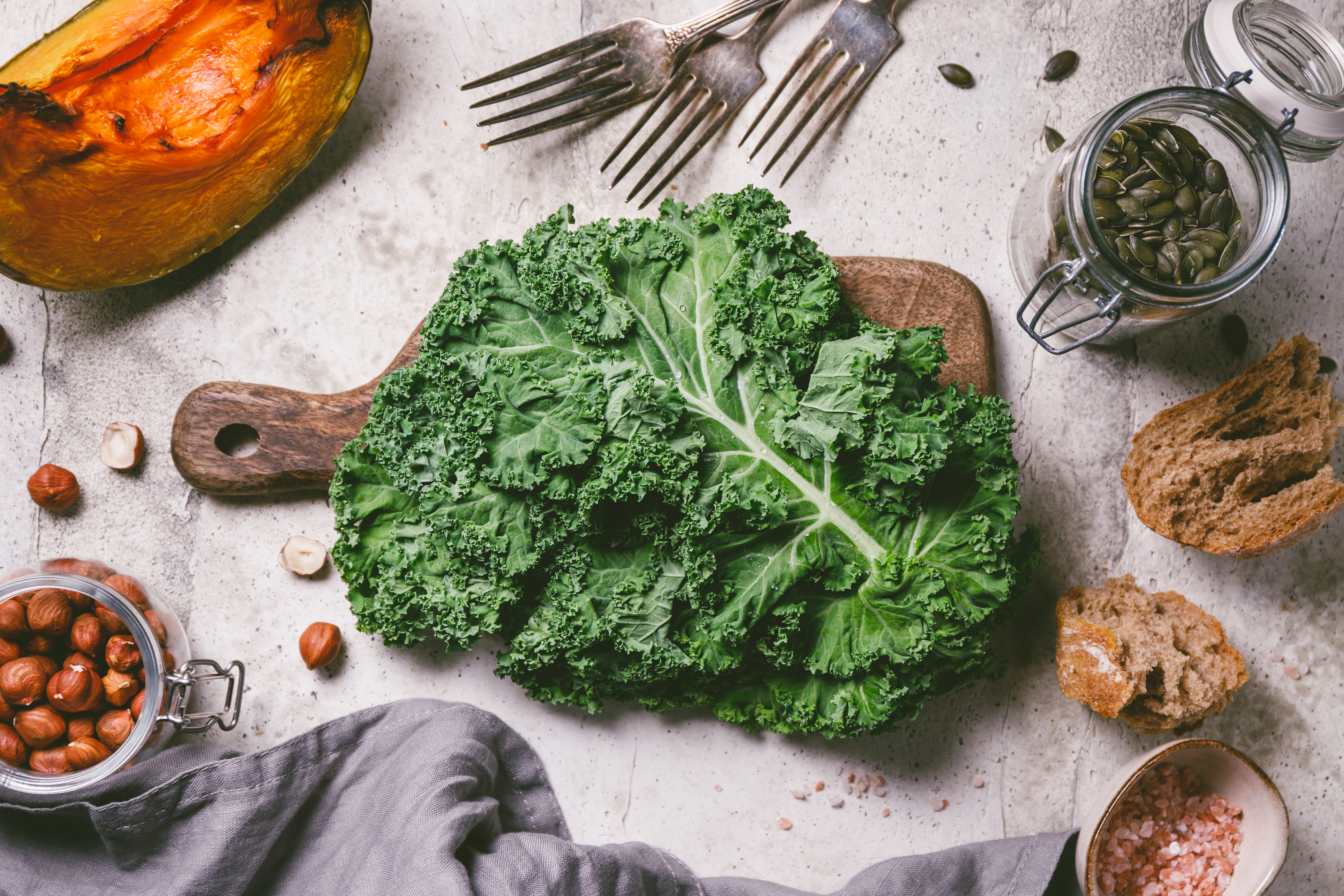
Calcium is the most abundant mineral in the body, essential for maintaining strong bones and teeth. It is crucial for bone development during childhood and adolescence, and its importance continues as we age. Dairy products like milk, cheese, and yogurt are traditional sources of calcium, but for those who are lactose intolerant or prefer plant-based options, there are numerous alternatives. Leafy greens such as kale, broccoli, and bok choy offer substantial calcium content.
2. Sardines — Harnessing the Power of Vitamin D
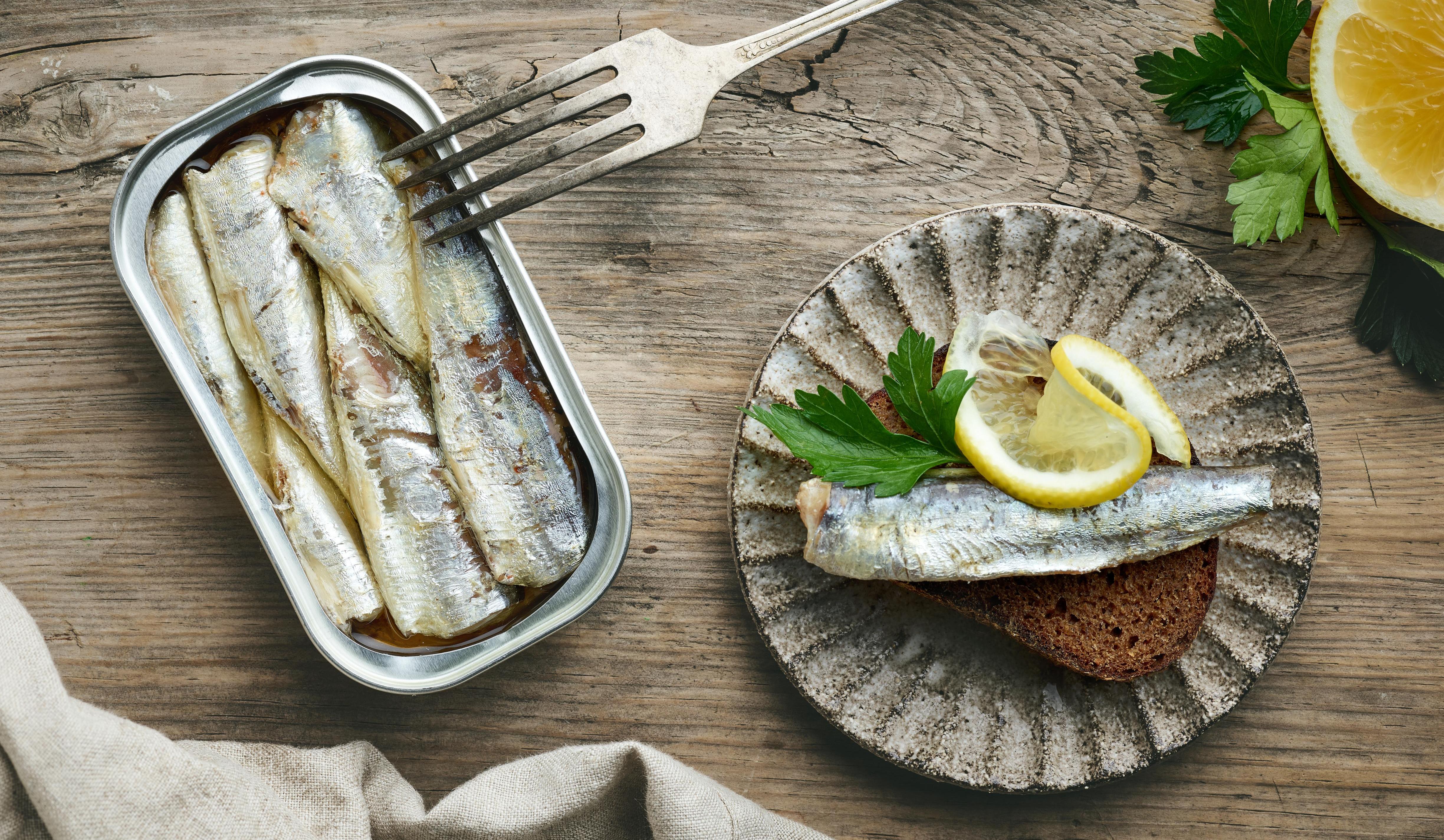
Vitamin D is often referred to as the "sunshine vitamin" because it is synthesized in the skin in response to sunlight. It plays a pivotal role in bone health by aiding the absorption of calcium. Without sufficient vitamin D, bones can become thin, brittle, or misshapen. Foods rich in vitamin D include fatty fish like salmon, mackerel, and sardines, as well as egg yolks and fortified foods. For those with limited sun exposure, vitamin D supplements can be an effective alternative.
3. Pumpkin Seeds — The Importance of Magnesium
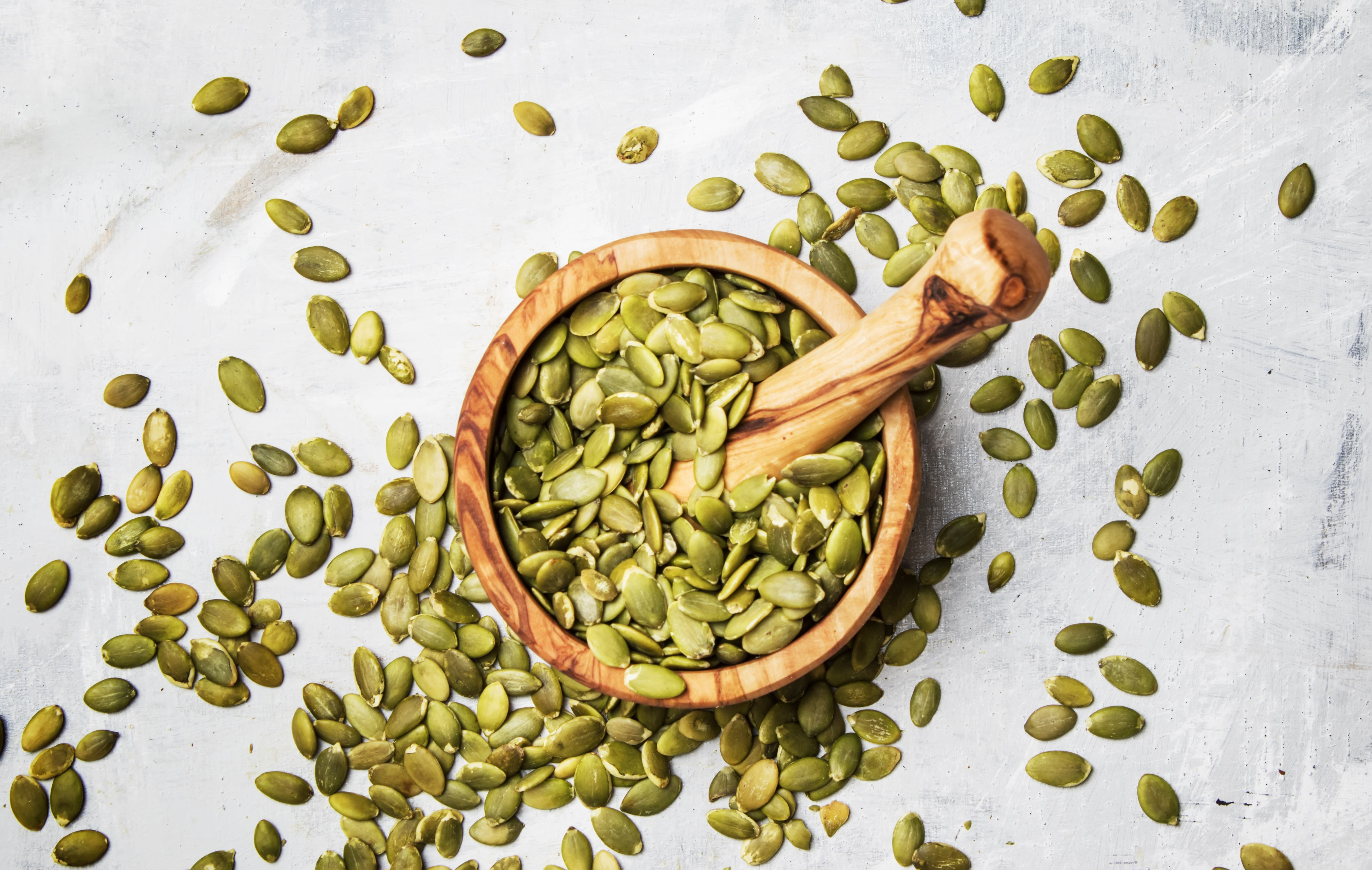
Magnesium is a vital mineral involved in over 300 biochemical reactions in the body, including bone formation. It works in tandem with calcium to support bone density and strength. Foods rich in magnesium include nuts, seeds, whole grains, and leafy green vegetables. Almonds, cashews, and pumpkin seeds are excellent sources, as are spinach and Swiss chard.
4. Natto — The Benefits of Vitamin K2
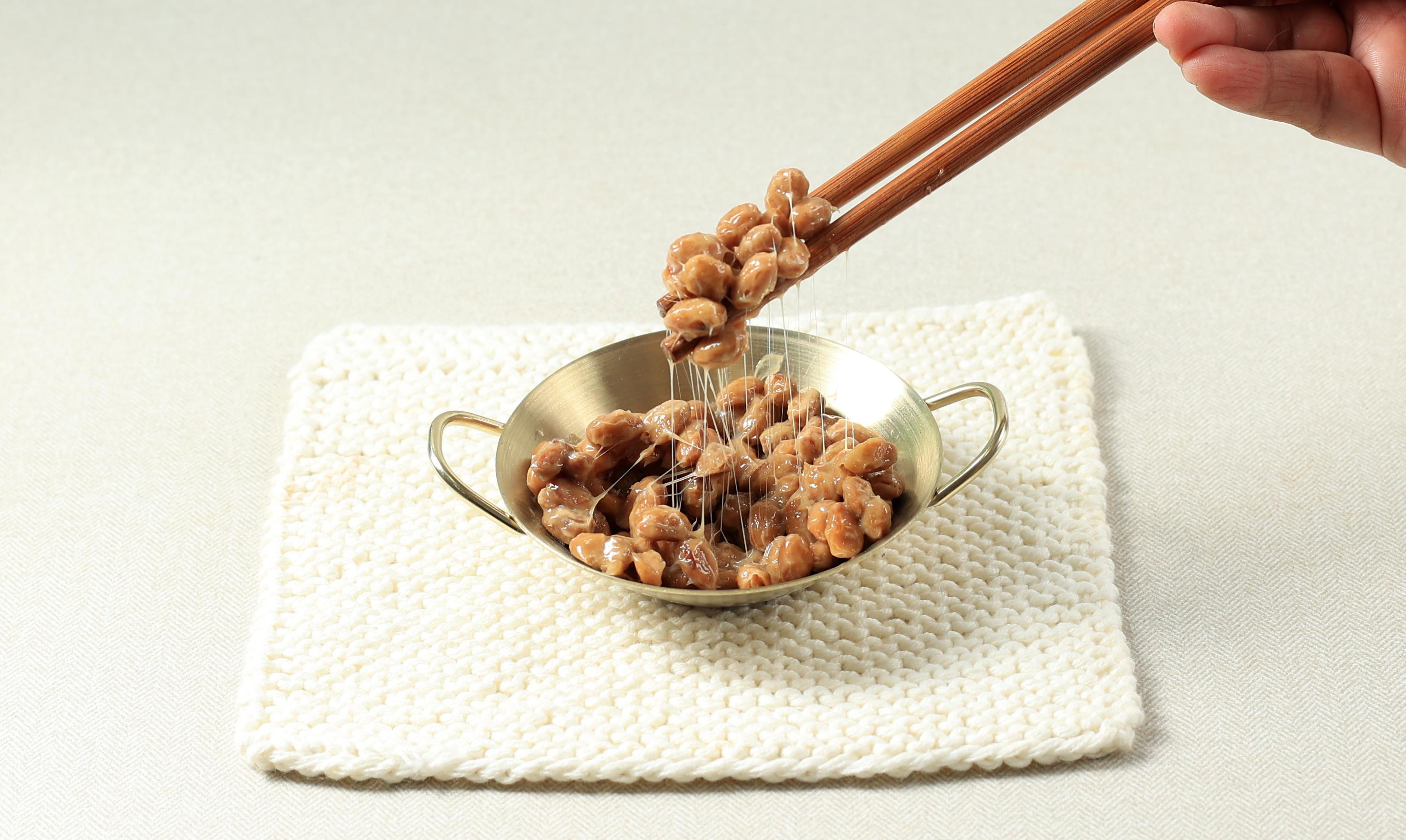
Vitamin K2 is a lesser-known nutrient that plays a crucial role in bone health. It helps regulate calcium deposition in the bones and teeth, preventing it from accumulating in the arteries and soft tissues. This process is vital for maintaining bone density and reducing the risk of osteoporosis. Vitamin K2 is found in fermented foods such as natto, a traditional Japanese dish made from fermented soybeans, as well as in cheese and egg yolks.
5. Oysters — Zinc and Bone Health
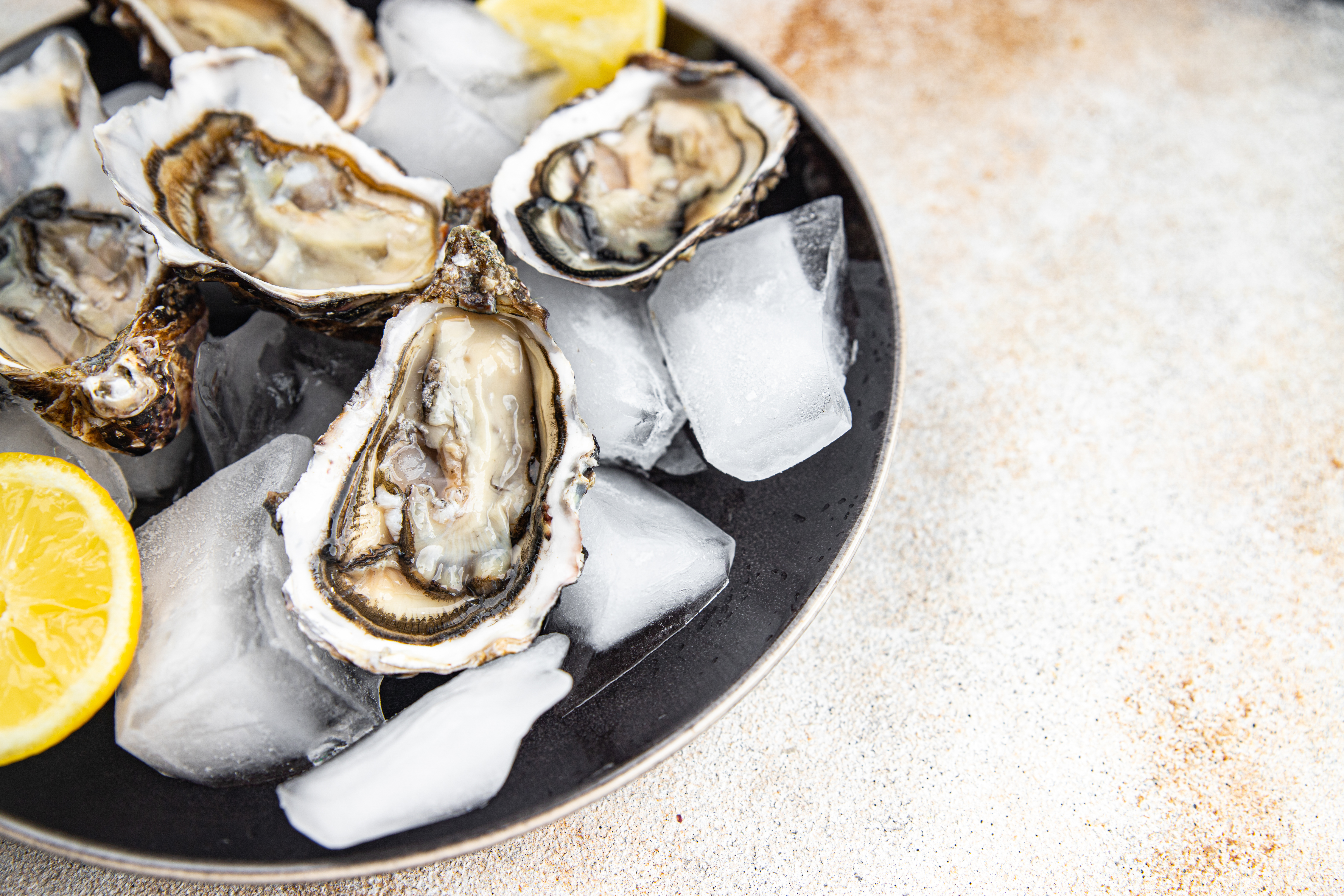
Zinc is an essential trace mineral that plays a significant role in bone formation and maintenance. It is involved in the synthesis of collagen, a protein that provides structure to bones and connective tissues. Zinc also supports the immune system and aids in wound healing. Foods rich in zinc include meat, shellfish, legumes, seeds, and nuts. Oysters are particularly high in zinc, as are pumpkin seeds and lentils.
6. Salmon — The Role of Omega-3 Fatty Acids
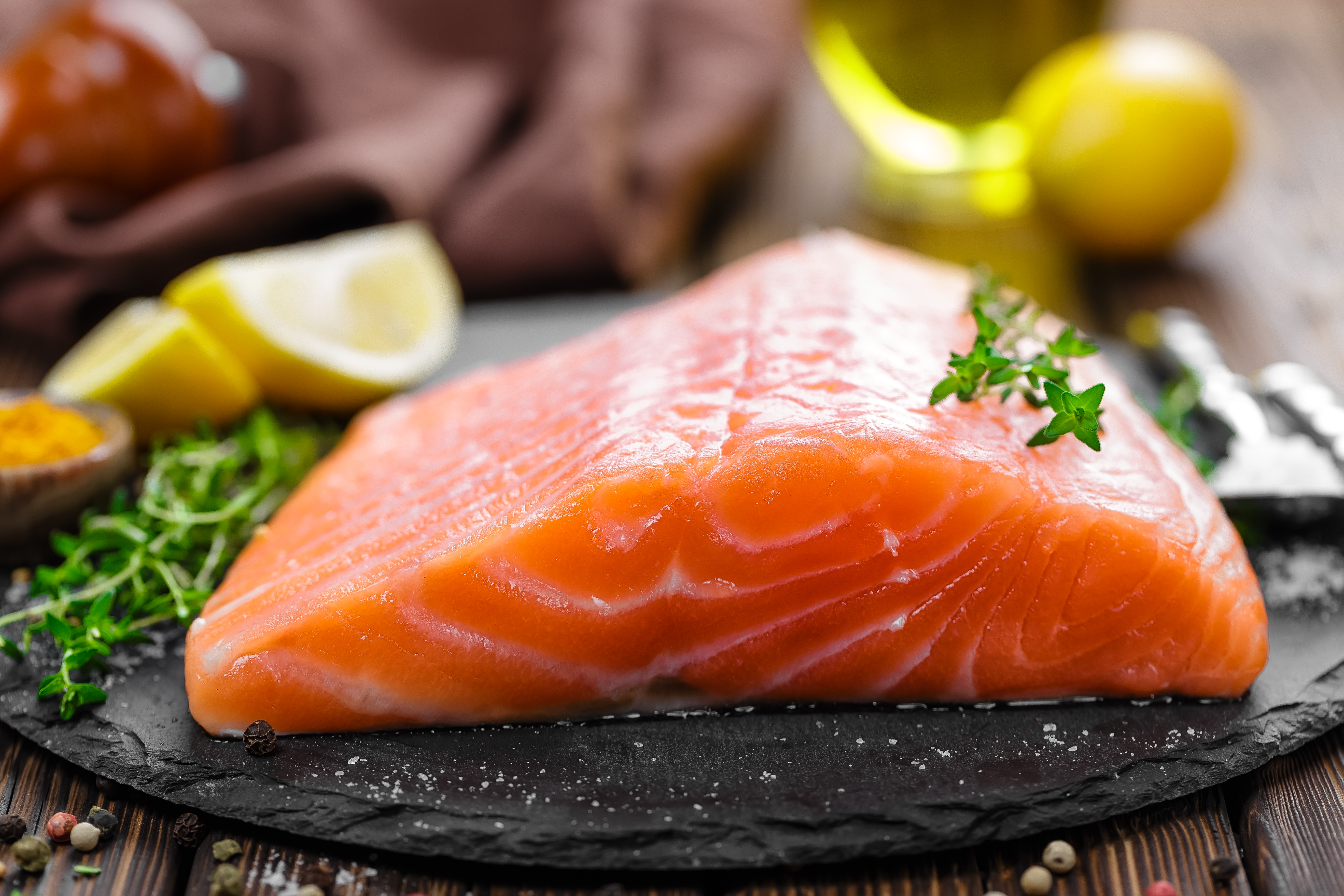
Omega-3 fatty acids are renowned for their anti-inflammatory properties and their role in promoting heart health. However, they also play a significant role in bone health. Omega-3s help reduce inflammation, which can contribute to bone loss and osteoporosis. Foods rich in omega-3s include fatty fish such as salmon, mackerel, and sardines, as well as flaxseeds, chia seeds, and walnuts.
7. Blueberries — The Power of Antioxidants
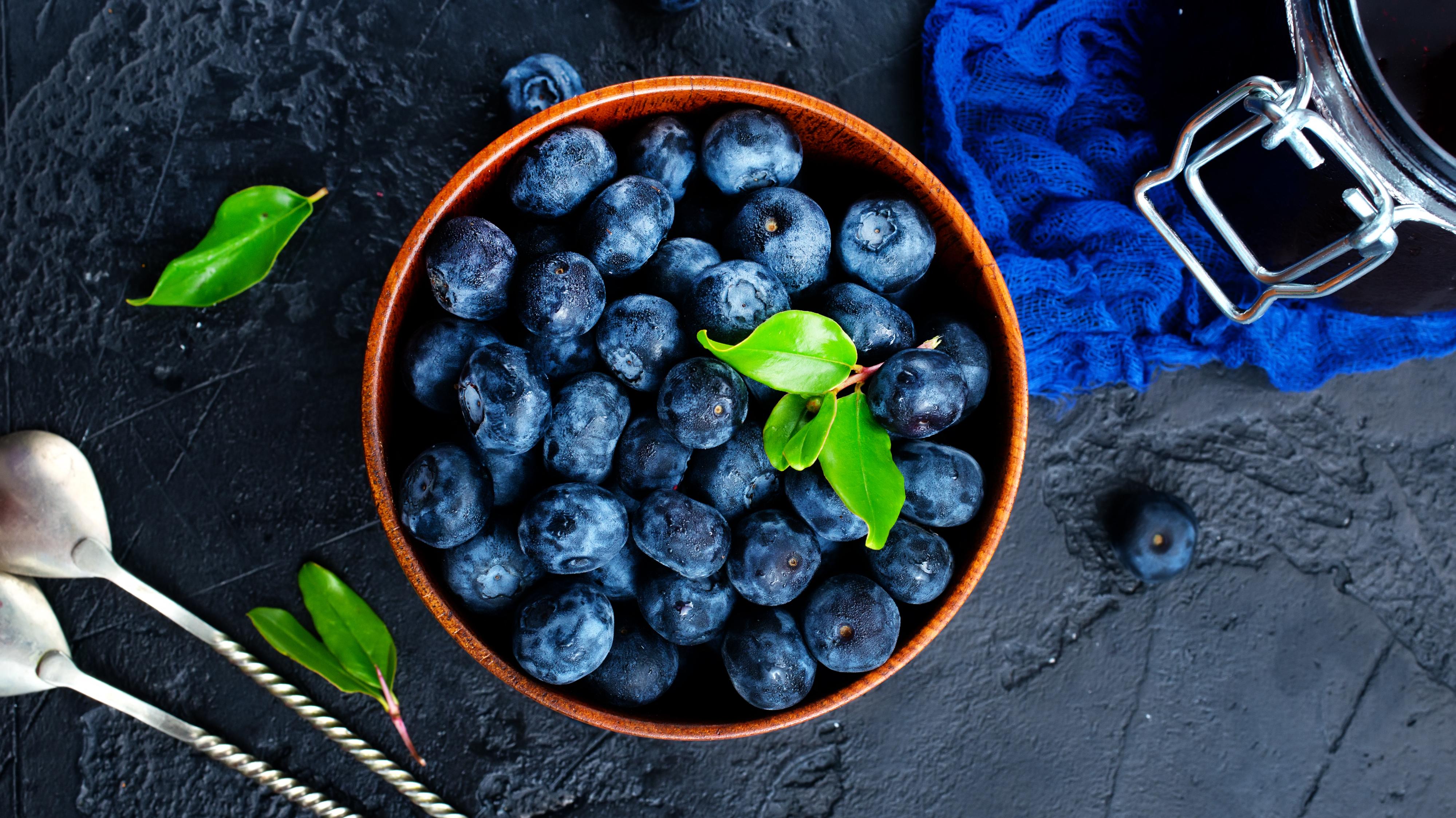
Antioxidants are compounds that protect the body from oxidative stress, a process that can damage cells and contribute to aging. They play a crucial role in maintaining bone health by reducing inflammation and supporting the body's natural repair processes. Foods rich in antioxidants include berries, dark chocolate, nuts, and green tea.
8. Turkey — The Benefits of Lean Protein
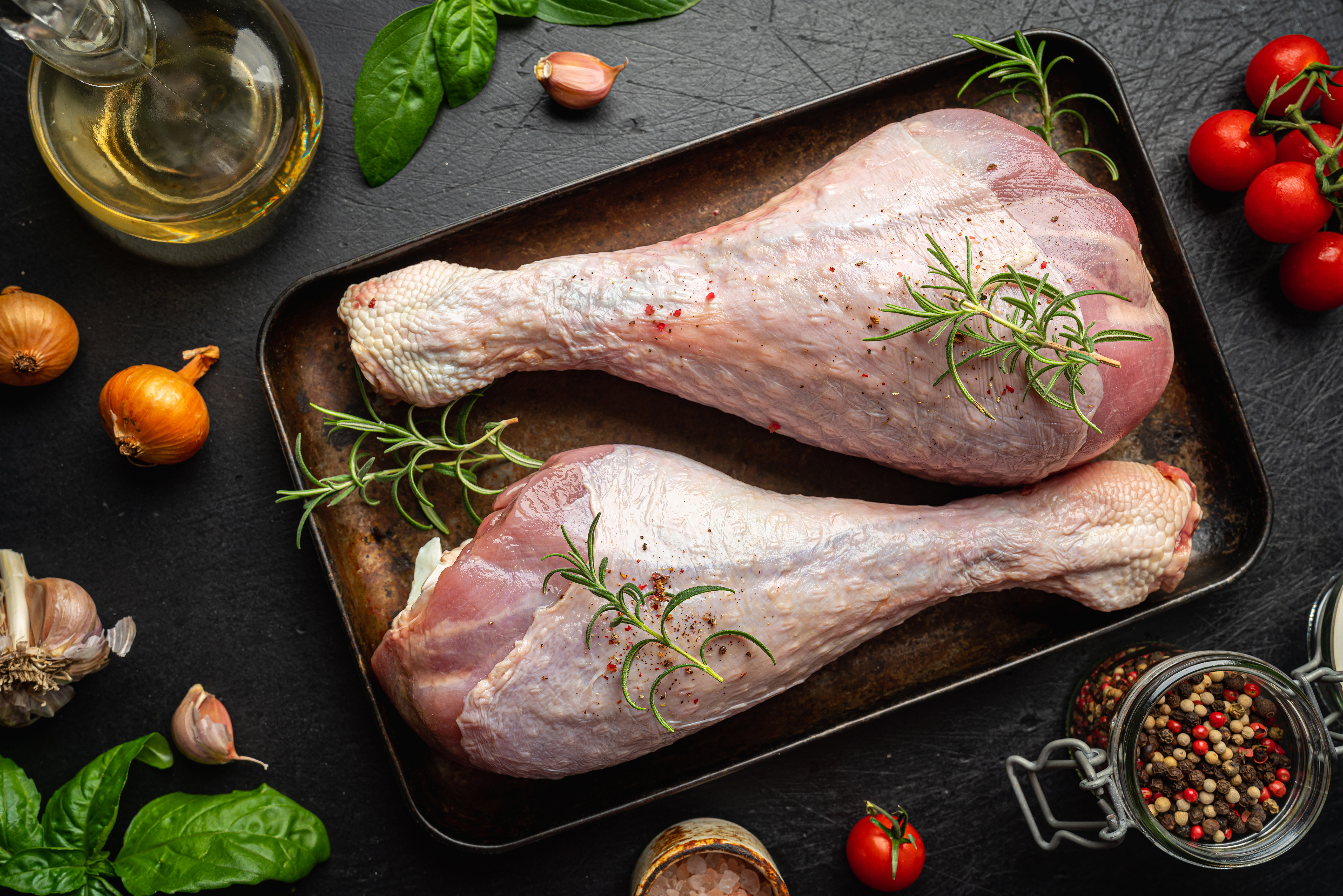
Protein is a fundamental building block of the body, essential for the growth and repair of tissues, including bones. It provides the necessary amino acids for collagen synthesis, which gives bones their strength and flexibility. Foods rich in protein include meat, fish, eggs, dairy products, legumes, and nuts. Lean meats such as chicken and turkey, as well as plant-based options like lentils and quinoa, are excellent sources of protein.
9. Bone Broth — The Role of Collagen
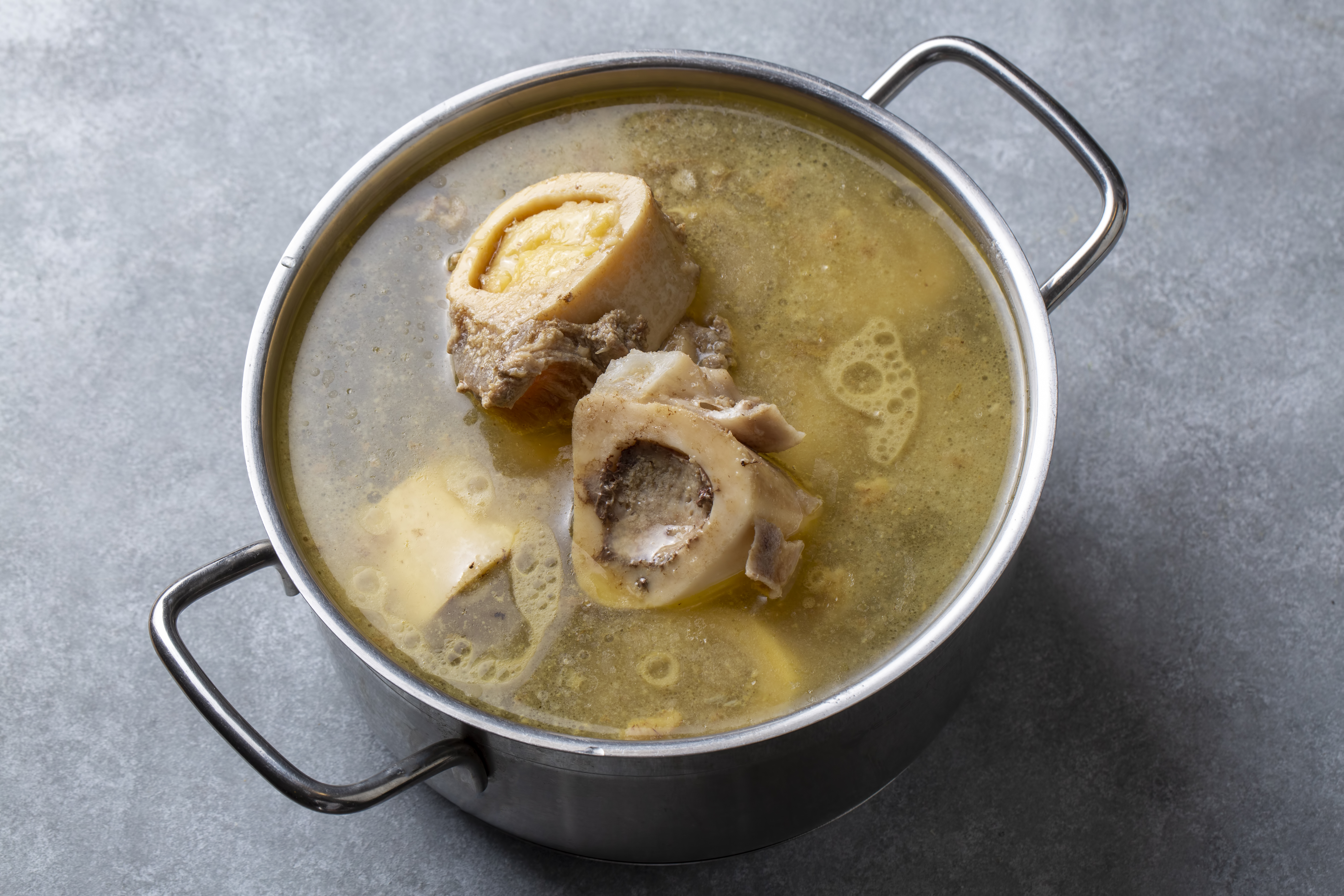
Collagen is the most abundant protein in the body, providing structure and strength to bones, skin, and connective tissues. As we age, collagen production naturally declines, leading to weakened bones and a loss of skin elasticity. Consuming collagen-rich foods or supplements can help support bone health and promote a youthful appearance. Bone broth, chicken skin, and fish skin are excellent sources of collagen, as are collagen supplements derived from bovine or marine sources. By incorporating collagen into our diet, we can support our body's natural repair processes, maintain strong bones, and promote a youthful, vibrant body.
10. Water — The Importance of Hydration

Hydration is often overlooked in discussions of bone health, but it plays a crucial role in maintaining the body's overall function. Water is essential for transporting nutrients to cells, removing waste products, and supporting the body's natural repair processes. Dehydration can lead to a loss of bone mineral density and increase the risk of fractures. Drinking adequate amounts of water and consuming water-rich foods such as fruits and vegetables can help support bone health and promote a youthful, vibrant body. By prioritizing hydration, we can enhance our body's ability to repair and regenerate, contributing to a youthful and energetic lifestyle.
11. Prunes — Nature’s Sweet Bone Protector
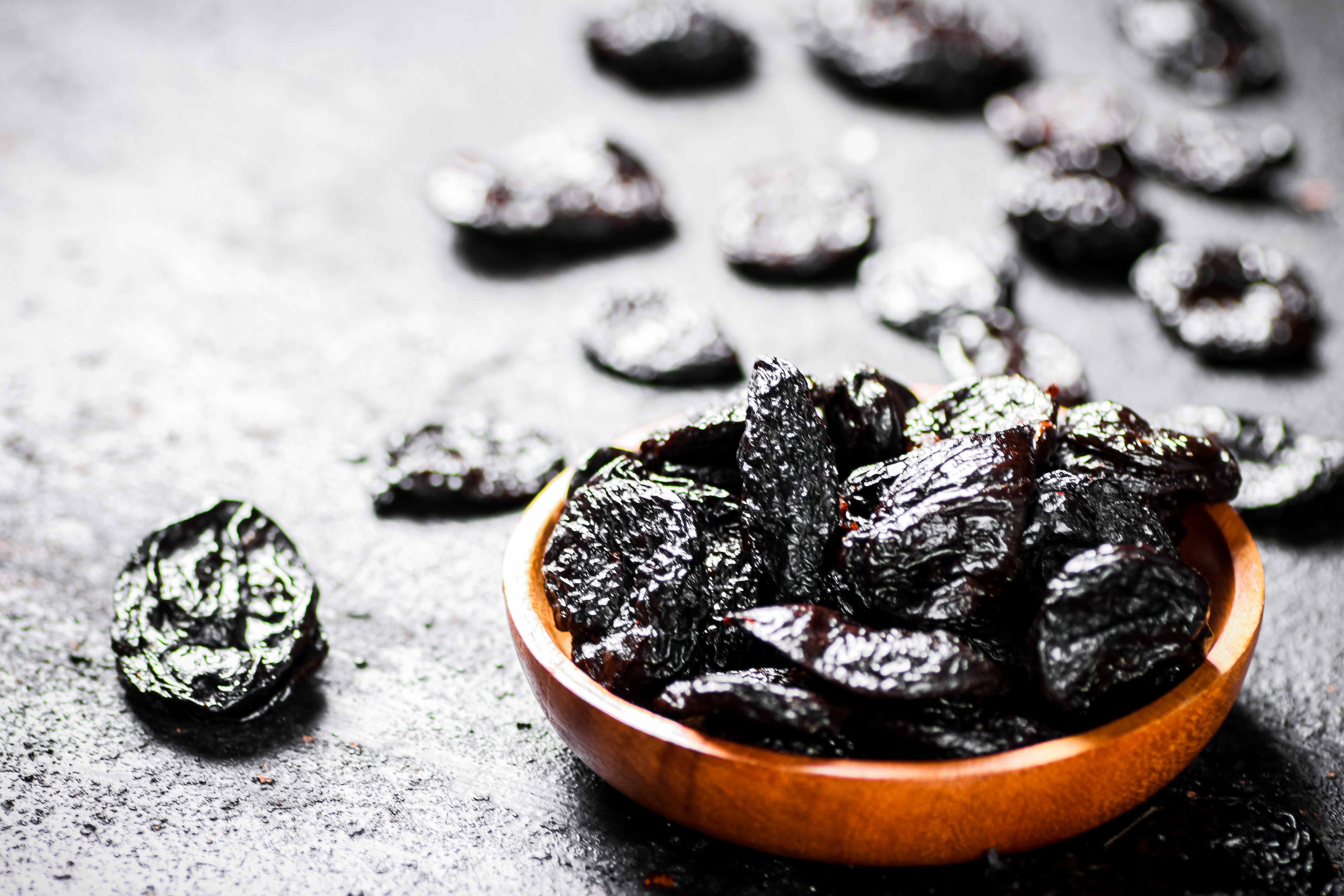
Often underrated, prunes (dried plums) are a powerhouse for bone health and anti-aging. Rich in potassium, vitamin K, boron, and polyphenols, prunes have been shown to slow bone loss and even reverse it in some cases. Clinical studies have found that daily consumption of prunes may help postmenopausal women maintain bone density, making them a valuable addition to any age-conscious diet. Their anti-inflammatory and antioxidant properties also protect cells from oxidative damage, a key contributor to aging. Add them to oatmeal, blend them into smoothies, or enjoy them as a naturally sweet snack—your bones (and skin) will thank you.
12. Tofu — Plant-Based Power for Strong Bones
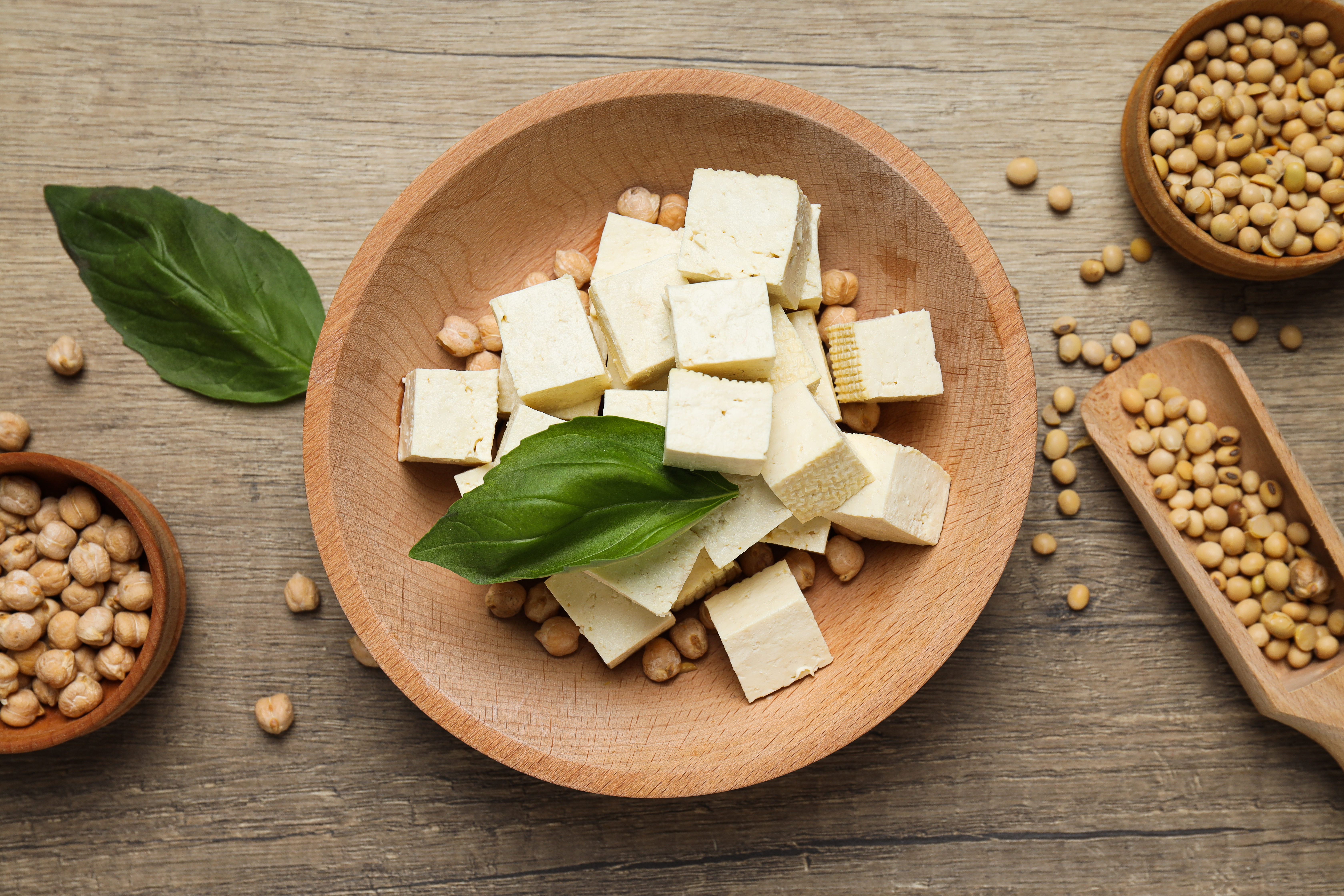
Tofu is more than just a vegetarian staple—it’s a bone-friendly superfood. Rich in calcium, magnesium, and isoflavones (plant compounds with estrogen-like effects), tofu supports bone density and may help prevent osteoporosis, particularly in women. Isoflavones mimic the protective effects of estrogen on bones, which is especially beneficial during and after menopause. Tofu is also a great source of plant-based protein, essential for maintaining muscle and bone mass with age. Its culinary versatility makes it easy to incorporate into stir-fries, salads, soups, and smoothies for a delicious and nutritious bone-boosting meal.
13. Sweet Potatoes — Potassium and Vitamin A Boost
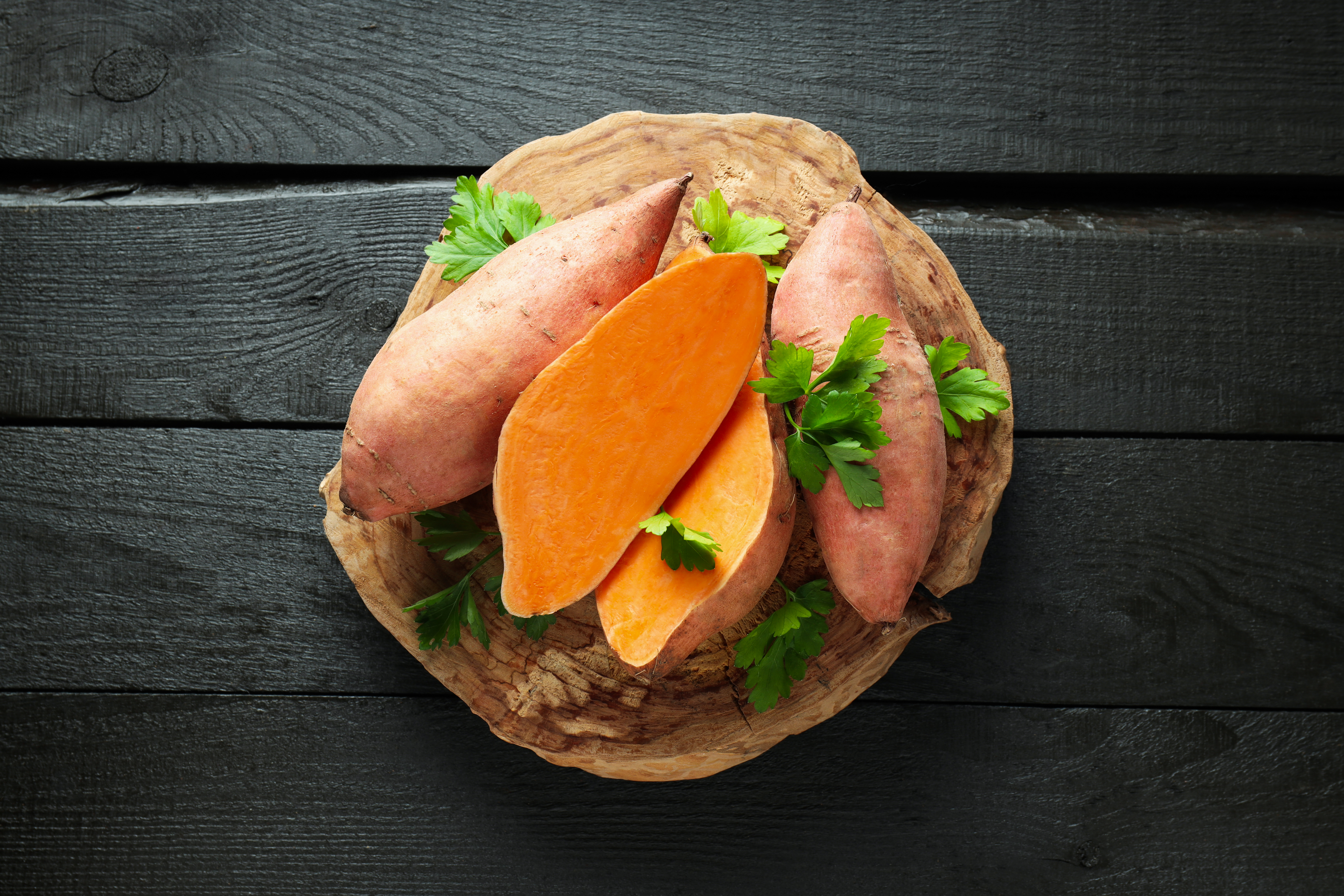
Sweet potatoes are a nutritional goldmine when it comes to bone support and anti-aging benefits. They’re rich in potassium, which helps balance the body's acid load and reduce calcium loss through urine—an important factor in maintaining bone density. They're also high in beta-carotene (a precursor to vitamin A), which plays a role in bone cell function and overall immune health. The anti-inflammatory properties of sweet potatoes also support joint health and mobility. Easy to prepare and naturally sweet, they’re perfect roasted, mashed, or baked into nutrient-dense meals that support long-term vitality.
14. Edamame — A Soy Superstar for Bone Density
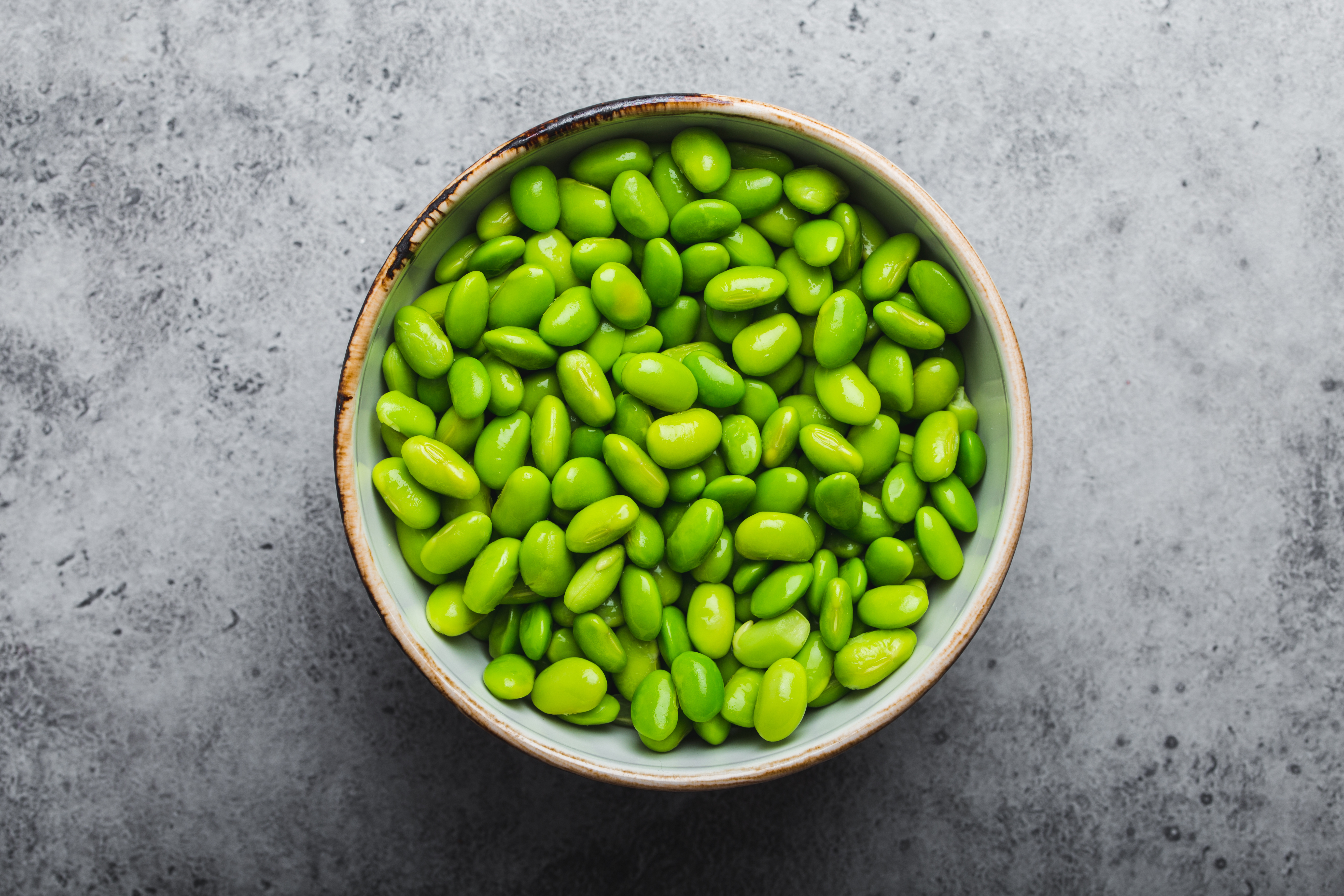
These young soybeans are bursting with bone-strengthening nutrients, including calcium, magnesium, and isoflavones. Like tofu, edamame's plant estrogens have been shown to protect against bone loss and support collagen synthesis. They're also a fantastic source of lean protein and fiber, helping maintain muscle mass and digestive health as we age. Enjoy them steamed with a sprinkle of sea salt, tossed into salads, or blended into dips for a snack that’s as satisfying as it is strengthening.
15. Mushrooms — A Natural Source of Vitamin D2
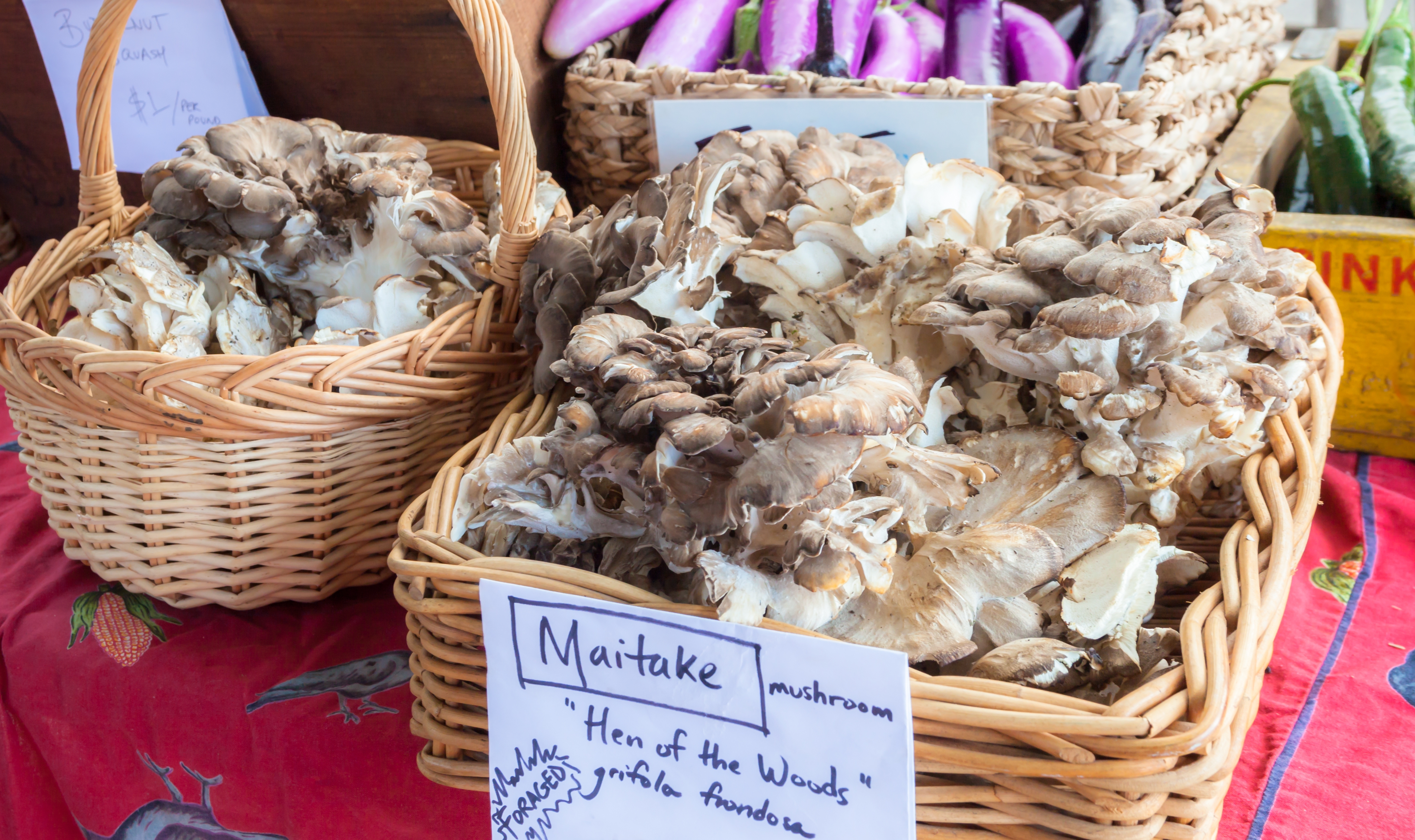
While vitamin D is more commonly associated with sunlight and fish, mushrooms are one of the few plant-based sources of this vital nutrient. When exposed to sunlight during growth, mushrooms produce vitamin D2, which helps the body absorb calcium and support bone strength. Varieties like maitake and shiitake are especially beneficial and also provide anti-inflammatory and antioxidant compounds that contribute to healthy aging. Add mushrooms to soups, sautés, omelets, or grain bowls for a delicious way to reinforce your skeleton and rejuvenate your body from the inside out.
16. Red Bell Peppers — Vitamin C for Collagen Power
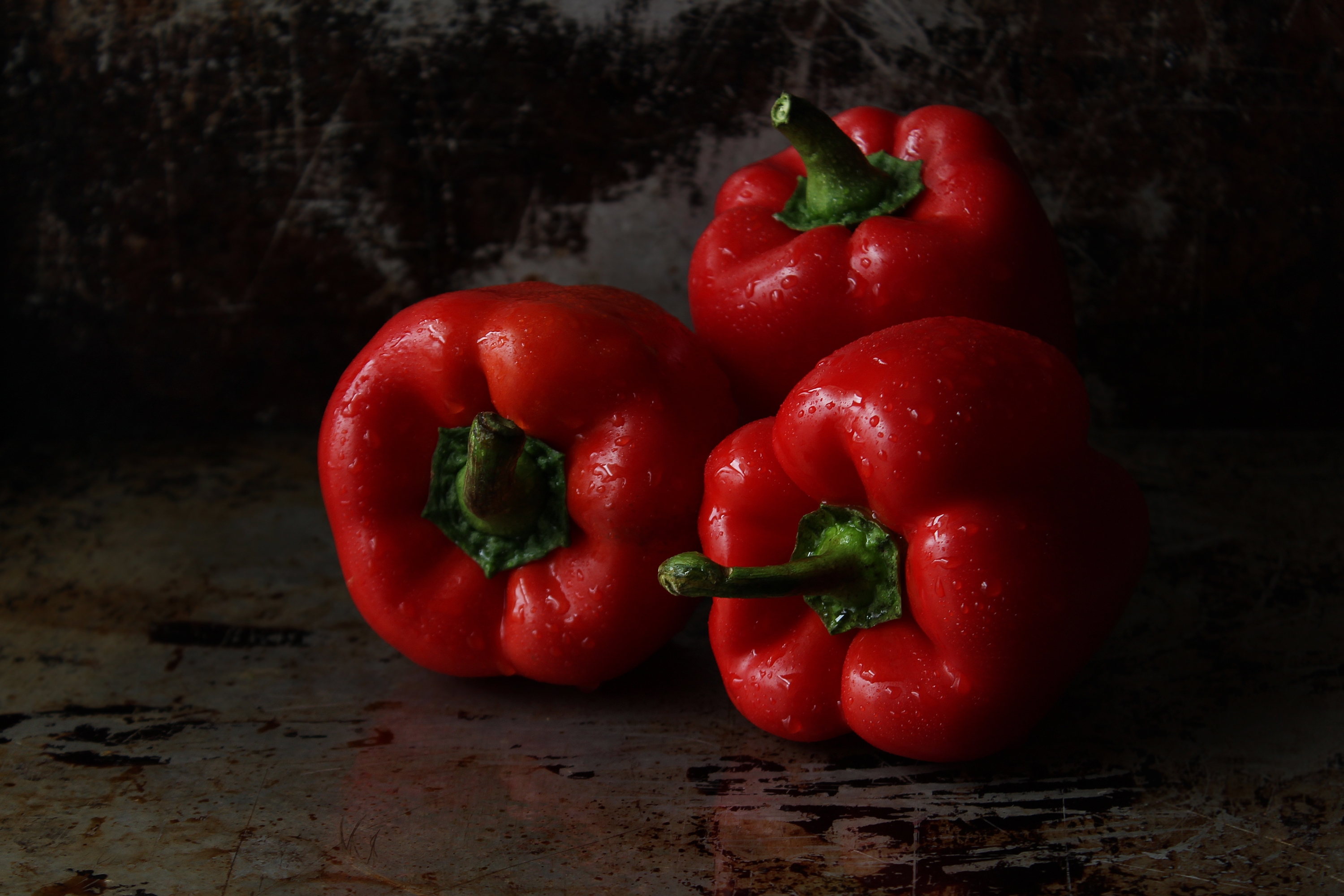
Think Vitamin C is just for immunity? Think again! This vital nutrient is essential for collagen synthesis, the protein matrix that gives bones their structure and flexibility. Red bell peppers are bursting with Vitamin C—even more than oranges! Maintaining strong collagen helps prevent bones from becoming brittle with age. Plus, their potent antioxidants fight cellular damage linked to aging. Add raw slices to salads or roast them for a sweet, bone-supporting boost.
17. Broccoli — The K1 and Calcium Combo
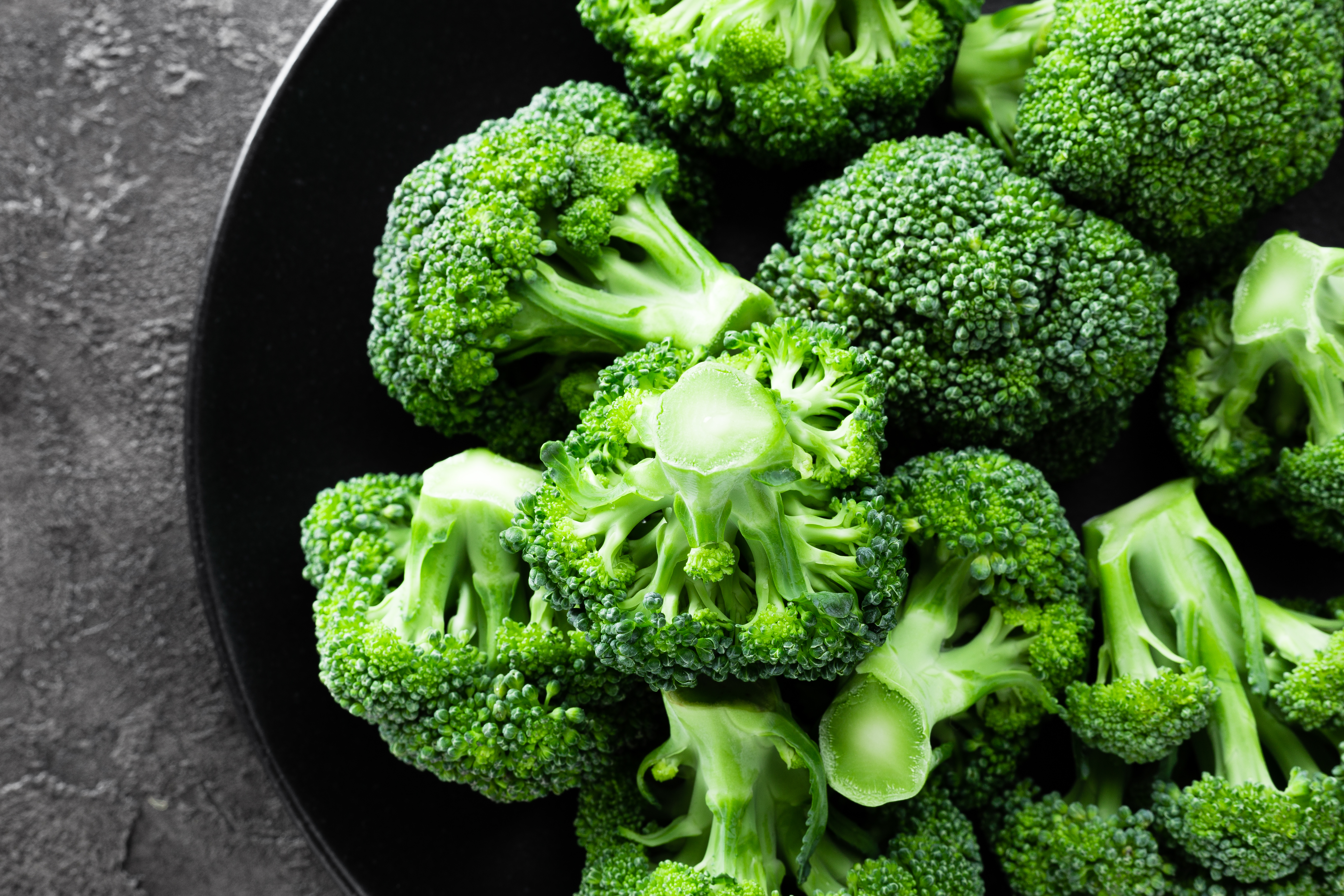
This cruciferous champion delivers a one-two punch for bones. Broccoli is an excellent source of Vitamin K1, crucial for activating proteins involved in bone mineralization and regulating calcium. It also provides a decent amount of plant-based calcium and Vitamin C. Furthermore, compounds like sulforaphane in broccoli possess anti-inflammatory properties, helping protect against age-related cellular stress throughout the body. Steam or lightly sauté broccoli to retain maximum nutrients for skeletal strength.
18. Dried Figs — Mineral-Rich Sweetness
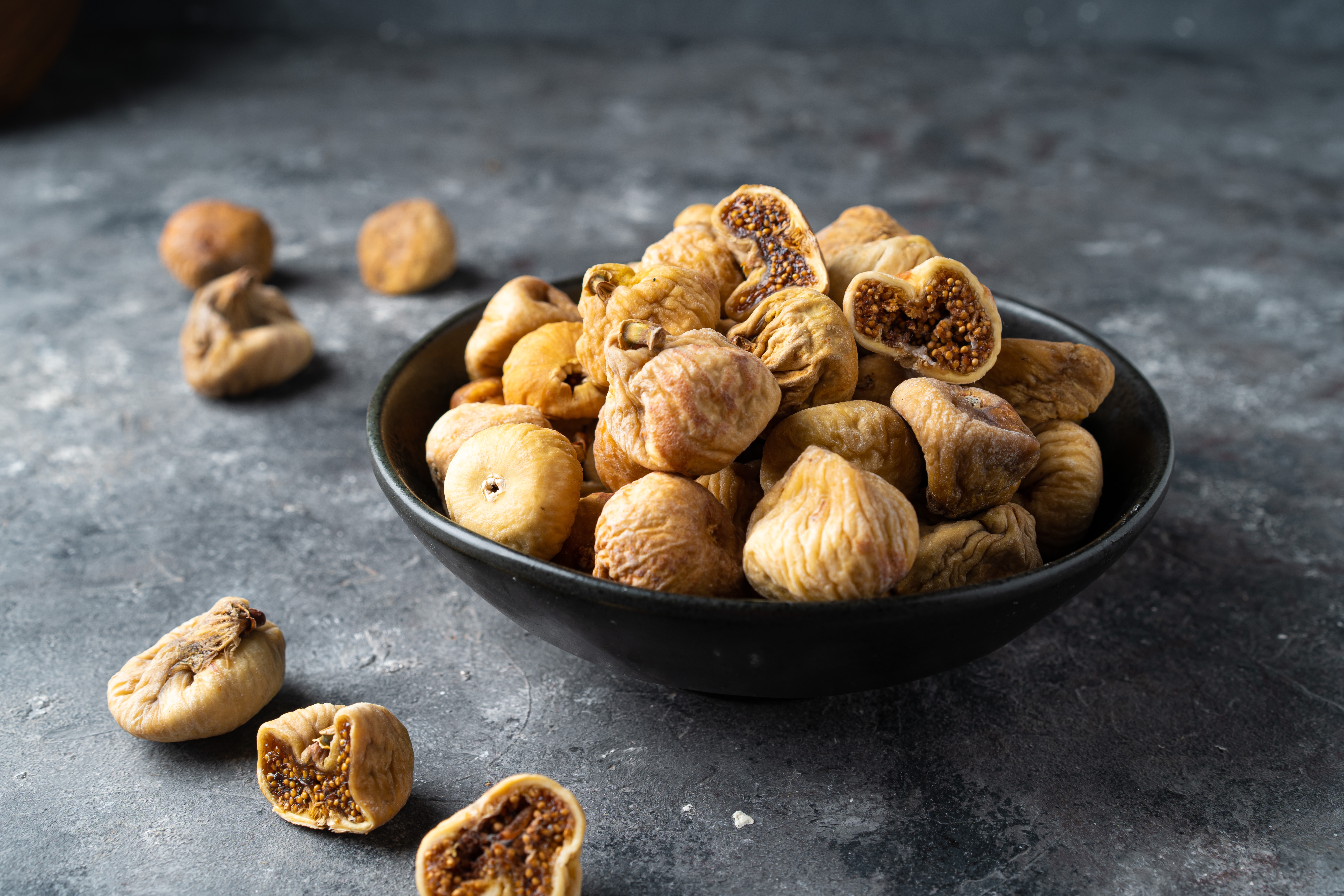
Nature's candy offers surprising bone benefits. Dried figs are packed with bone-building minerals like calcium, magnesium (essential for calcium absorption), and potassium, which helps neutralize acids that can leach calcium from bones. They also provide dietary fiber, supporting gut health which indirectly influences inflammation and nutrient absorption. Enjoy a few dried figs as a snack or chop them into salads or oatmeal for a naturally sweet way to fortify your framework.
19. Sesame Seeds — Tiny Seeds, Mighty Minerals
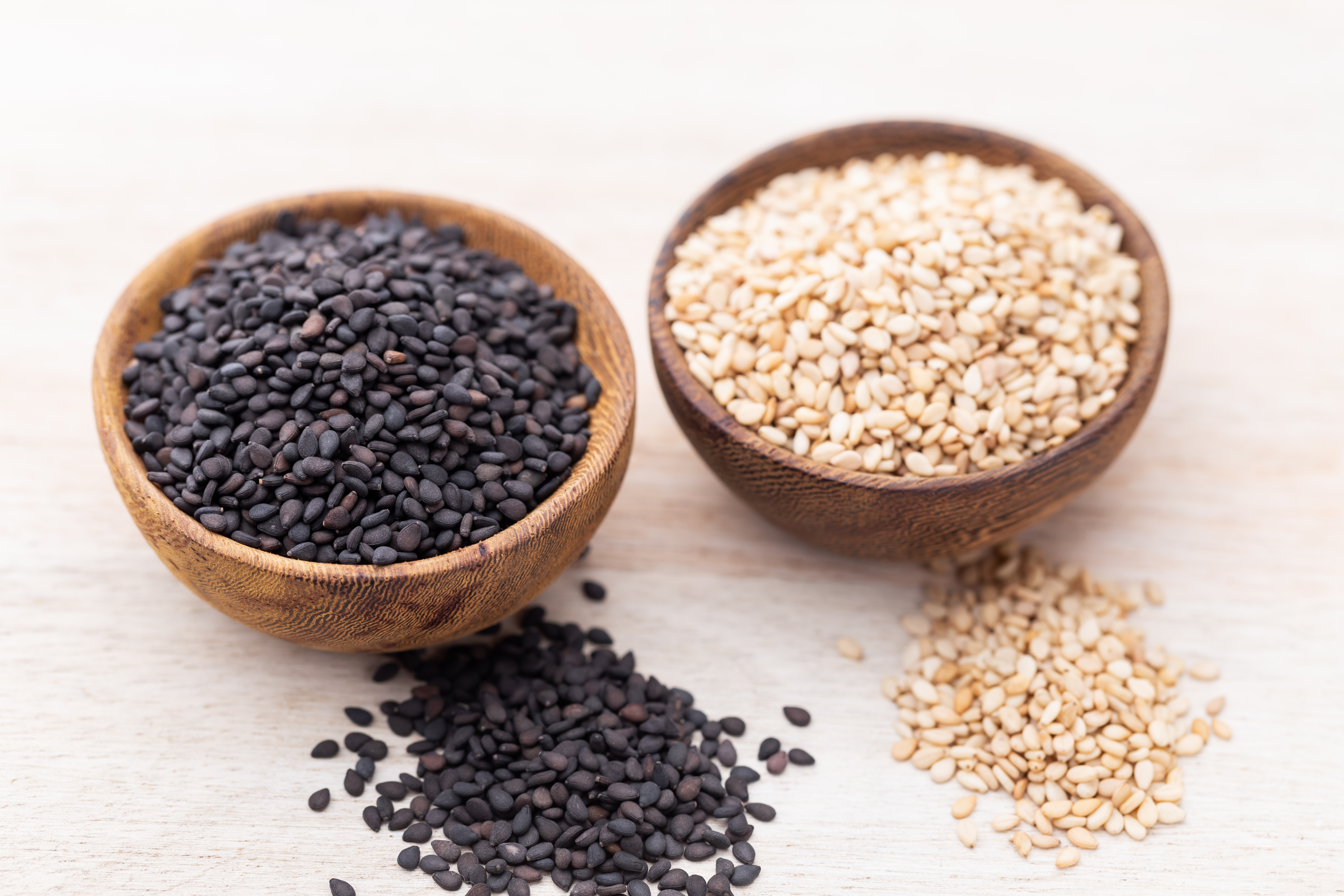
Don't overlook these tiny seeds! Sesame seeds are nutritional powerhouses loaded with calcium, magnesium, manganese, and zinc—all critical minerals for bone formation, density, and repair. Copper, also present, aids in linking collagen and elastin, vital for strong, flexible bones and connective tissues. Sprinkle sesame seeds generously onto stir-fries, salads, yogurt, or enjoy tahini (sesame paste) in dressings and dips for a concentrated mineral boost that supports skeletal integrity.
20. Chia Seeds — Omega-3s Meet Bone Minerals
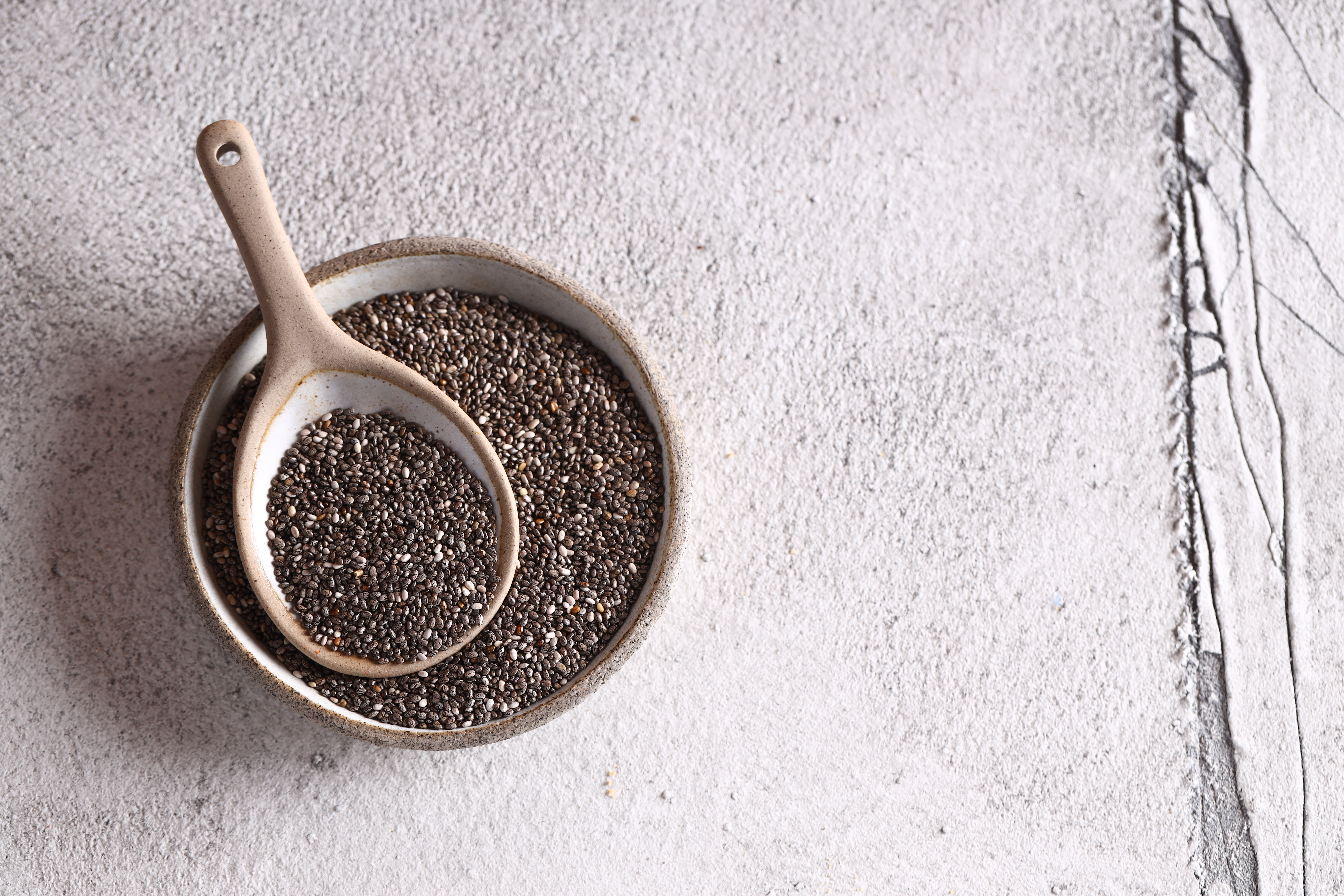
Chia seeds offer a fantastic combination of anti-inflammatory ALA omega-3 fatty acids, fiber, and essential bone minerals like calcium, phosphorus, and magnesium. Their high fiber content promotes gut health, reducing systemic inflammation that can negatively impact bone density over time. These tiny seeds absorb liquid, creating a gel perfect for puddings, thickening smoothies, or adding to oatmeal, providing sustained energy and comprehensive support for bone structure and overall anti-aging.
21. Collard Greens — Leafy Calcium King
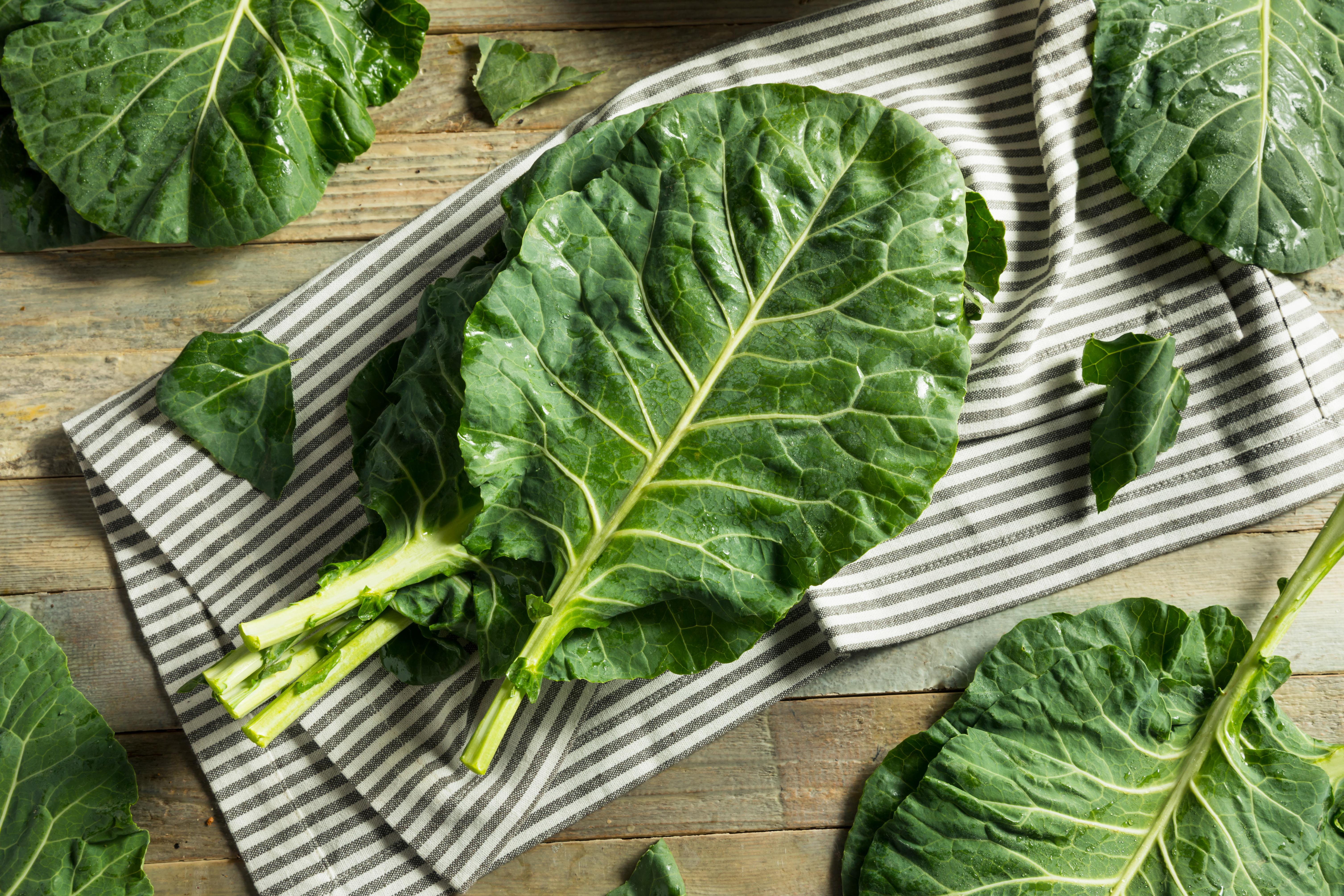
Move over, kale! Collard greens are another leafy green superstar, exceptionally rich in bone-essential calcium and Vitamin K1. Vitamin K1 helps direct calcium to the bones and away from arteries, supporting both skeletal strength and cardiovascular health. Collards also provide magnesium and antioxidants. Braise them southern-style (with healthy fats for nutrient absorption), add them to soups, or use sturdy leaves as wraps for a nutrient-dense, bone-fortifying meal component.
22. Brazil Nuts — Selenium & Magnesium Support
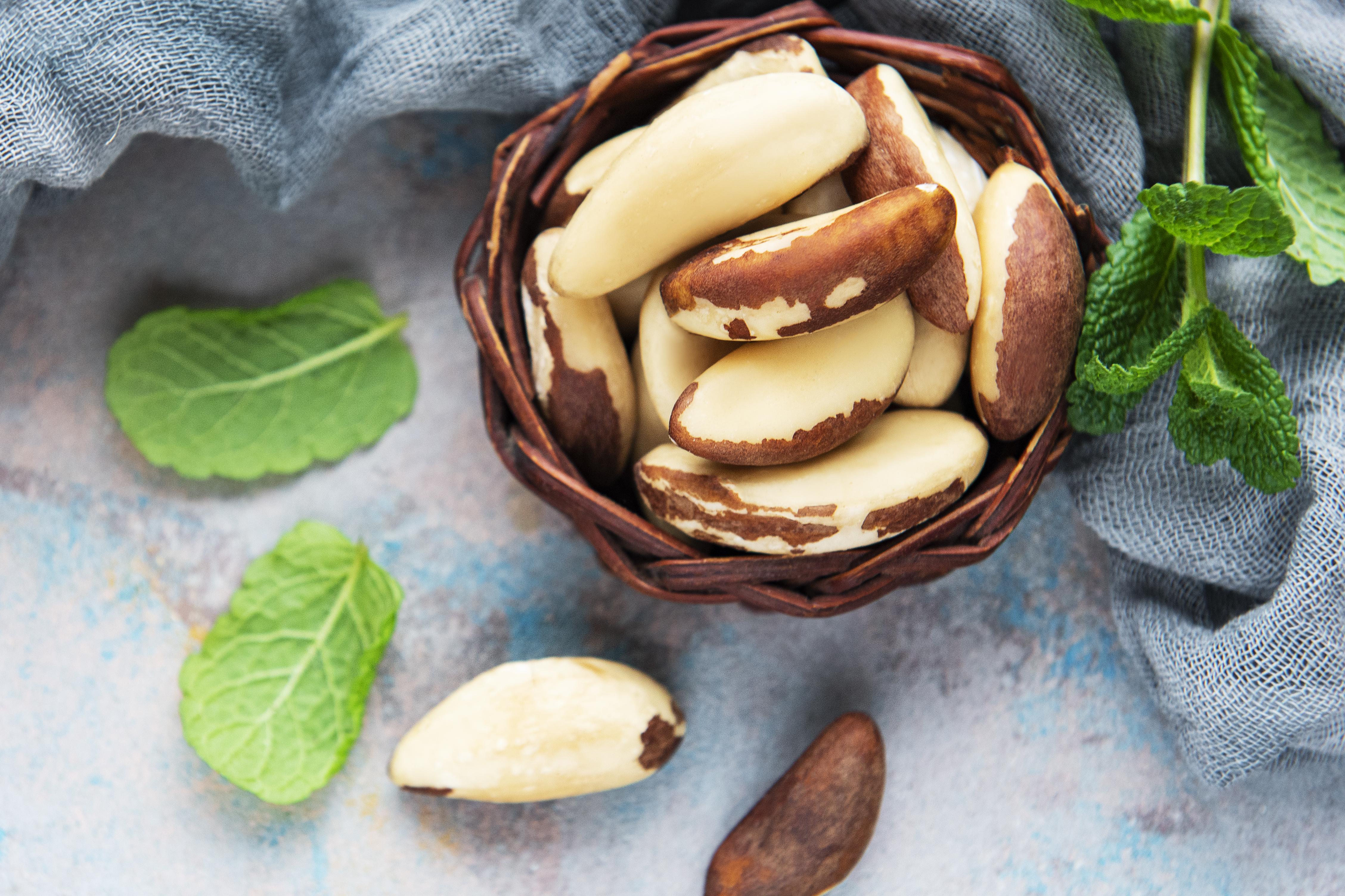
These large nuts are most famous for their incredible selenium content, a potent antioxidant mineral that plays a role in bone metabolism and protects against oxidative stress linked to aging. They also provide a good dose of magnesium, vital for bone structure and calcium regulation. Important Note: Due to their high selenium levels, limit intake to just 1-3 Brazil nuts per day to avoid toxicity while reaping the benefits.
23. Kiwi Fruit — Vitamin C & K Synergy
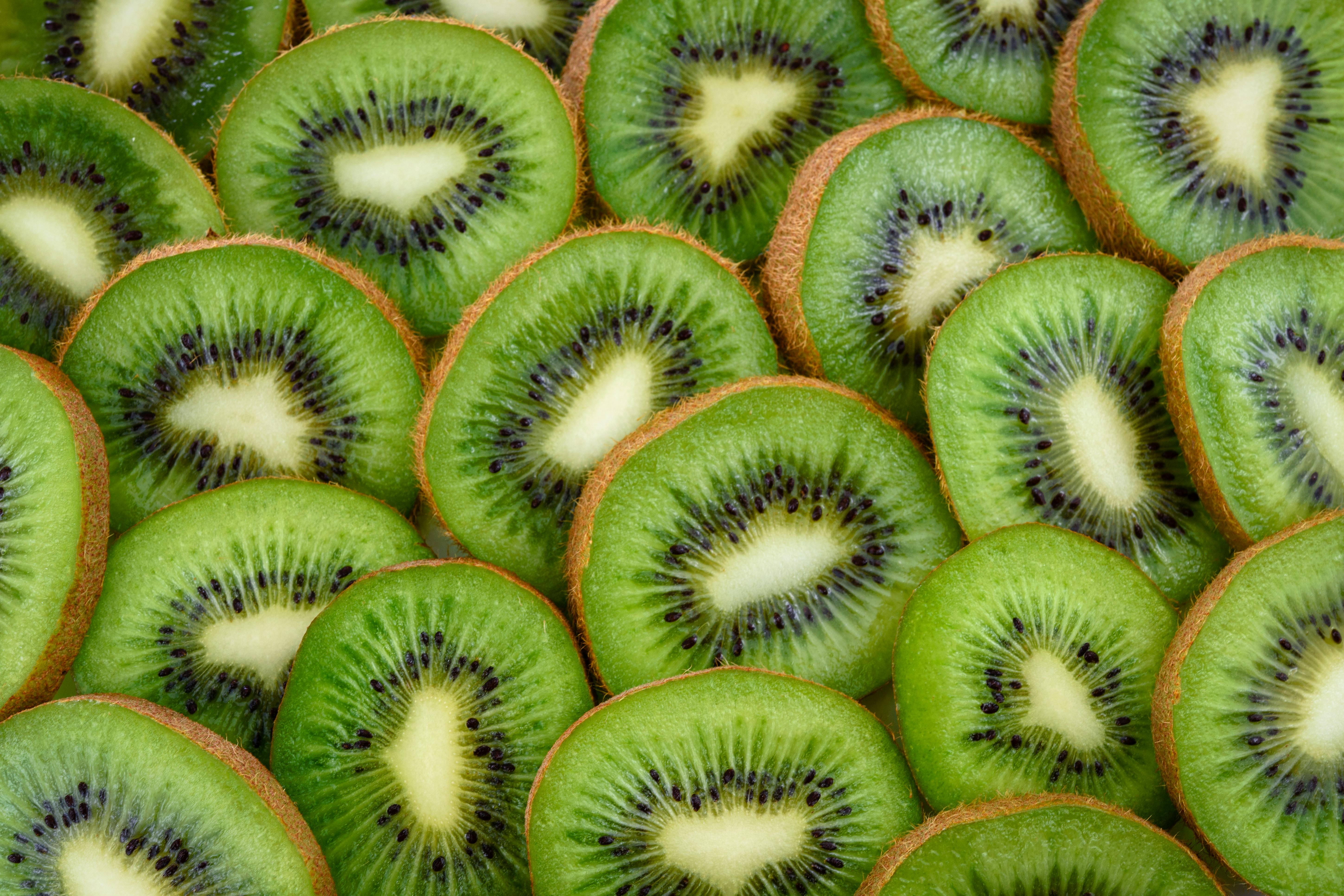
This fuzzy green fruit is an excellent source of Vitamin C, crucial for producing the collagen needed for bone flexibility and strength. Kiwi also provides a significant amount of Vitamin K1, working synergistically with Vitamin C to support bone health and mineralization. Its antioxidant properties further combat aging at a cellular level. Enjoy kiwi sliced in fruit salads, blended into smoothies, or simply scooped out with a spoon for a refreshing, bone-beneficial treat.
24. Plain Greek Yogurt — Protein & Probiotic Power
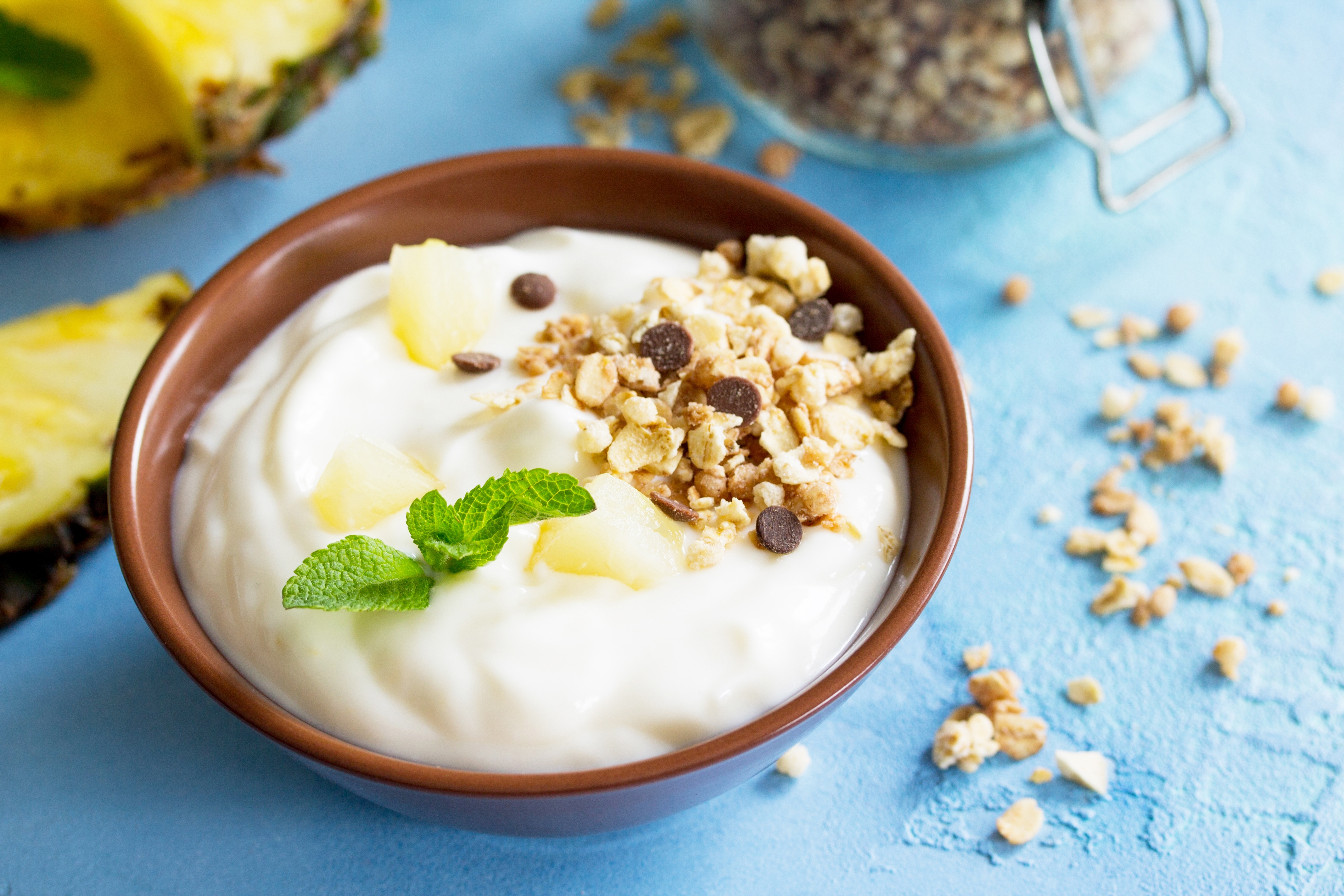
Beyond its well-known calcium content (often fortified with Vitamin D), plain Greek yogurt offers a double benefit: high-quality protein essential for maintaining bone mass and muscle strength (which supports bones), and probiotics. These beneficial bacteria support gut health, which is increasingly linked to reduced systemic inflammation and better nutrient absorption – both crucial for healthy aging and strong bones. Choose plain varieties to avoid added sugars.
25. Chickpeas — Plant-Based Mineral Mix
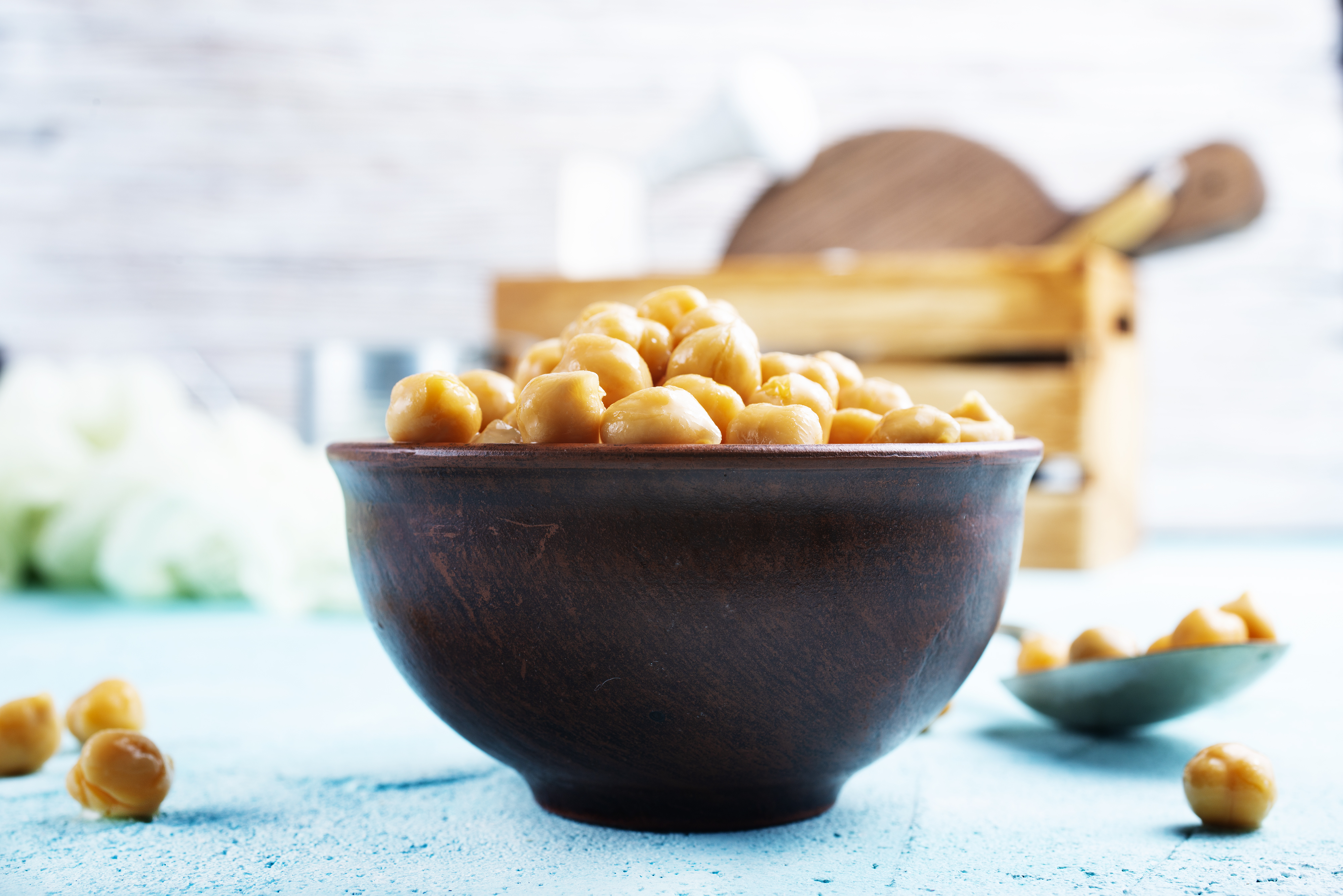
These versatile legumes are a fantastic plant-based source of key bone minerals, including calcium, magnesium, phosphorus, and iron, along with protein and fiber. Magnesium and phosphorus are integral components of the bone matrix itself. The protein supports bone structure, while fiber aids gut health, influencing inflammation. Roast chickpeas for a crunchy snack, blend them into hummus, or add them to salads, soups, and stews for an affordable, nutrient-dense way to support skeletal health.
26. Kefir: The Bioavailable Calcium and Probiotic Drink
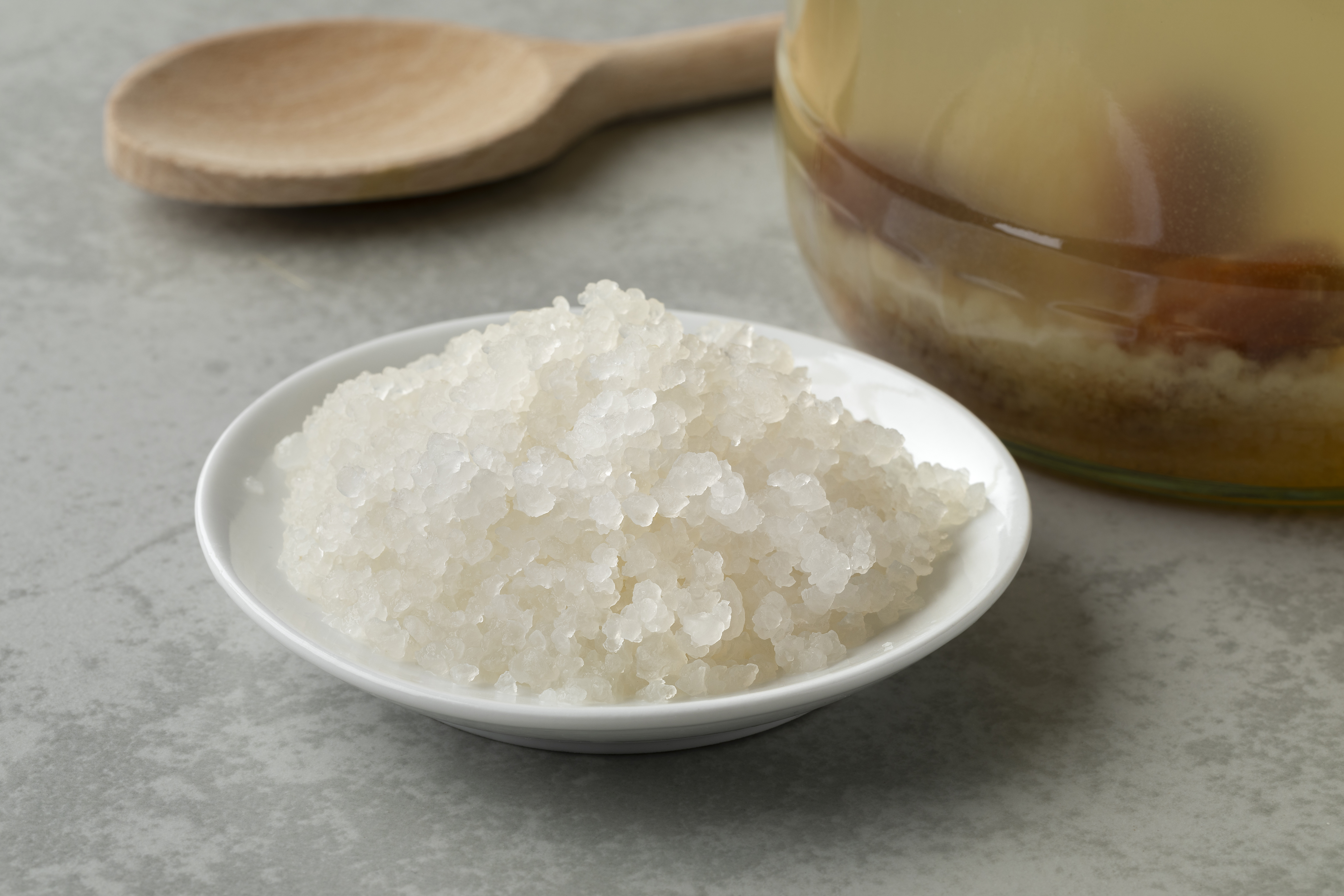
Kefir, a fermented milk drink, stands out from regular yogurt for its superior benefits. It contains highly bioavailable calcium (easily absorbed by the body) and a much wider, more diverse range of probiotics than yogurt. These probiotics are crucial because a healthy gut absorbs bone-essential minerals like calcium and magnesium more efficiently. Furthermore, kefir contains Vitamin K2, which is produced during fermentation, aiding the deposition of calcium directly into the bones. Swapping daily milk or yogurt for kefir provides a potent, multi-faceted boost to both gut and skeletal health.
27. Flaxseeds (Ground): Lignans for Hormonal Bone Protection
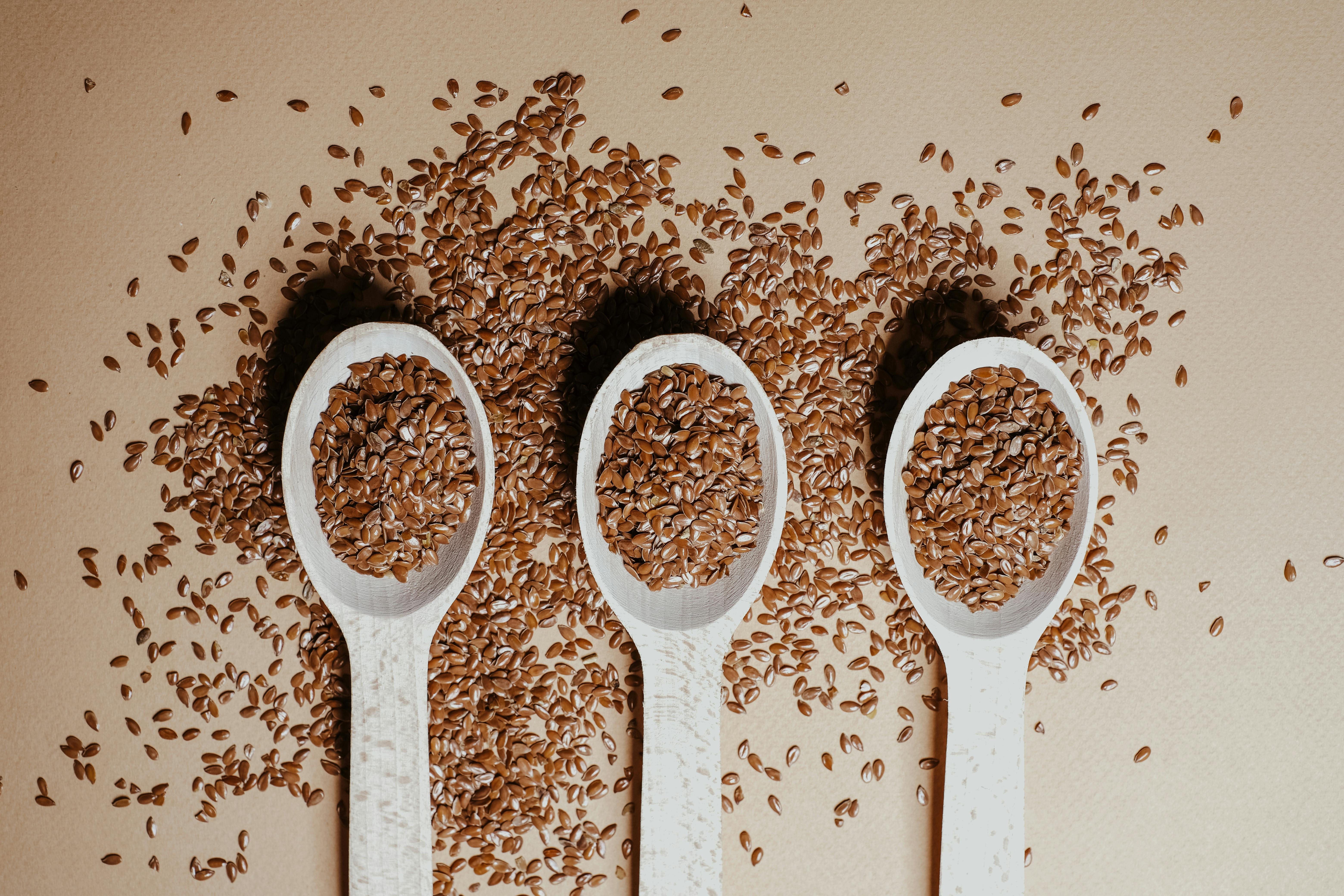
Ground flaxseeds are unique among seeds for their high concentration of lignans, phytoestrogens that can offer a protective effect on bones, particularly in postmenopausal women. As estrogen levels decline, the rate of bone loss accelerates; lignans mimic a very mild form of estrogen, helping to slow this destructive process. They are also rich in ALA Omega-3s and magnesium. Grinding the seeds before consumption is essential for absorption. Adding them to baked goods, smoothies, or oatmeal provides structural, anti-inflammatory, and gentle hormonal support for the skeleton.
28. Red Wine Vinegar: The Acetic Acid Mineral Absorber

While not a direct source of bone minerals, red wine vinegar (and its cousin, apple cider vinegar) plays a crucial, indirect role in bone health by aiding mineral absorption. Acetic acid, the main component of vinegar, can enhance the stomach's production of acid, which is necessary to extract calcium, magnesium, and other minerals from the food we eat. As stomach acid production often declines with age, incorporating vinegar into salad dressings or marinades helps ensure that the valuable bone-building minerals consumed are actually utilized by the body, maximizing the benefit of every meal.
29. Parsley: Apigenin and K1 for Osteoblast Activity

Often relegated to garnish, parsley is a powerhouse for anti-aging bone health. It is exceptionally high in Vitamin K1 (essential for bone protein synthesis) and contains a flavonoid called apigenin. Research suggests apigenin can stimulate osteoblasts (the cells responsible for building new bone) and potentially inhibit osteoclasts (the cells that break bone down). Sprinkling fresh, chopped parsley liberally over savory dishes, salads, or blending it into green juices is a simple, effective way to activate the body's natural bone-rebuilding processes.
30. Dried Apricots: Boron, Iron, and Potassium
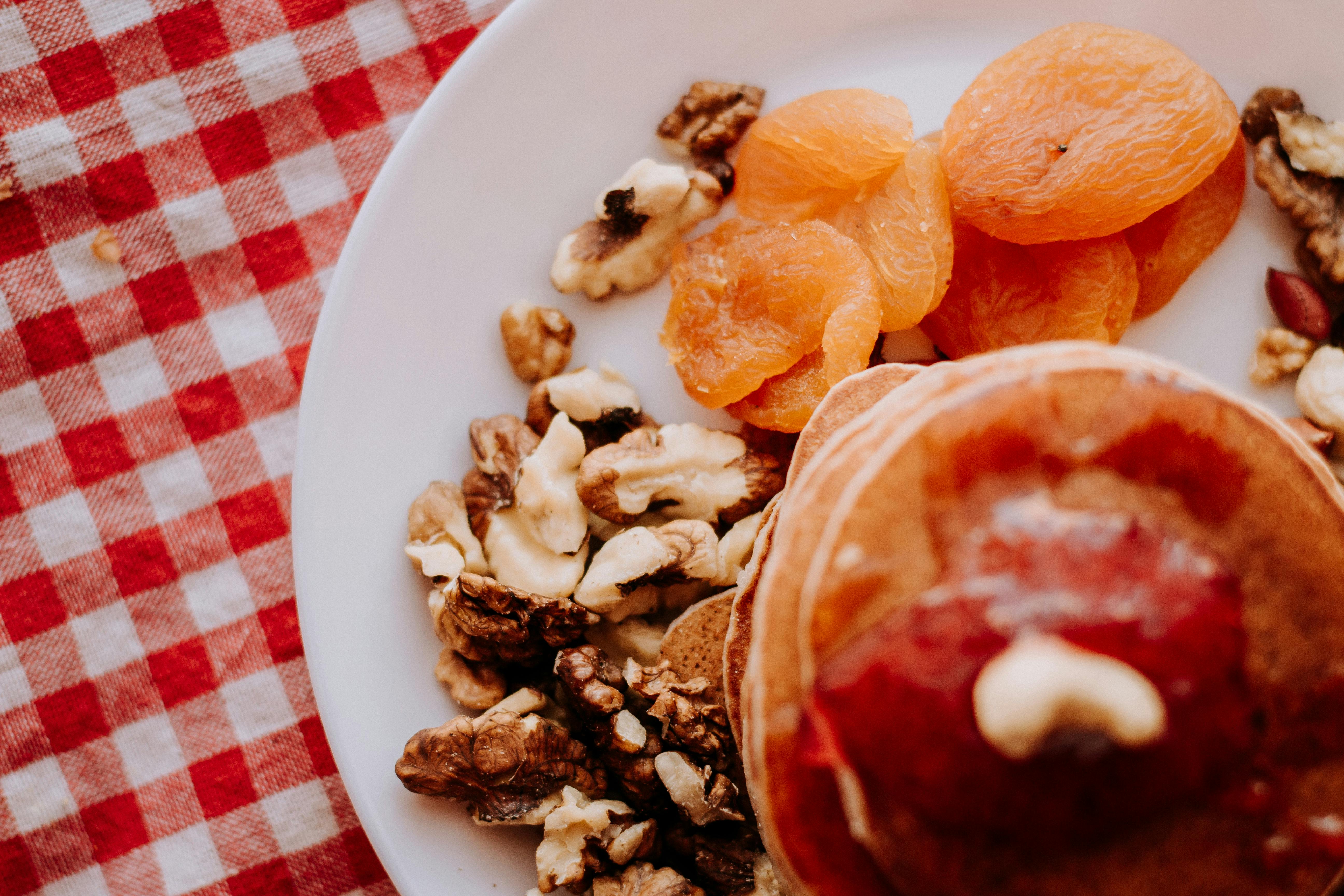
Dried apricots are a sweet, concentrated source of three crucial, often-overlooked bone nutrients: potassium, iron, and boron. Boron is a trace mineral that works with magnesium and Vitamin D to improve calcium retention and metabolism, protecting bones from daily mineral loss. Their high potassium content further aids in neutralizing acid, preventing calcium leaching. Enjoying a few dried apricots a day (paired with nuts for sustained energy) provides a highly concentrated, easy-to-digest source of these minerals vital for maintaining bone density and fighting age-related fragility.
33. Horsetail Tea (Silica): The Collagen Scaffold Builder
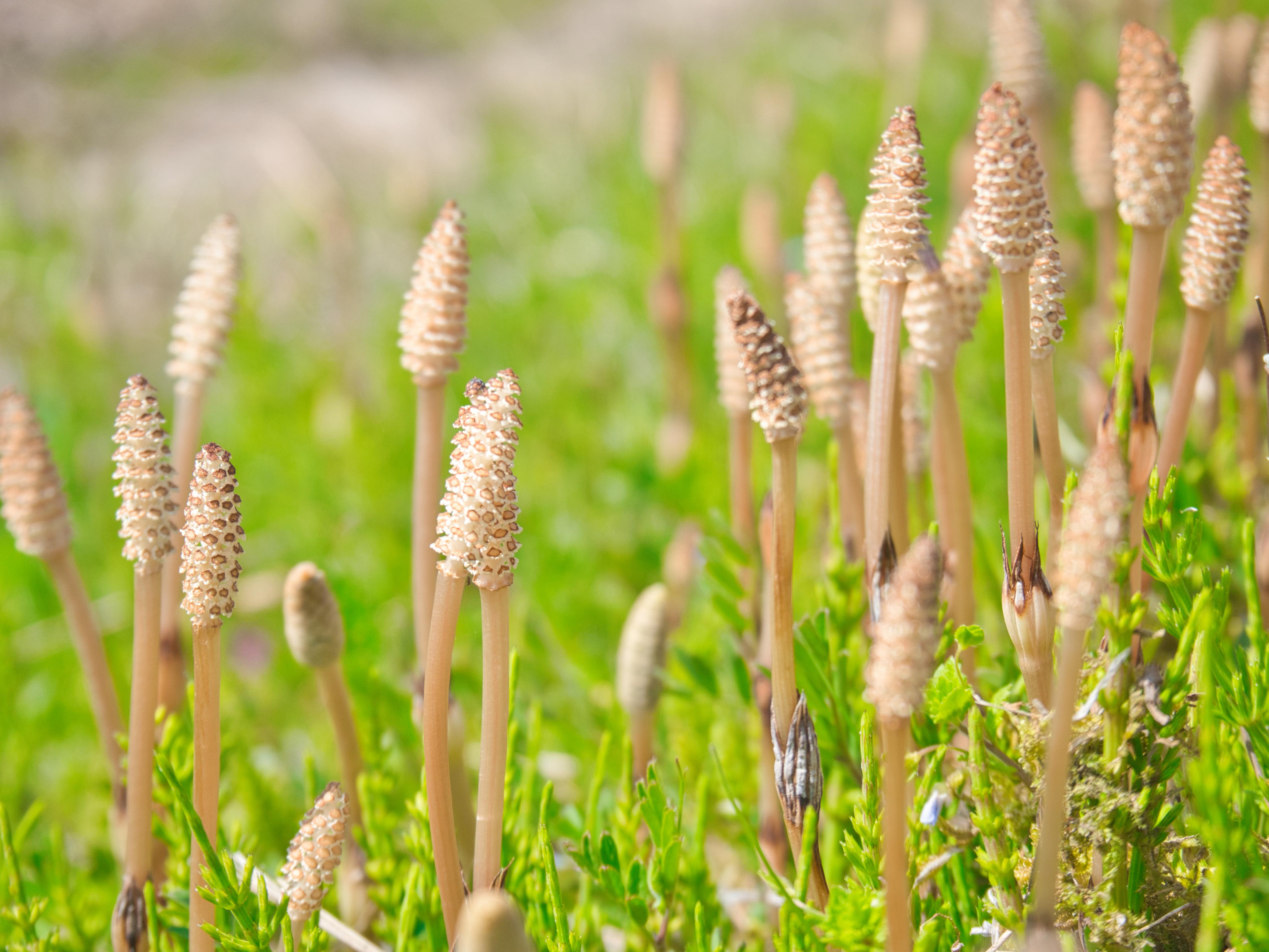
Horsetail is a unique herb and one of the richest known natural sources of silica (silicon). While not classified as a vitamin or mineral, silica is a crucial trace element essential for the formation of the bone's collagen matrix—the flexible, protein-based scaffold upon which calcium and phosphorus mineralize. As we age, collagen production naturally declines, leading to brittle bones. Silica is necessary to link collagen fibers, giving bone its tensile strength and helping to enhance the calcification process. Consuming horsetail as a steeped tea is an easy way to deliver this fundamental building block directly to the skeletal system, supporting flexibility and resilience alongside density.
34. Pomegranate Seeds: Ellagitannins for Anti-Inflammatory Bone Maintenance
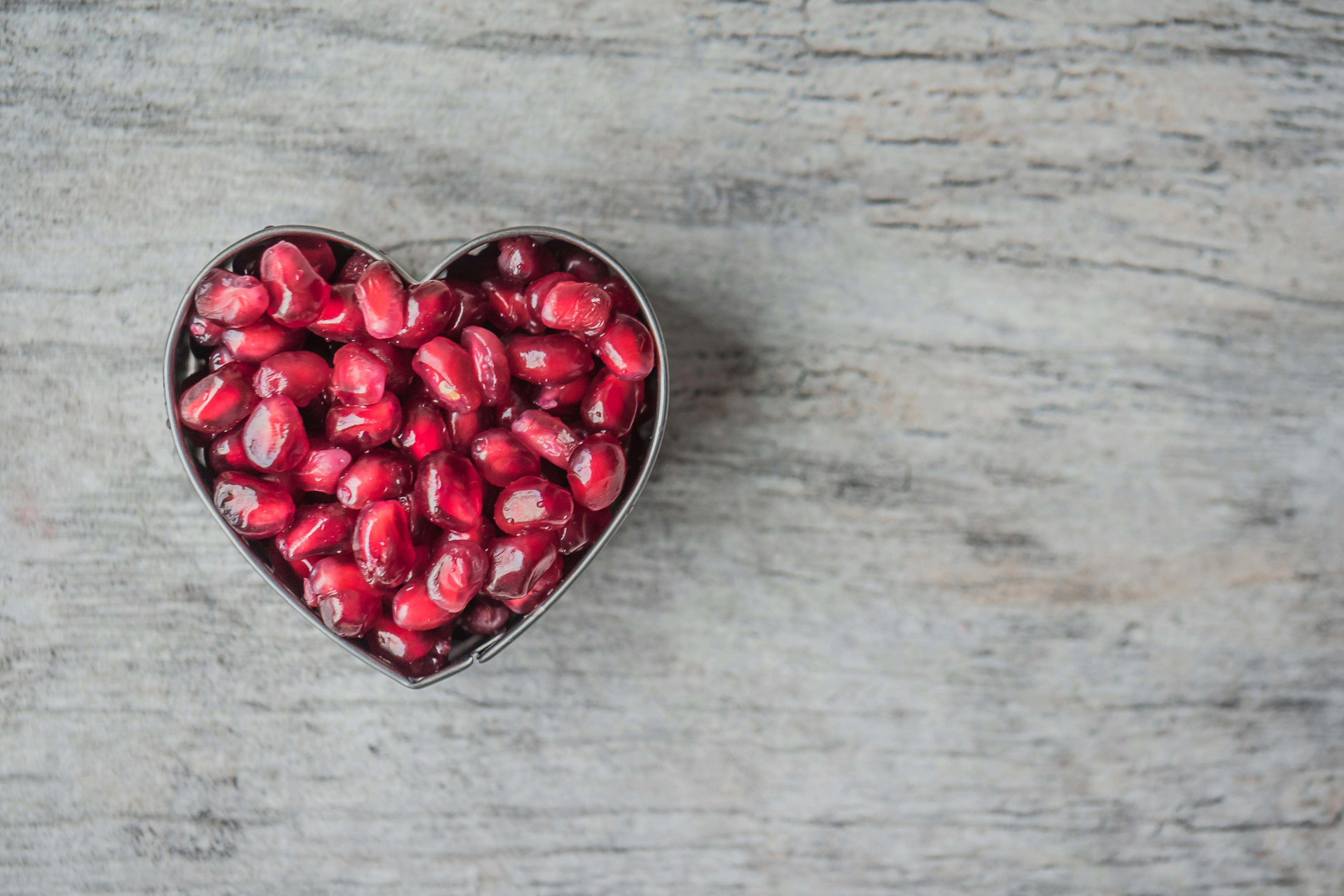
Pomegranate seeds and their juice contain powerful compounds called ellagitannins and high levels of polyphenols. Their benefit to bone health comes primarily from their ability to significantly curb inflammation and reduce oxidative stress—key drivers of age-related bone breakdown. Chronic low-grade inflammation signals the body to increase osteoclast activity (cells that dissolve bone). Pomegranate compounds actively help to modulate this signal, slowing down bone resorption and maintaining the delicate balance between bone creation and destruction. Adding these crunchy, slightly tart seeds to yogurt or salads offers a delicious, cell-level defense against skeletal aging.
35. Mustard Greens: Glucosinolates and Bioactive Calcium
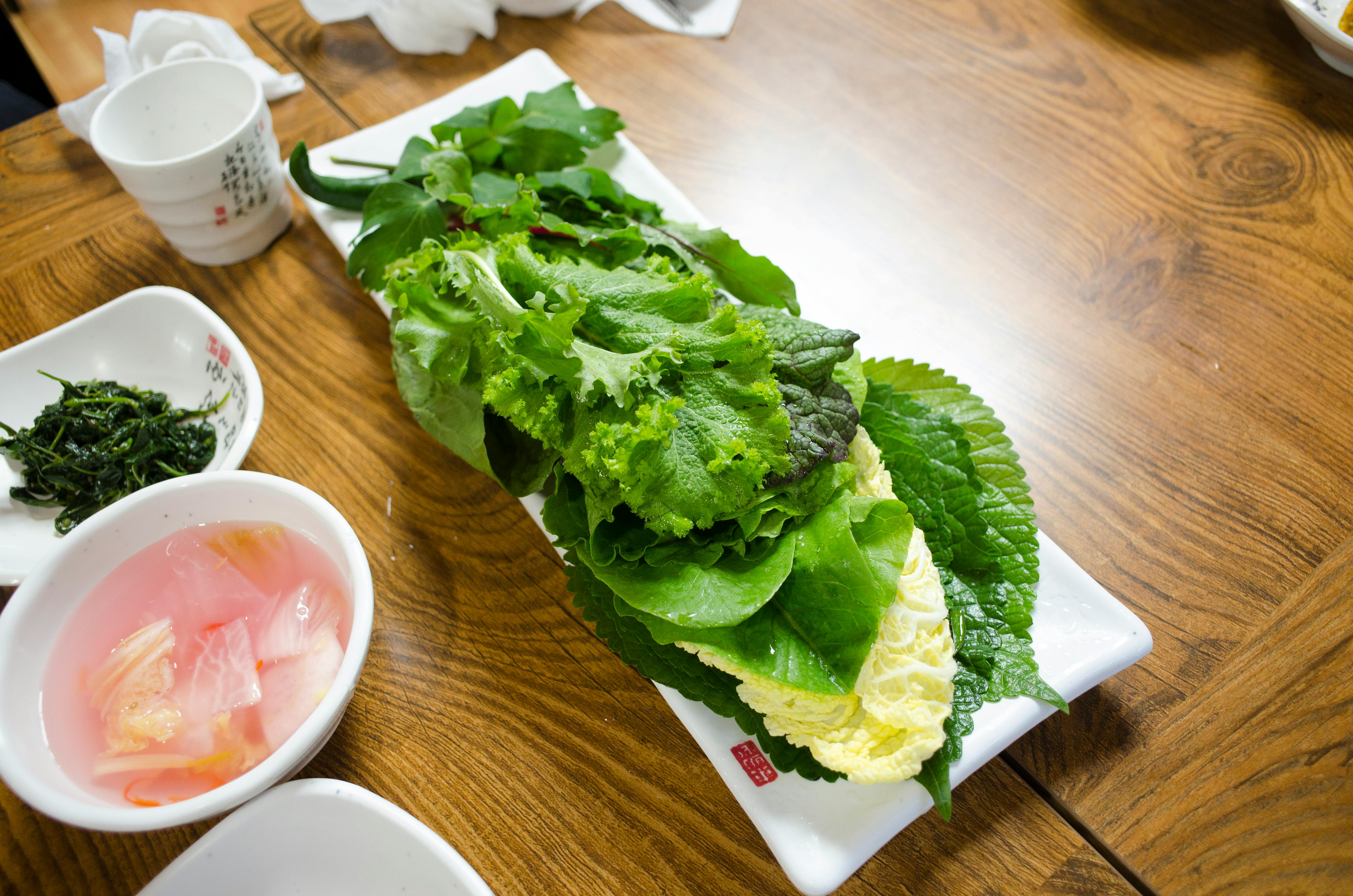
Mustard greens, a spicy relative of kale and broccoli, provide a unique anti-aging benefit beyond their high Vitamin K1 content. They are loaded with glucosinolates, sulfur-containing compounds that, when chewed, convert into isothiocyanates. These powerful compounds possess significant anti-inflammatory and detoxification properties, which reduce systemic stress that can leach minerals from bones. Furthermore, the calcium in mustard greens is considered highly bioavailable, meaning the body can absorb and utilize it more efficiently than calcium from some other sources. Lightly steamed mustard greens are a potent, savory addition to your diet for comprehensive skeletal and cellular health.
36. Canned Clams: Bioavailable Copper and B12
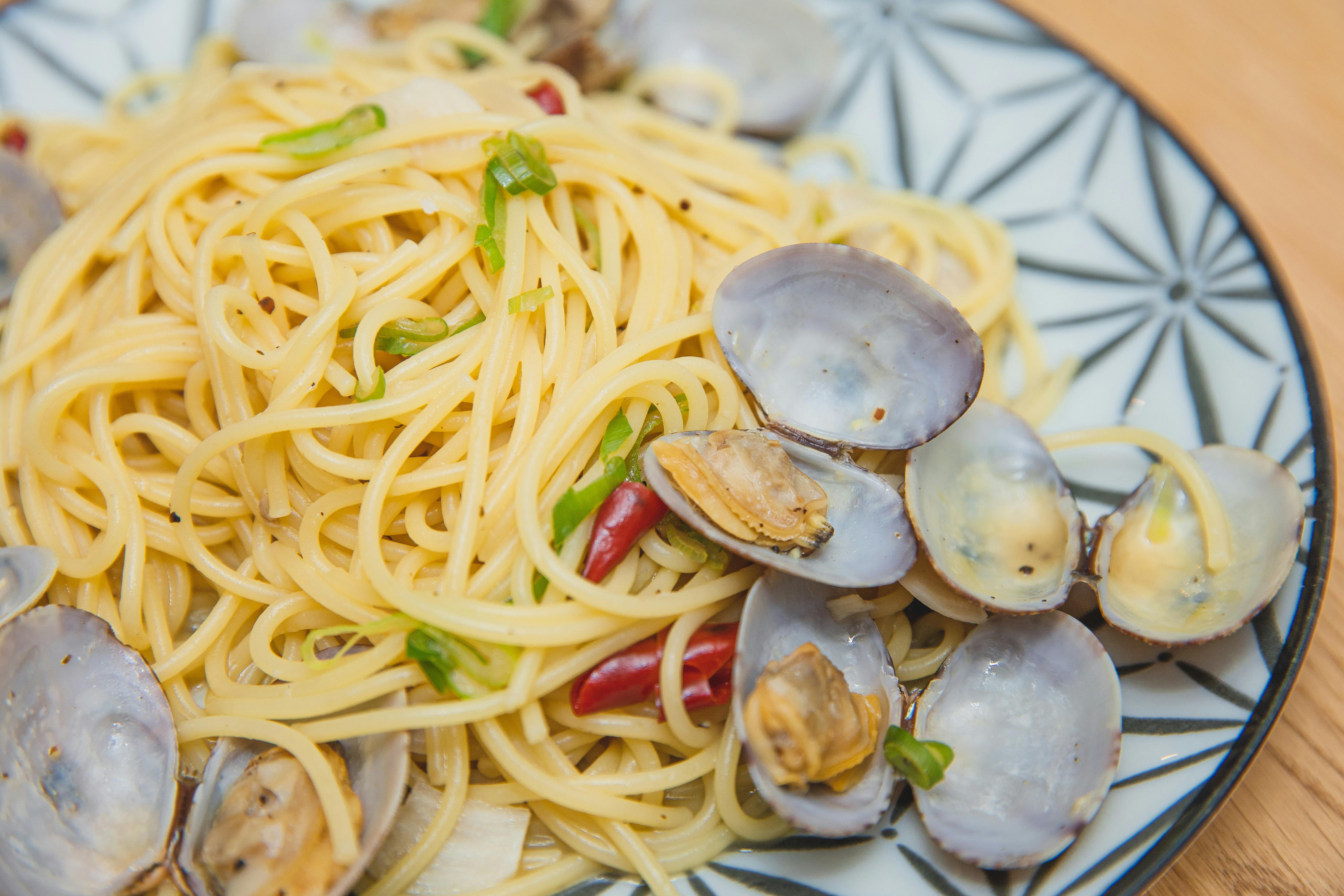
Canned clams (or other similar shellfish) offer a surprisingly concentrated source of two critical, often deficient bone nutrients: copper and Vitamin B 12. Copper is essential because it is a cofactor for enzymes that cross-link collagen and elastin, lending integrity and flexibility to bone and connective tissues. B12 deficiency is often linked to elevated homocysteine, which damages the bone matrix and increases fracture risk. Clams provide these nutrients in a highly bioavailable, protein-rich form. Adding canned, drained clams to a pasta sauce or mixing them into a quick chowder is a simple, effective way to support the intricate molecular structure of your aging bones.
37. Fermented Cabbage (Sauerkraut/Kimchi): Probiotic-Enhanced Absorption
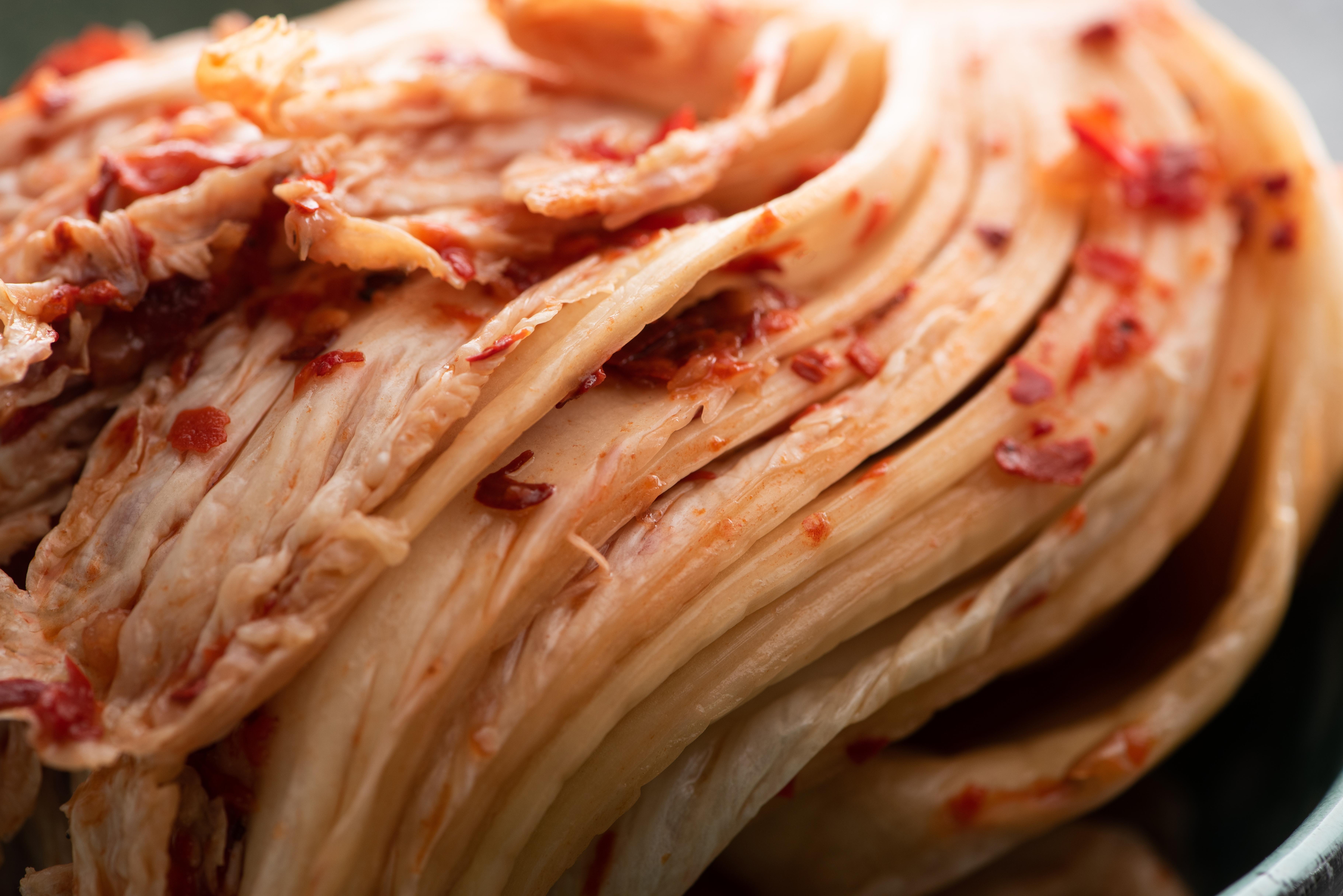
While already mentioned for gut health, fermented cabbage (like raw sauerkraut or kimchi) deserves recognition specifically as a bone health accelerator due to its unique process. The fermentation process creates lactic acid bacteria (probiotics) and organic acids. These beneficial compounds fundamentally improve the acidity of the small intestine, which is the primary site for absorbing minerals like calcium and magnesium. By optimizing the gut environment, fermented foods ensure that the bone-building nutrients you consume are actually available to the skeletal system. A small daily serving boosts your absorption efficiency, making all your other bone-supporting foods work harder.
42. Kiwi Fruit (The Serotonin Regulator)
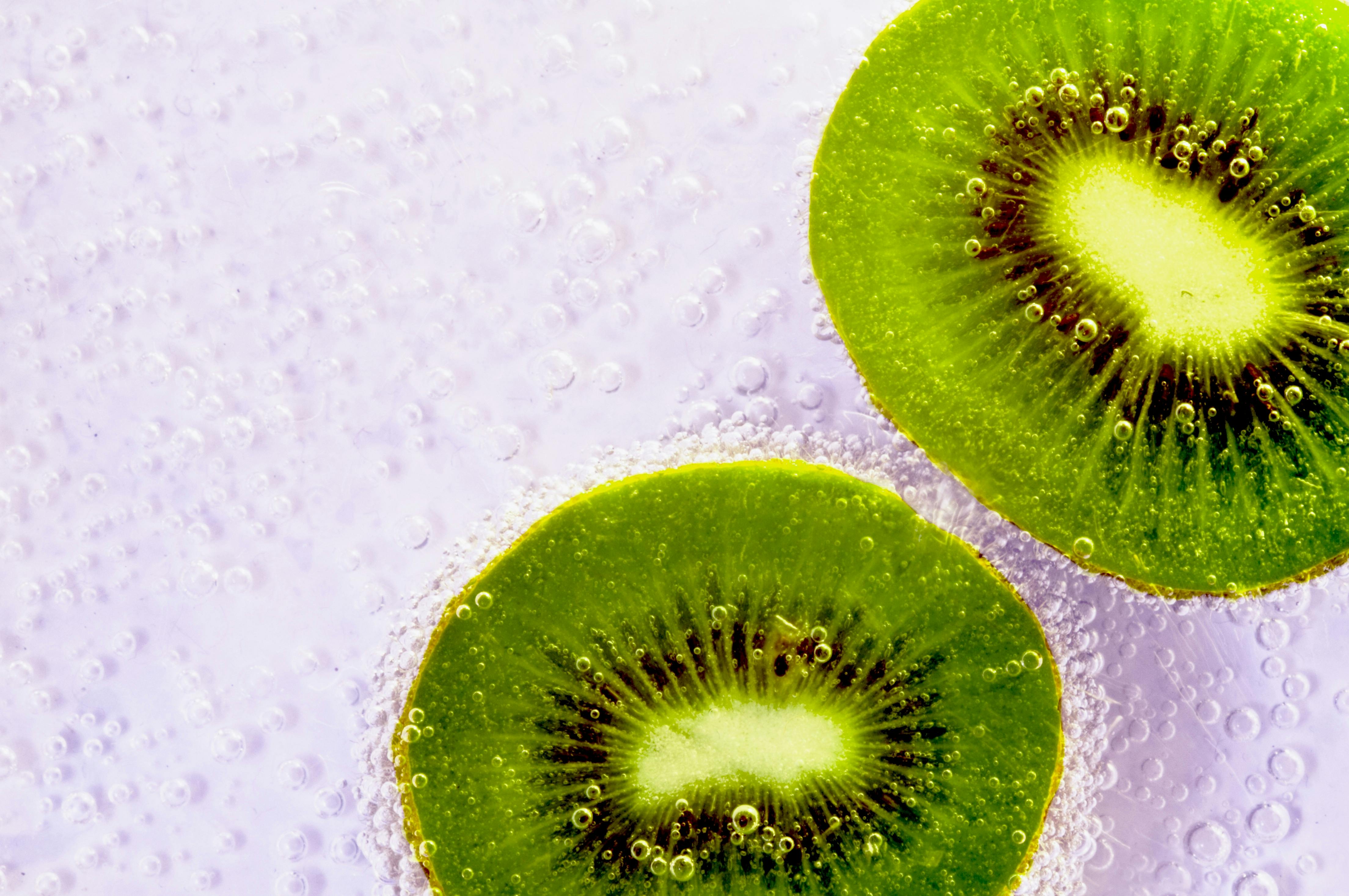
Kiwi is an unexpected ally in bone health, primarily due to its exceptional concentration of Vitamin K1 and Vitamin C for direct collagen support. But its unique anti-aging benefit comes from its high fiber and antioxidant profile, which supports the production of serotonin in the gut. Up to 90% of serotonin is made in the gut, and this neurotransmitter is increasingly linked to regulating bone density. Poor gut health and low serotonin can increase bone breakdown signals. Regular consumption of kiwi helps ensure a calm, healthy gut-brain axis, indirectly contributing to balanced bone maintenance while also improving sleep quality, which is itself crucial for cellular repair and anti-aging.
43. Green Olives (Polyphenols for Osteoblast Activation)
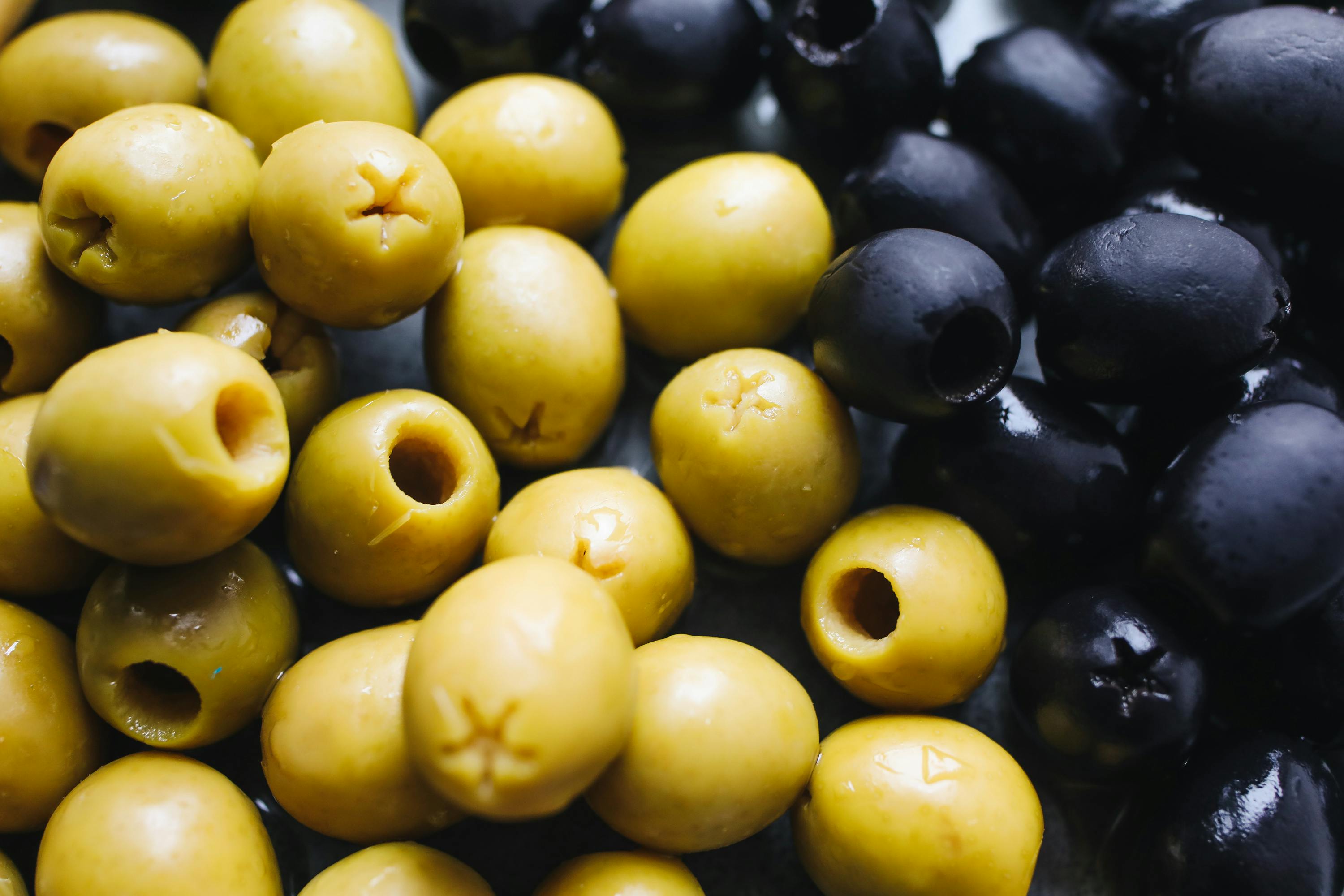
Green olives are more than a healthy fat source; they are a hidden gem for bones. The polyphenol Oleuropein, abundant in the brine-cured green variety and high-quality olive oil, is a powerful antioxidant that has been shown in studies to specifically stimulate osteoblasts (the bone-building cells). By encouraging the creation of new bone tissue, Oleuropein directly works against the age-related decline in bone density. This compound also possesses potent anti-inflammatory properties, reducing the systemic stress that accelerates bone loss. Adding a few salty, flavorful green olives to your daily salad or snack is an easy, delicious way to activate your skeleton’s natural construction crew.
44. Lentils (Manganese and Folic Acid)
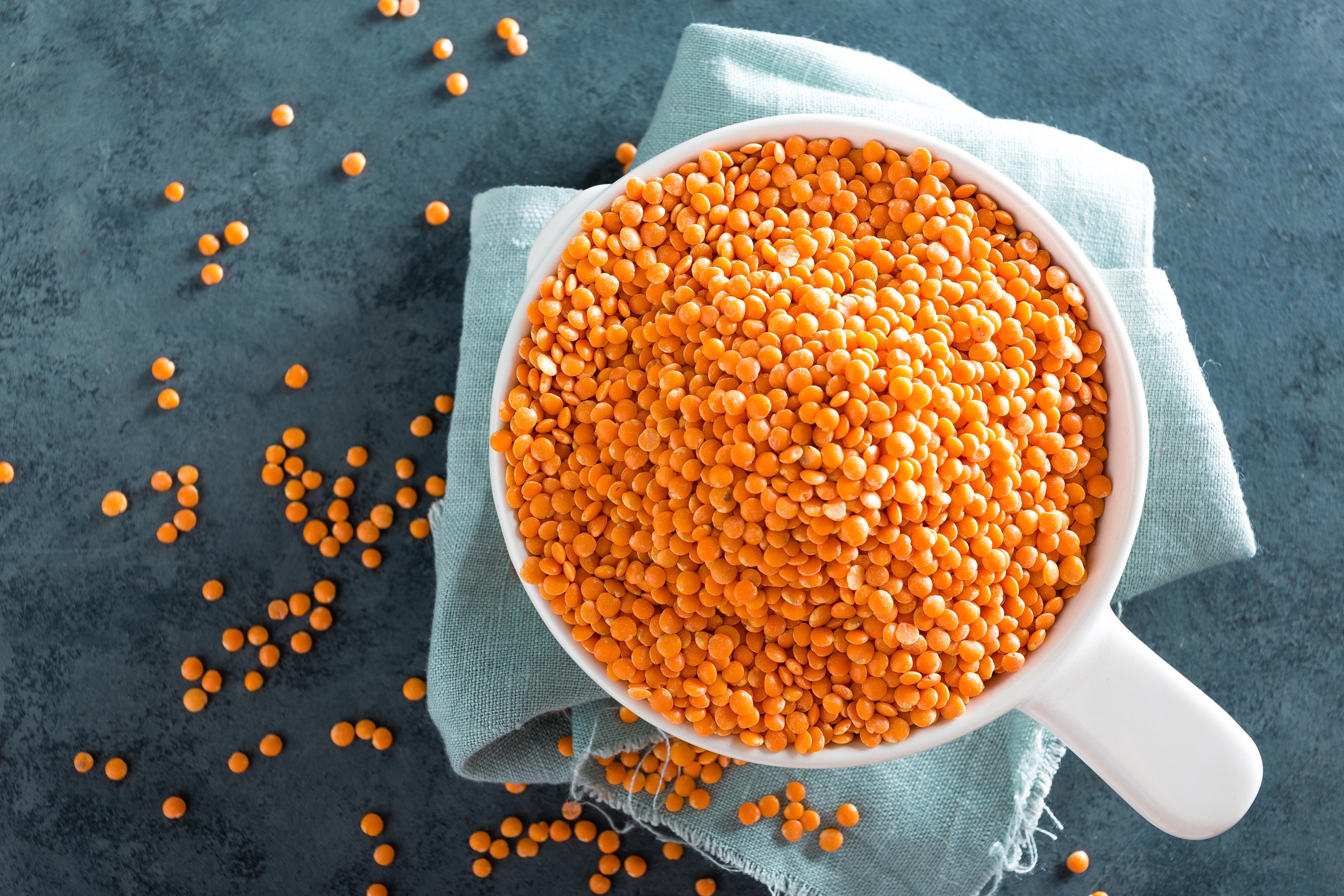
These humble legumes are a crucial, yet often overlooked, part of a bone-healthy diet. Lentils are an excellent source of Manganese, a trace mineral required for the synthesis of glycosaminoglycans in the bone matrix—the flexible, structural components of cartilage and connective tissue. Without enough manganese, the bone scaffold is compromised. Furthermore, lentils are rich in Folic Acid (Vitamin B9). Adequate B vitamins are essential for keeping homocysteine levels low, as high levels of this amino acid are independently linked to weakened collagen structure and increased fracture risk, making lentils an essential defense against molecular bone fragility.
45. Cocoa Powder (Pure Cacao Flavanols)
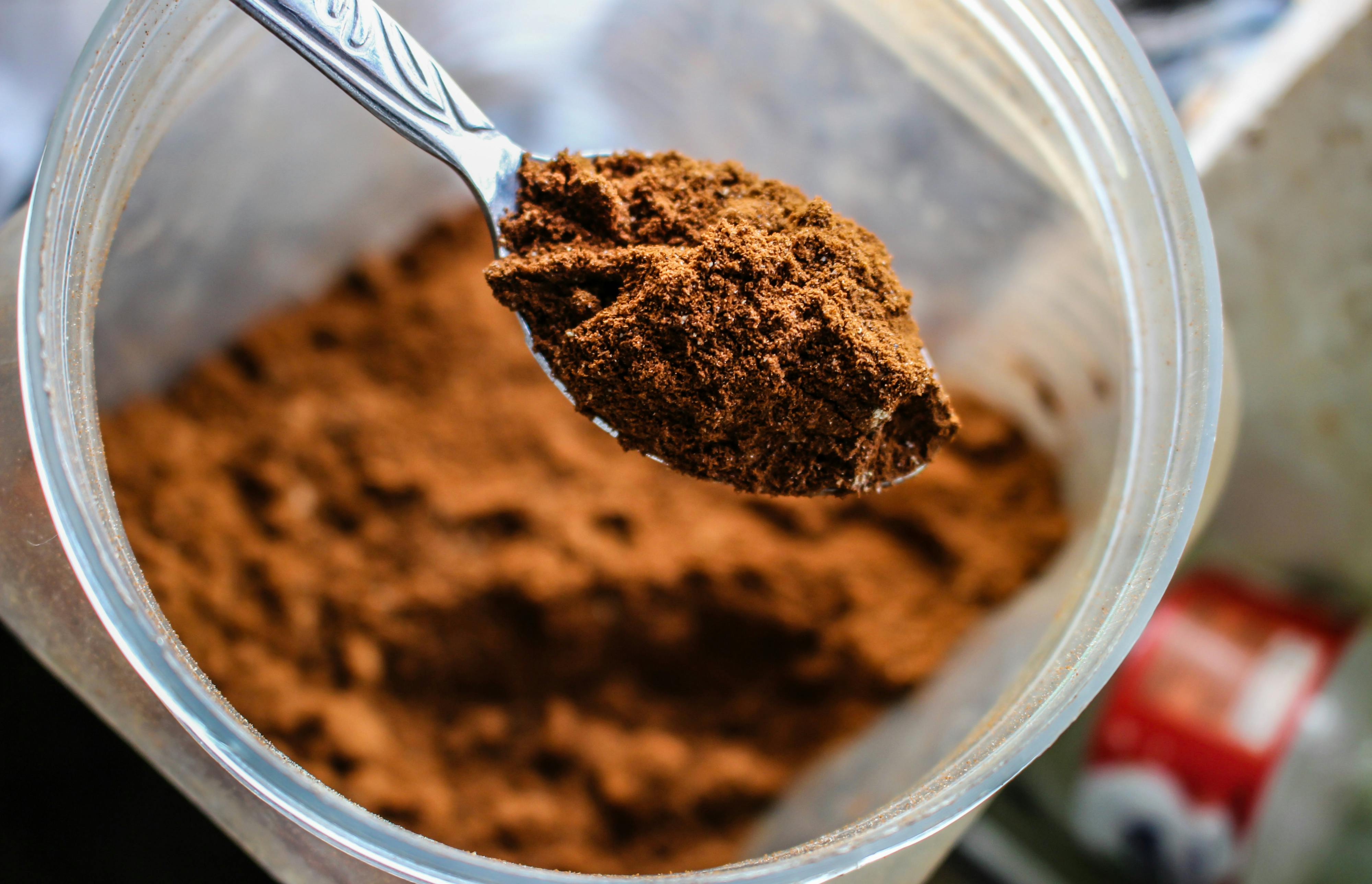
When we talk about dark chocolate, the credit belongs to the pure, unsweetened cacao powder. This powder is exceptionally rich in flavanols and procyanidins, antioxidants that reduce the oxidative stress that damages bone cells. Studies suggest these compounds can directly influence the expression of genes involved in bone remodeling, tipping the balance toward bone creation rather than breakdown. To reap the benefits without excess sugar, swap heavily processed chocolate for two tablespoons of pure, unsweetened cocoa powder added to smoothies, coffee, or oatmeal. This simple switch delivers a concentrated dose of cellular repair and skeletal protection.
46. Garlic (The Sulfur Bone Defender)
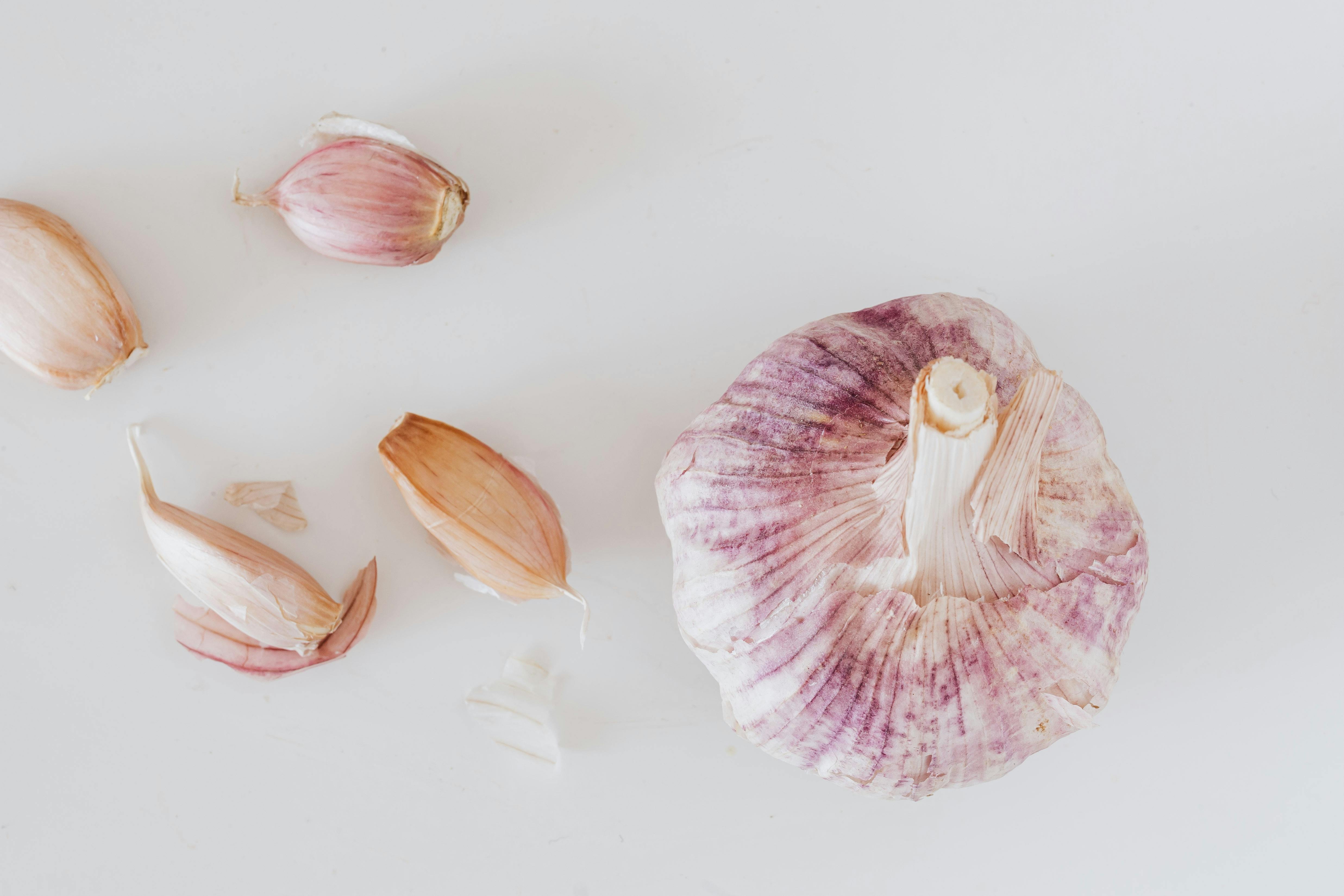
Garlic is renowned as an immune booster, but its high sulfur content makes it an unexpected, powerful defender of bone structure. Sulfur is a fundamental component of collagen and elastin—proteins vital for bone flexibility and strength. The organosulfur compounds in garlic (like allicin) are potent anti-inflammatories and antioxidants that neutralize free radicals, which would otherwise accelerate bone matrix breakdown. Furthermore, consuming garlic supports a healthy balance of gut flora, enhancing the absorption of calcium and magnesium from other foods. Simply adding a crushed clove of fresh garlic to meals a few times a week supports bone resilience at the cellular level.
47. Dandelion Greens: Prebiotic & Calcium Synergist
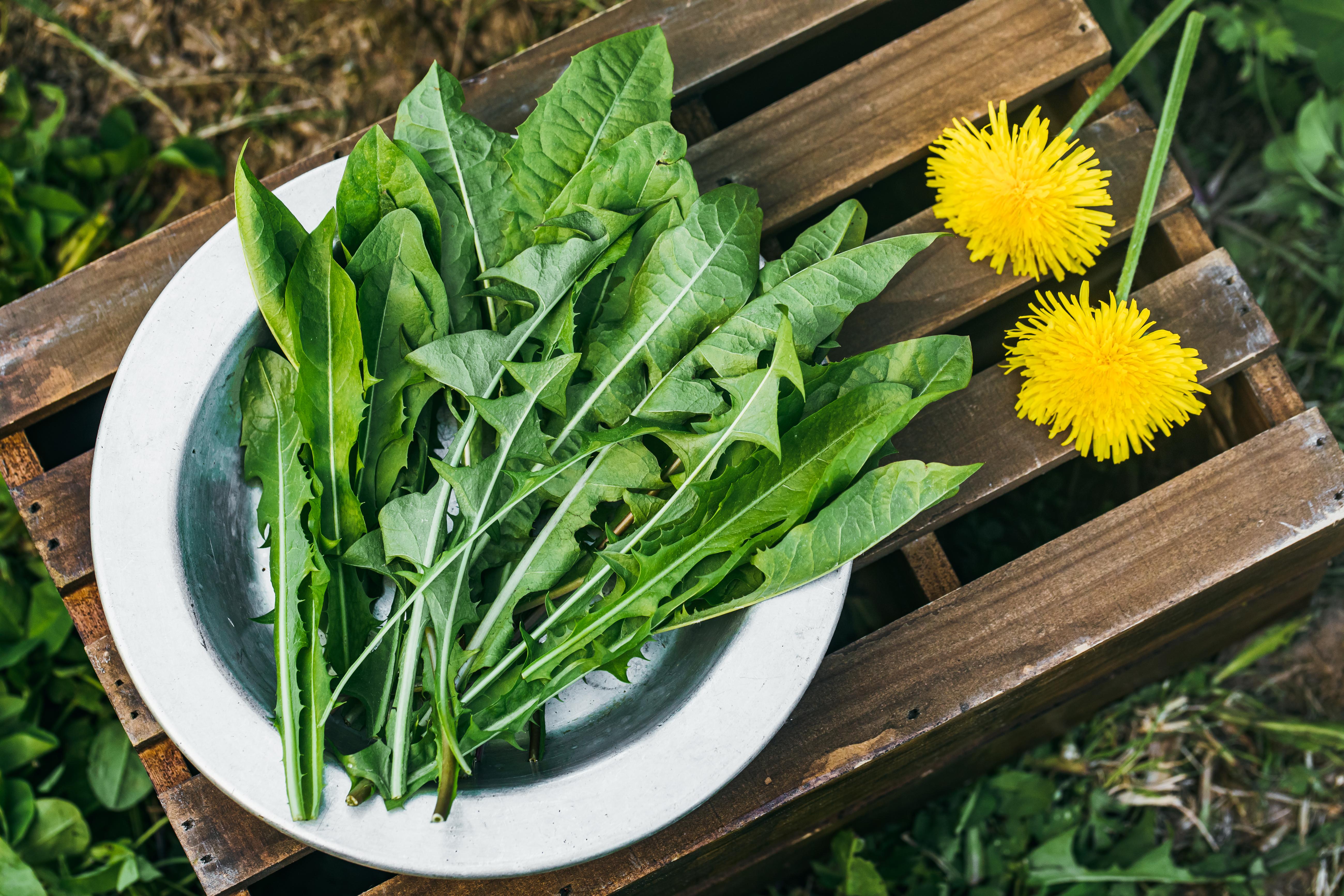
Dandelion greens are a fantastic, overlooked superfood. They provide a double boost for bone health: they are a great source of highly bioavailable calcium (calcium your body can easily absorb) and they are rich in prebiotic fiber like inulin. This fiber feeds beneficial gut bacteria, which in turn produce short-chain fatty acids (SCFAs). These SCFAs create an acidic environment in the large intestine that significantly enhances the absorption of dietary calcium and magnesium. Adding bitter dandelion greens raw to salads or lightly sautéed is a powerful way to not only consume minerals but also ensure your body actually utilizes the minerals from other foods.
48. Sprouted Grains (Ezekiel Bread): Enhanced Mineral Availability
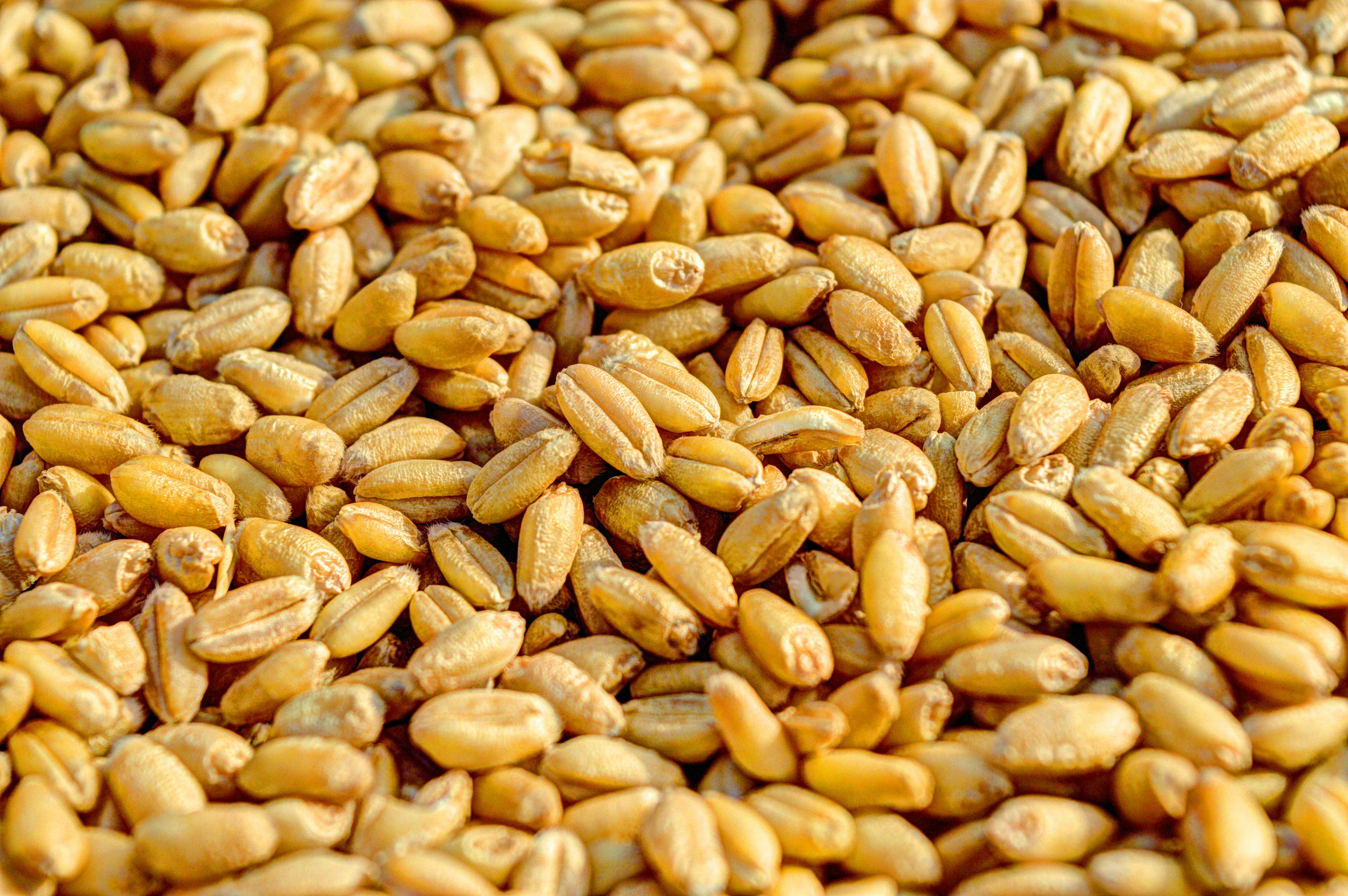
Sprouting grains like wheat, barley, and millet before milling them into flour—as is done in products like Ezekiel bread—dramatically improves their anti-aging, bone-building properties. The sprouting process neutralizes phytic acid, an "anti-nutrient" found in many grains that typically binds to and blocks the absorption of crucial minerals like calcium, magnesium, and zinc. By removing this barrier, sprouted grains make their rich supply of Manganese, Magnesium, and B-vitamins significantly more available to your body. This makes sprouted bread and cereals a much more metabolically friendly way to consume complex carbohydrates while ensuring maximum mineral uptake.
49. Blackstrap Molasses: The Iron-Manganese Powerhouse
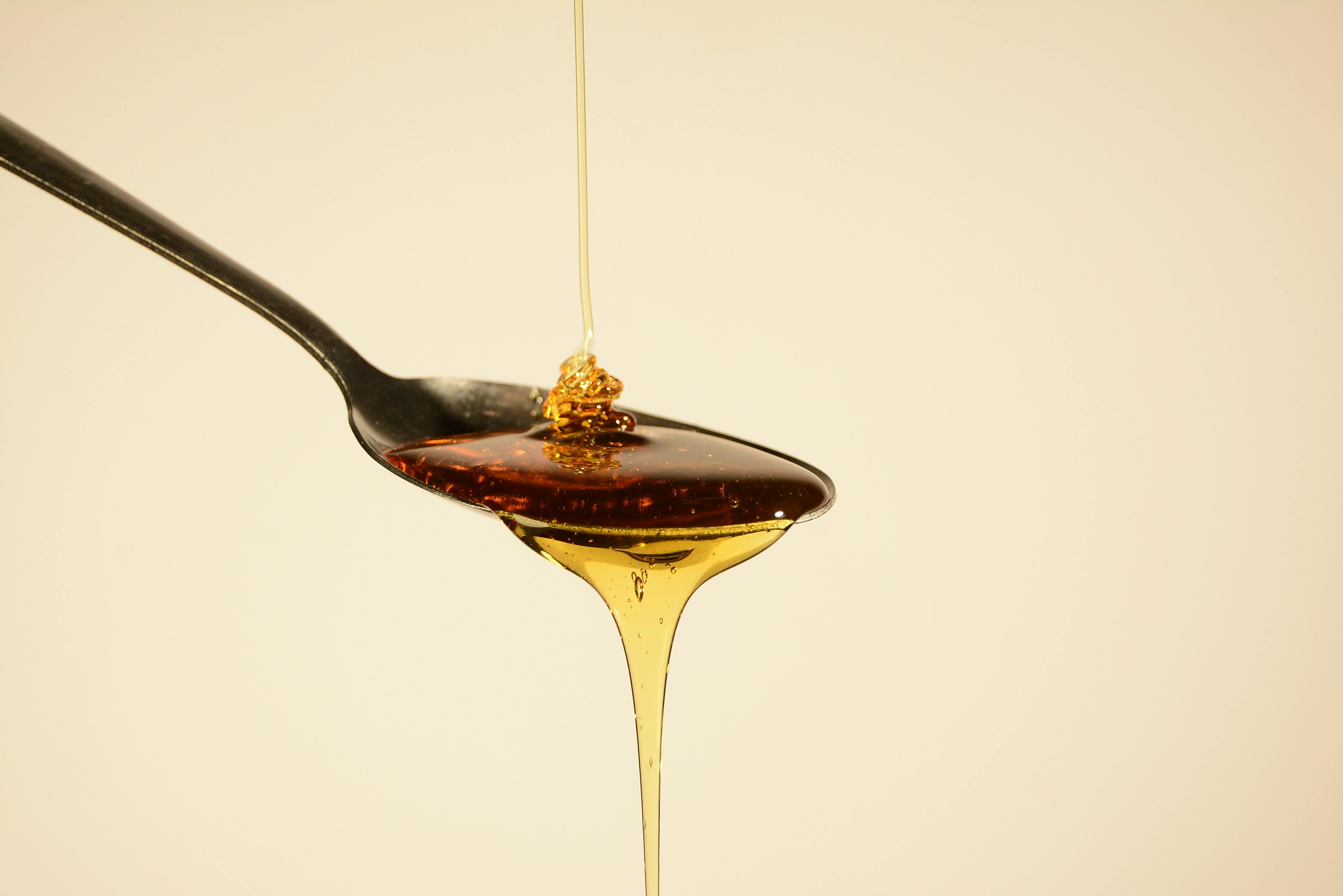
Blackstrap molasses, a thick syrup that is a byproduct of sugar refining, is an exceptional source of several trace minerals essential for the skeleton that are often deficient in modern diets. Just one tablespoon delivers a concentrated dose of Manganese and Iron, both critical for collagen synthesis and red blood cell formation, which supports overall bone vitality. Furthermore, it contains high amounts of Potassium and Magnesium, which are necessary cofactors for calcium utilization and for neutralizing acid in the body that can otherwise leach minerals from bones. It’s a versatile, uniquely mineral-dense sweetener.
50. Okra: Mucilage and Collagen Support
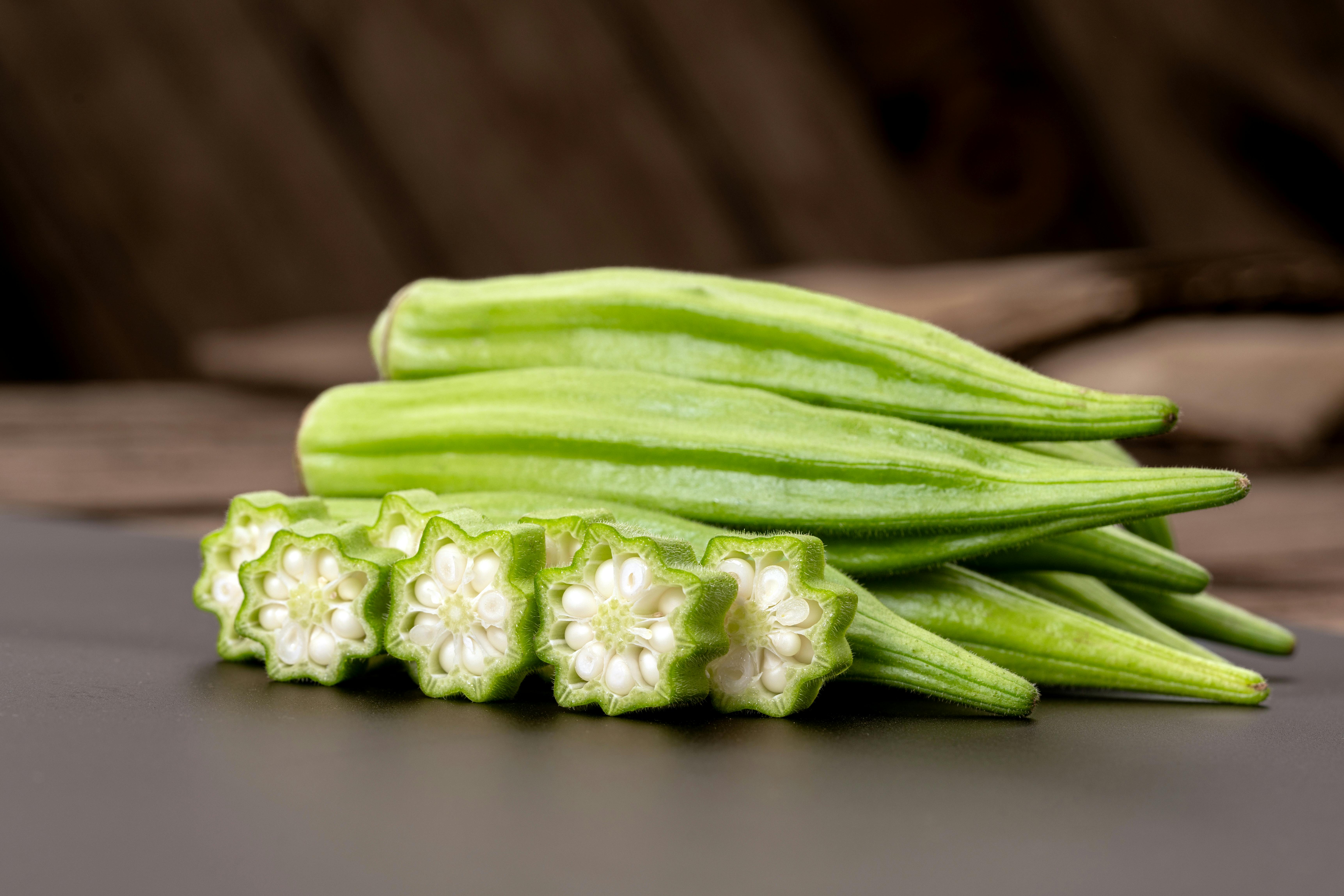
Okra, the pod vegetable often used in gumbos and stews, offers a unique structural benefit for bone health through its high content of mucilage. This gelatinous substance is a complex soluble fiber that provides a soothing, protective lining for the gut, significantly aiding in the absorption of nutrients and minimizing the gut inflammation that can lead to mineral loss. Okra is also a surprisingly good source of Vitamin K and a decent source of plant-based calcium. By creating an optimal environment for mineral uptake and providing structural components, Okra supports the delicate biological processes required for maintaining resilient connective tissue and bone integrity.
51. Plain Gelatin/Hydrolyzed Collagen Powder: Gut-Bone Axis Booster

While bone broth is mentioned, using pure plain gelatin or hydrolyzed collagen powder (often bovine or marine-sourced) as a simple additive offers a powerful, targeted way to directly supplement the bone matrix. Collagen powder is rich in the amino acids Glycine and Proline, which are the fundamental building blocks of the bone's protein scaffold. By providing these amino acids in high concentration, you give the body the raw material it needs to repair and strengthen the underlying structure of the bone, increasing its flexibility and fracture resistance, which is key to anti-aging and agility.
52. Asparagus: Vitamin K and Folate for Homocysteine Control

Asparagus is a powerhouse, often overlooked for its bone benefits beyond general greens. It is rich in Vitamin K (essential for bone mineralization) and an exceptional source of Folate (Vitamin B9). Folate is critical because it helps the body break down homocysteine, an amino acid that, when present at high levels, is strongly linked to collagen damage and increased fracture risk, independent of mineral density. Eating asparagus regularly helps clear this dangerous compound, protecting the quality and flexibility of the bone matrix itself. Enjoy asparagus steamed or roasted as a powerful defense against structural fragility.
53. Watermelon Seeds: Copper and Iron for Bone Marrow
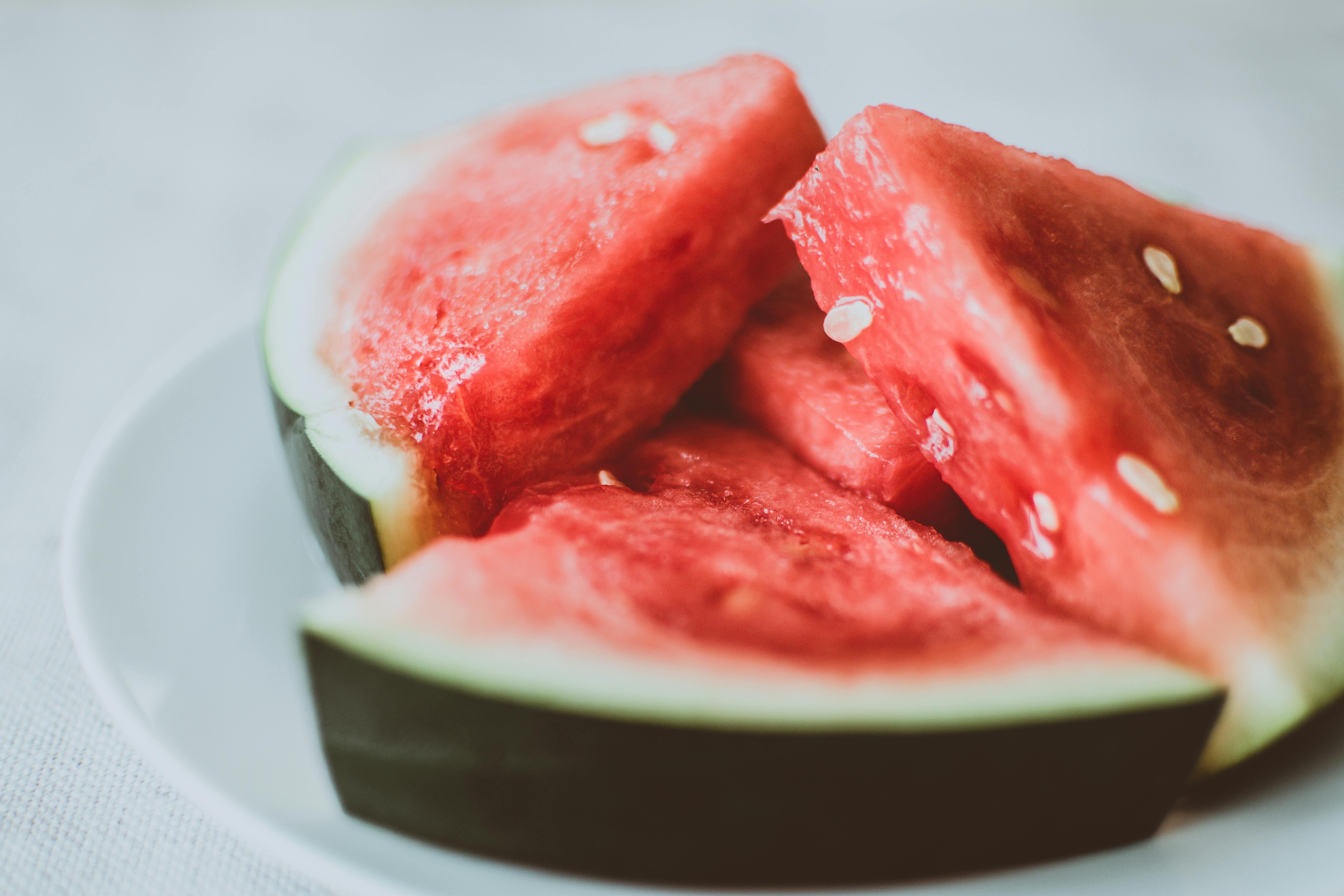
Watermelon seeds, often discarded, are a concentrated source of essential minerals vital for the bone's internal health. They provide high levels of Copper, a trace mineral that acts as a cofactor for enzymes that cross-link collagen and elastin, giving the bone matrix its strength and flexibility. They are also rich in Iron, which is critical for red blood cell production within the bone marrow. Consuming sprouted, roasted, or dried watermelon seeds ensures you provide your skeletal system with the necessary building blocks for robust bone structure and healthy, functioning marrow.
54. Nutritional Yeast: Bioavailable B12 and Protein
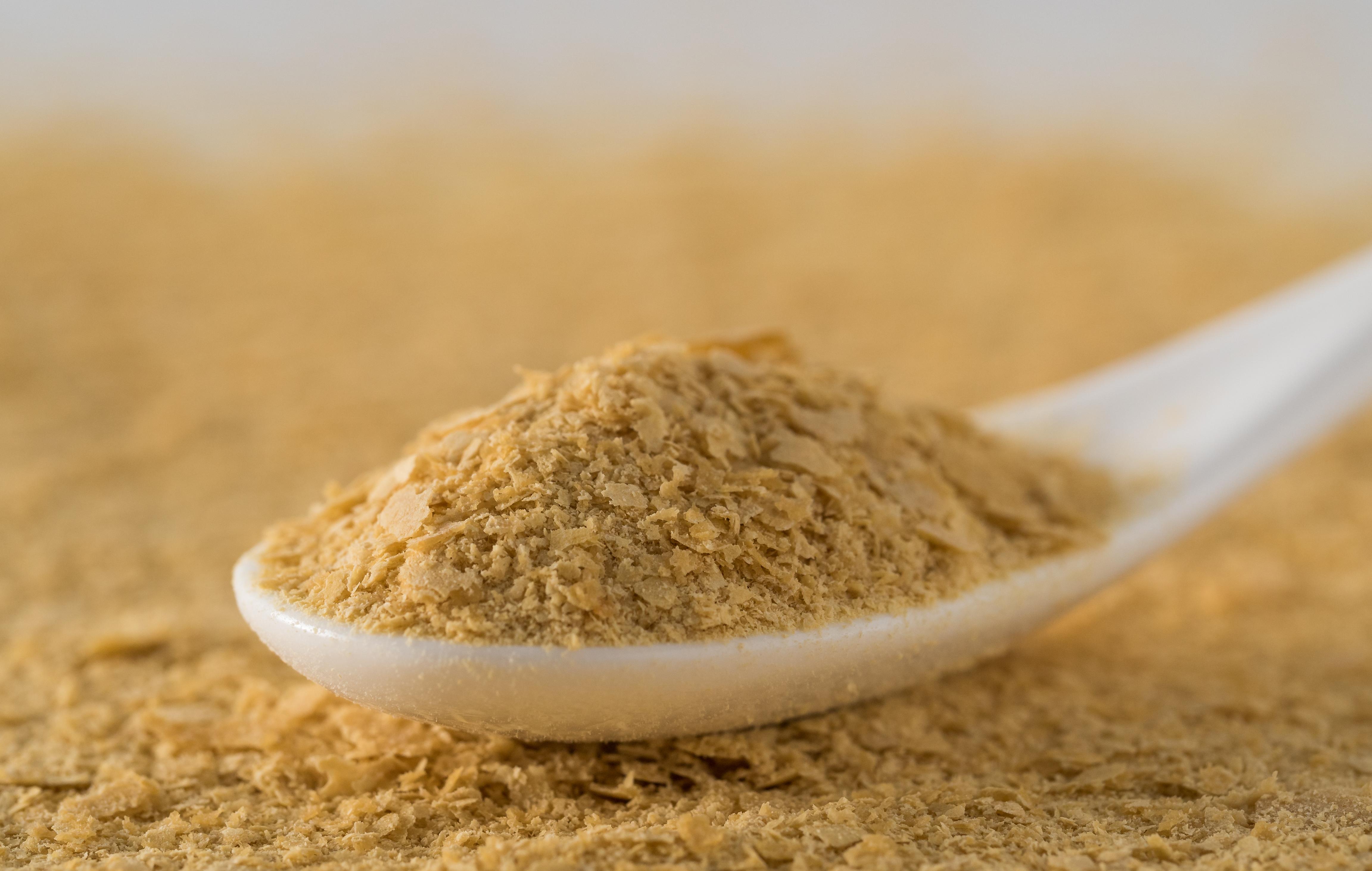
For plant-based diets, nutritional yeast is a unique bone-supportive food due to its rich, bioavailable source of Vitamin B12 and high-quality protein. B12 is essential for keeping homocysteine levels low (preventing arterial and bone collagen damage) and for supporting osteoblast (bone-building cell) activity. Since B12 is scarce in plant foods, supplementing with fortified nutritional yeast—sprinkled on popcorn, salads, or mixed into sauces—is an easy, flavorful, and powerful method to ensure nerve, blood, and bone health are maintained.
55. Black Beans: Molybdenum and Phosphorus Synergist
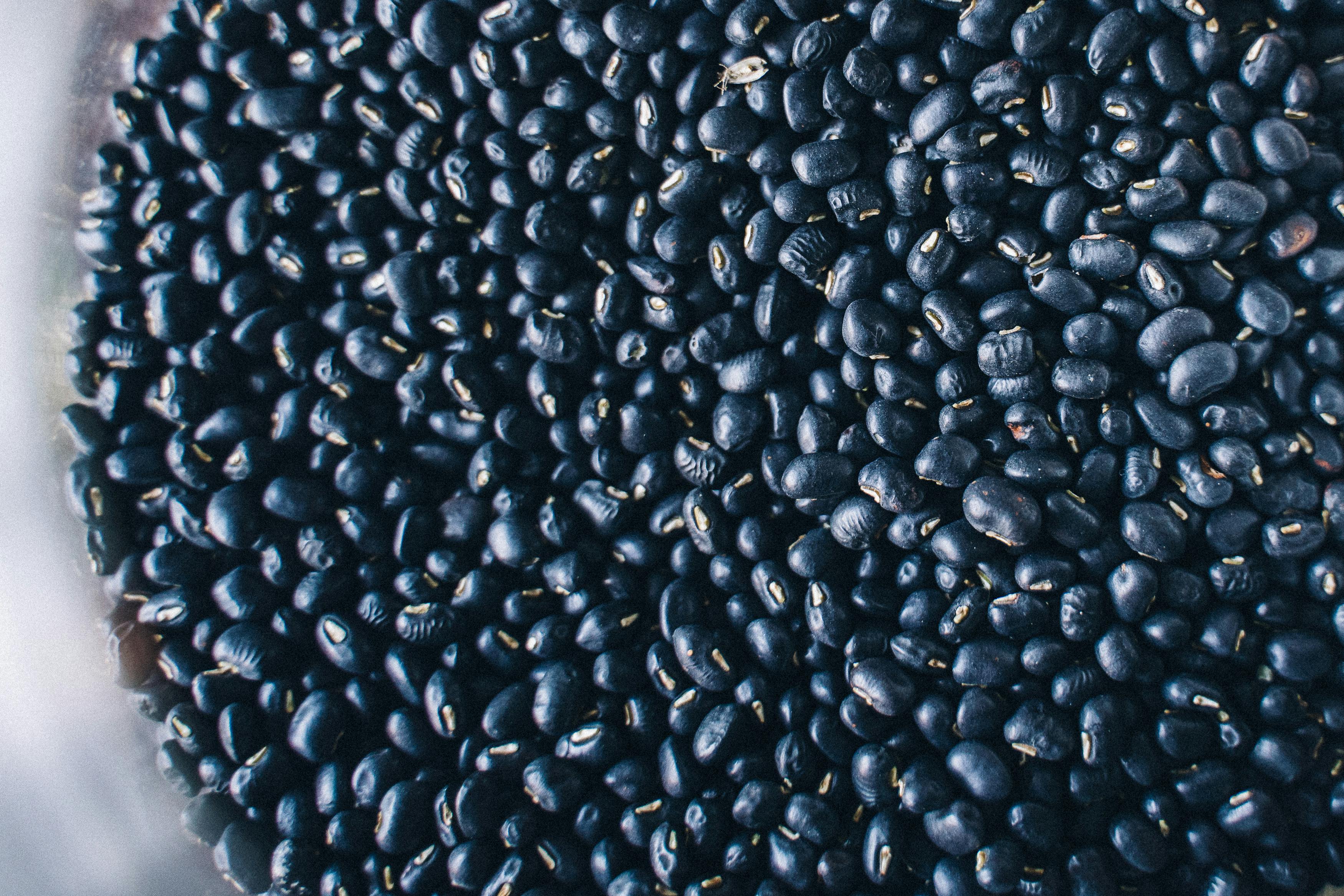
While other beans are mentioned, black beans are a unique superfood due to their high content of the trace mineral Molybdenum. Molybdenum is a cofactor for the body's detoxification systems, helping to clear excess sulfates and other compounds that can cause an acidic burden. By supporting the body's ability to neutralize acid, black beans indirectly protect against calcium leaching from the bones. They are also packed with Phosphorus, a core mineral that works with calcium to form the dense bone structure. Enjoy them regularly in tacos, chilis, or salads for comprehensive internal support.
56. Ground Cloves: Unique Manganese Concentration
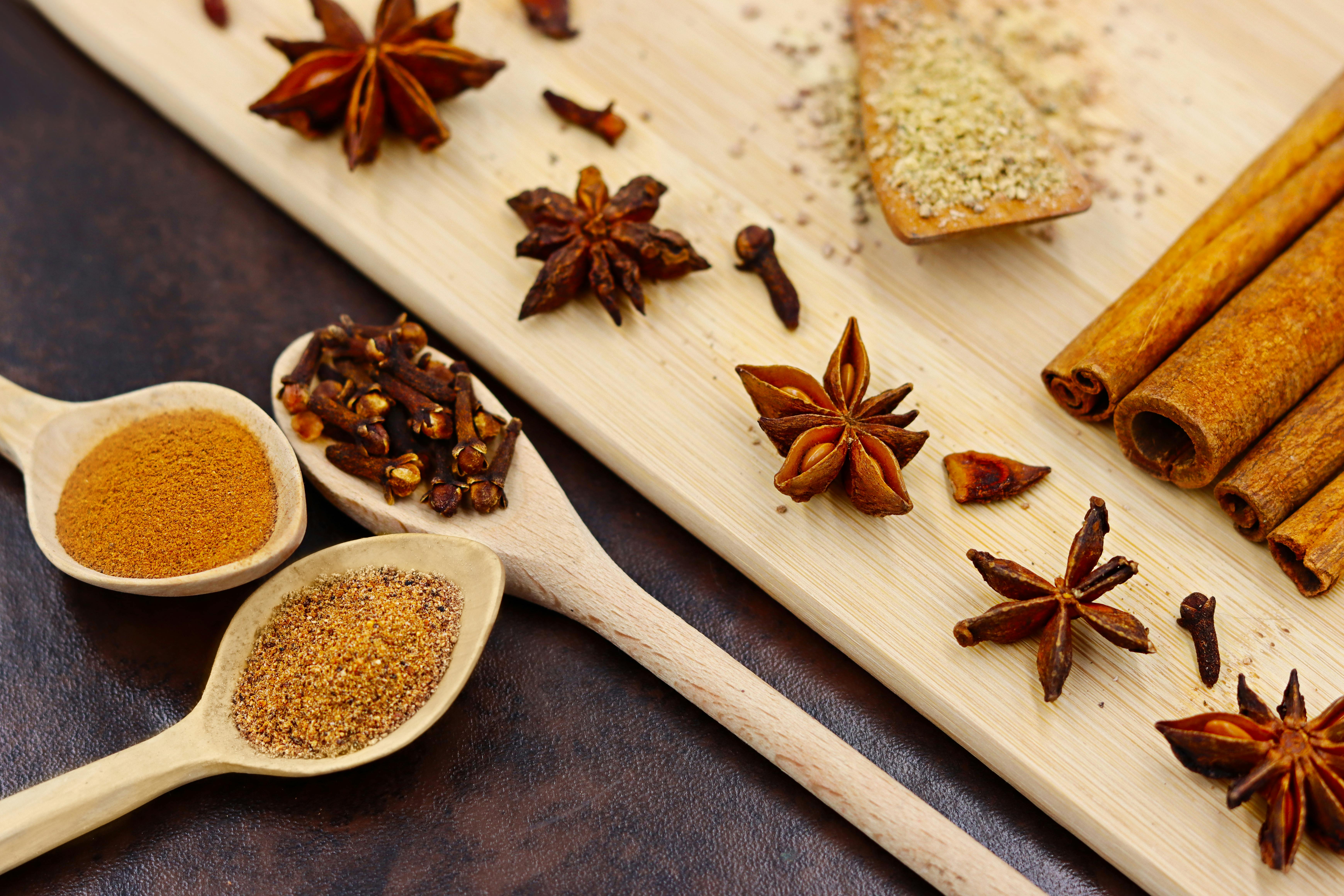
Cloves, the fragrant dried flower buds, are not just a spice; they are arguably the highest food source of Manganese. This trace mineral is essential for activating numerous enzymes involved in cartilage and bone formation, playing a critical role in the synthesis of glycosaminoglycans that form the flexible, structural components of the bone matrix. Grinding just a small amount of dried cloves into your coffee, tea, or rubs provides a massive, concentrated dose of this vital cofactor, supporting the creation of strong, resilient connective tissues throughout the aging body.
57. Spices (Turmeric/Ginger) — The Inflammatory Switch Controller
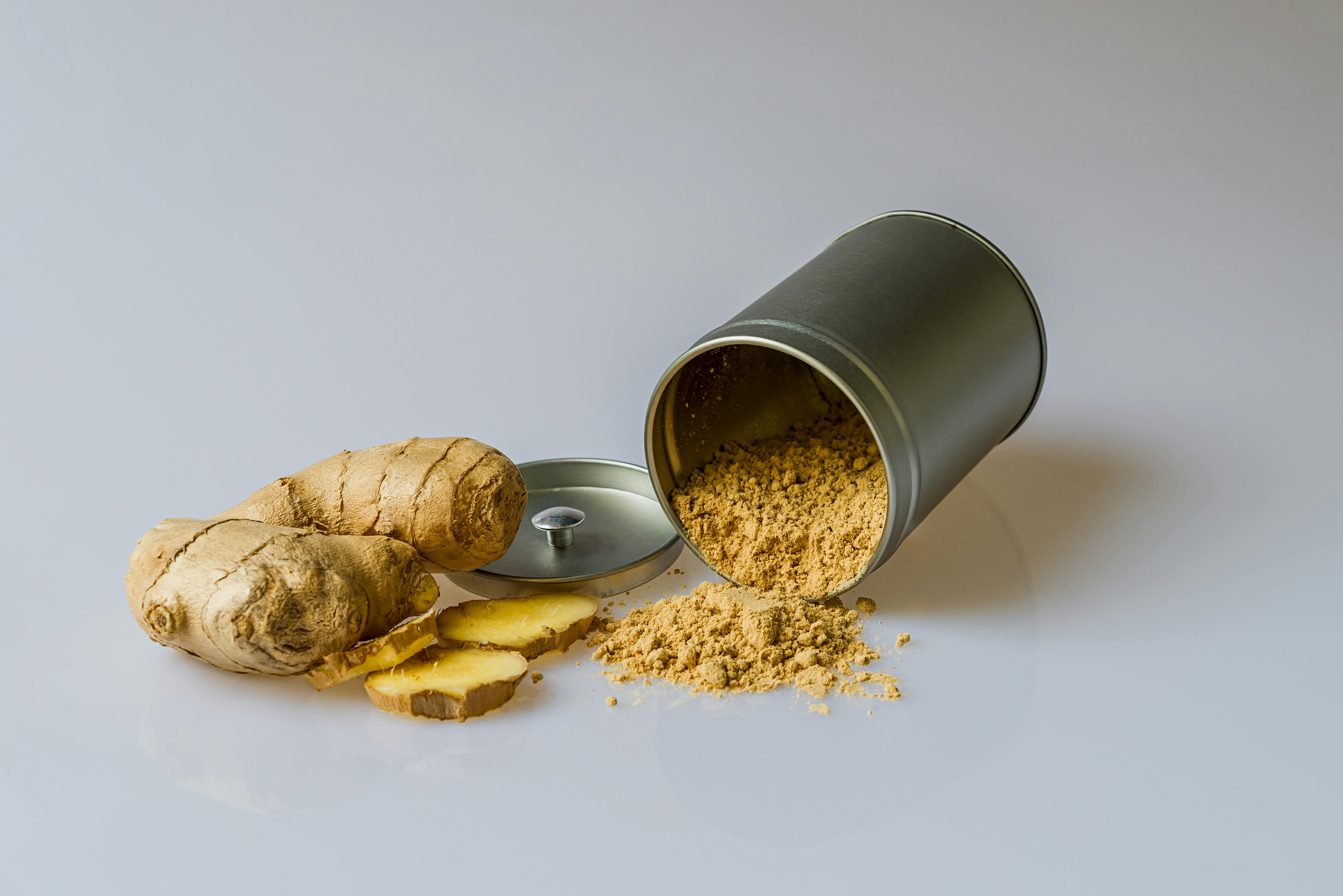
Many spices, especially turmeric and ginger, contain potent bioactive compounds (curcumin in turmeric, gingerols in ginger) that don't directly supply bone minerals but instead act as crucial regulators of the entire skeletal environment. Chronic, low-grade systemic inflammation is a silent enemy of bone density, as it drives up the activity of osteoclasts—the cells that break down bone. By significantly reducing this background inflammation, these spices slow down unnecessary bone resorption. Turmeric and ginger essentially act as signal dampeners, telling the body to conserve existing bone and allowing the osteoblasts (bone builders) a better chance to keep up. Use them liberally in cooking, teas, or golden milk for cell-level, anti-aging defense.
58. Shellfish (Mussels/Clams) — The Bioavailable Selenium and Iodine Source

While oysters are mentioned for zinc, other shellfish like mussels and clams are stellar for two less-discussed bone allies: Selenium and Iodine. Selenium is a powerful antioxidant essential for bone metabolism and protecting against oxidative stress, which accelerates cellular aging. Iodine is vital for healthy thyroid function; an imbalanced thyroid (often caused by iodine deficiency) can critically disrupt the body's entire hormonal system, leading to rapid bone loss. Shellfish provide both in a highly bioavailable, protein-packed matrix, ensuring the body's metabolic systems are running smoothly to protect and maintain your skeletal frame.
59. Purslane — The Unique Vegetable Omega-3 and Magnesium Source

Often overlooked as a weed, purslane is a succulent leafy green that stands out as one of the few vegetables containing significant levels of the anti-inflammatory plant-based omega-3 fatty acid, Alpha-Linolenic Acid (ALA). Beyond its anti-inflammatory action that protects bone cells, purslane is also highly concentrated in magnesium and a wide array of antioxidants. The combination of ALA and magnesium synergistically supports optimal calcium absorption and utilization while reducing the systemic stress that contributes to age-related bone fragility. Use the fresh leaves raw in salads or lightly sautéed for a nutrient profile typically found only in seeds or fish.
60. Pine Nuts — The Vitamin K and Manganese Energy Booster
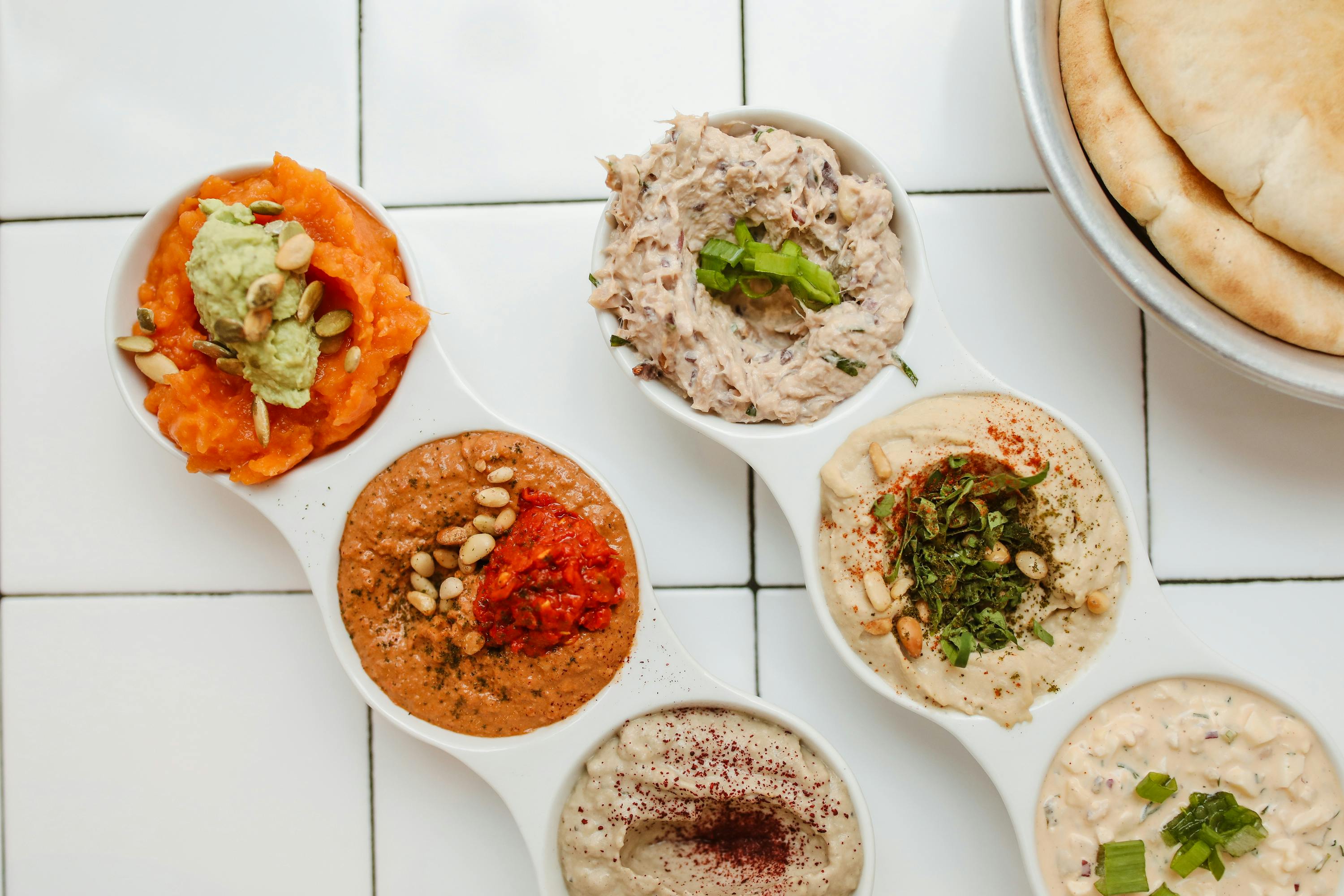
These creamy, expensive nuts offer a highly concentrated source of both Vitamin K and Manganese, supporting bone health through a dual mechanism. Vitamin K is essential for activating osteocalcin, the protein that binds calcium to the bone matrix. However, pine nuts also deliver unique fatty acids that influence the release of cholecystokinin (CCK), a hormone that promotes a feeling of fullness. By helping to regulate appetite and energy balance, they indirectly support the consistent nutrient intake necessary for bone maintenance and help prevent the weight fluctuations that can stress and weaken the skeletal structure over time, contributing to overall physical resilience.
61. Raw Honeycomb — The Unique Propolis and Royal Jelly Delivery System
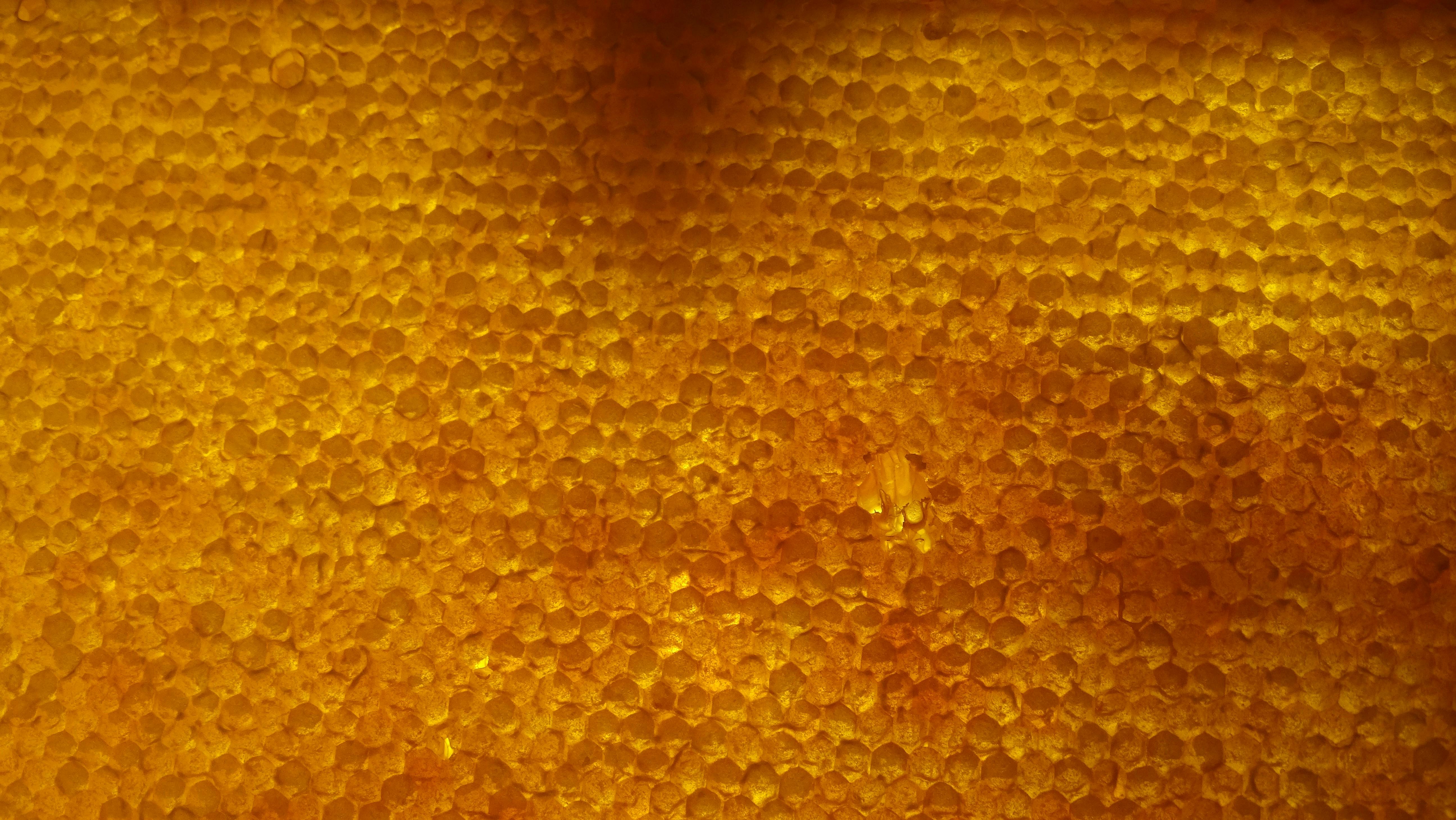
Beyond simple sugar, honeycomb offers trace amounts of bee pollen, propolis, and royal jelly, which are rich in bioflavonoids, amino acids, and antioxidants. While they don't supply major bone minerals, these unique compounds exhibit strong anti-aging and immune-modulating effects that address the root cause of age-related decline: chronic cellular stress. Propolis, in particular, has been studied for its ability to protect the cartilage matrix and modulate the inflammatory pathways that lead to joint and bone damage. Chewing a small piece of raw honeycomb occasionally is an interesting, natural way to deliver these potent, protective compounds to support the integrity of the entire musculoskeletal system.
62. Black Currants — The Gamma-Linolenic Acid (GLA) Regulator
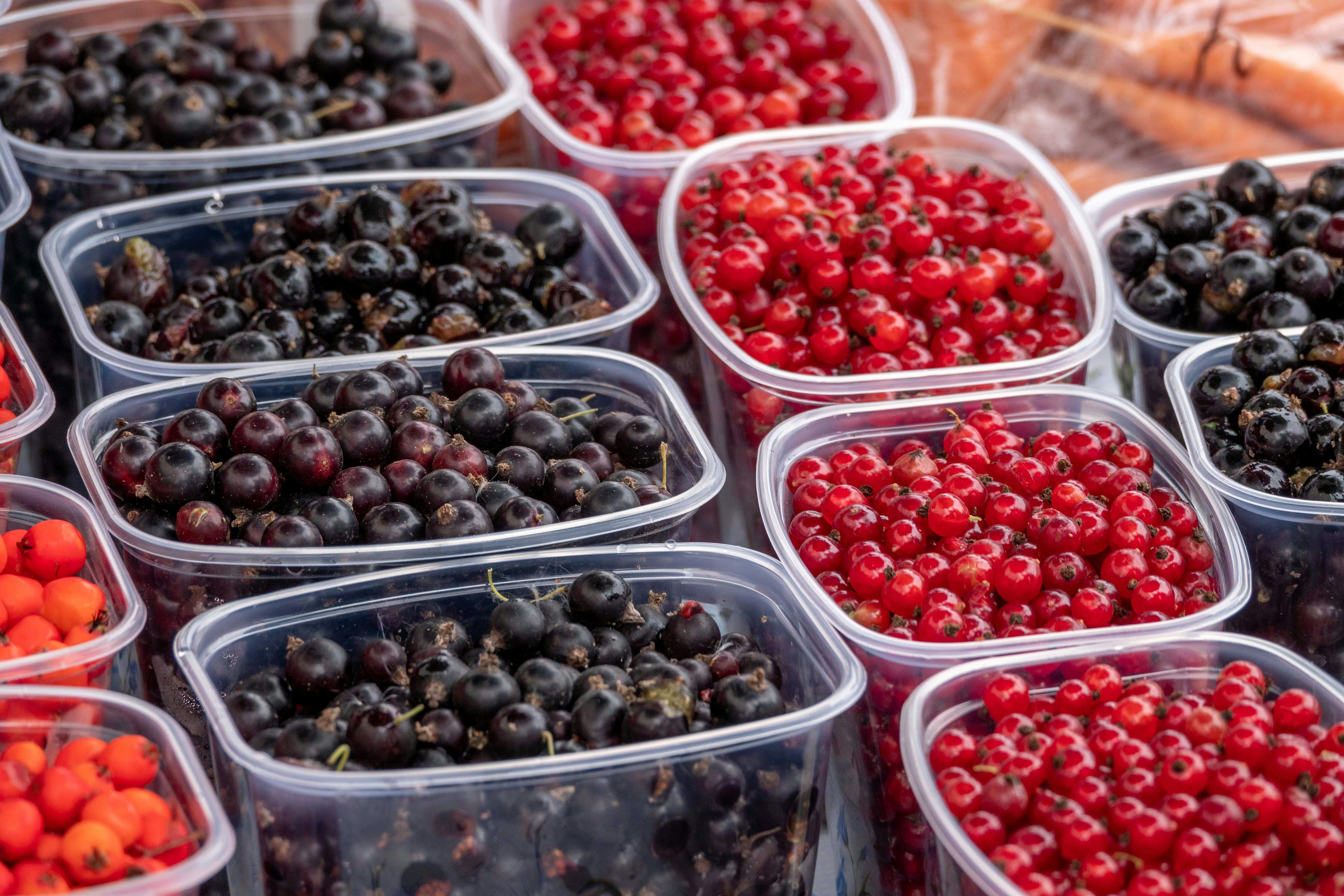
Black currants are a small berry that offers a powerful anti-aging benefit distinct from other berries on your list. They contain a high amount of Gamma-Linolenic Acid (GLA), a rare omega-6 fatty acid typically found in borage oil. Unlike common, inflammatory omega-6s, GLA is metabolized into compounds that actively reduce bone-resorbing inflammation. Furthermore, black currants are loaded with anthocyanins and Vitamin C to aid collagen structure. Enjoying these tart berries fresh, frozen, or as a juice provides a delicious way to incorporate a potent regulator that shifts the body's chemistry toward bone preservation.
63. Nutritional Yeast (Unfortified) — The Sulfur and B-Vitamin Matrix
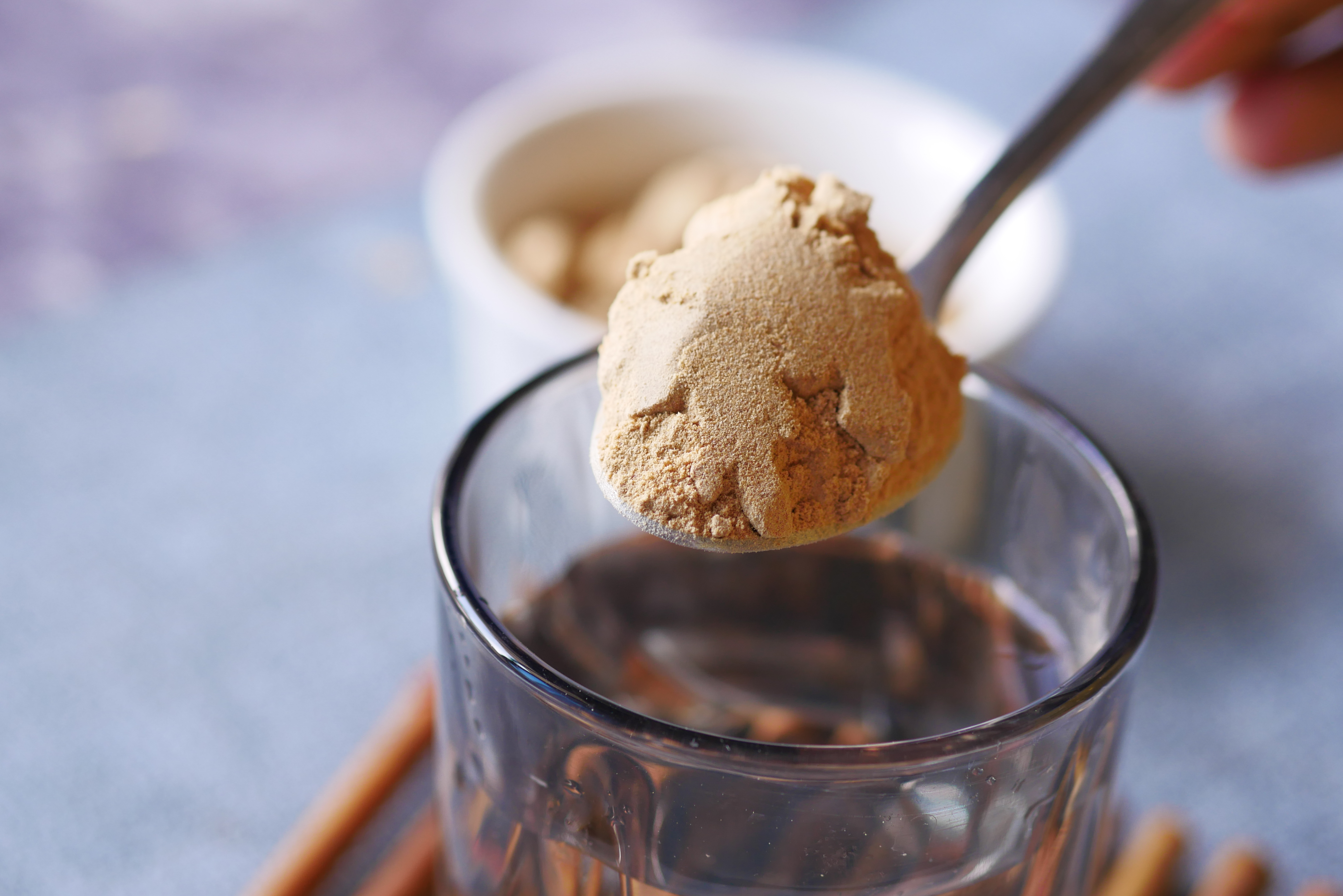
While fortified nutritional yeast is listed for B12, the unfortified kind offers a different, foundational benefit. It's a powerhouse of Sulfur and various B-vitamins (excluding B12). Sulfur is a critical, often-overlooked structural component of the bone matrix, essential for the integrity of connective tissues and cartilage. Adequate B-vitamins ensure optimal metabolism, which reduces the production of inflammatory compounds that leach minerals from the skeleton. Sprinkling savory, flaky nutritional yeast over eggs, vegetables, or popcorn provides the raw structural materials needed for a resilient, flexible bone scaffold.
64. Cottage Cheese (Curds) — Casein and Slow-Release Calcium
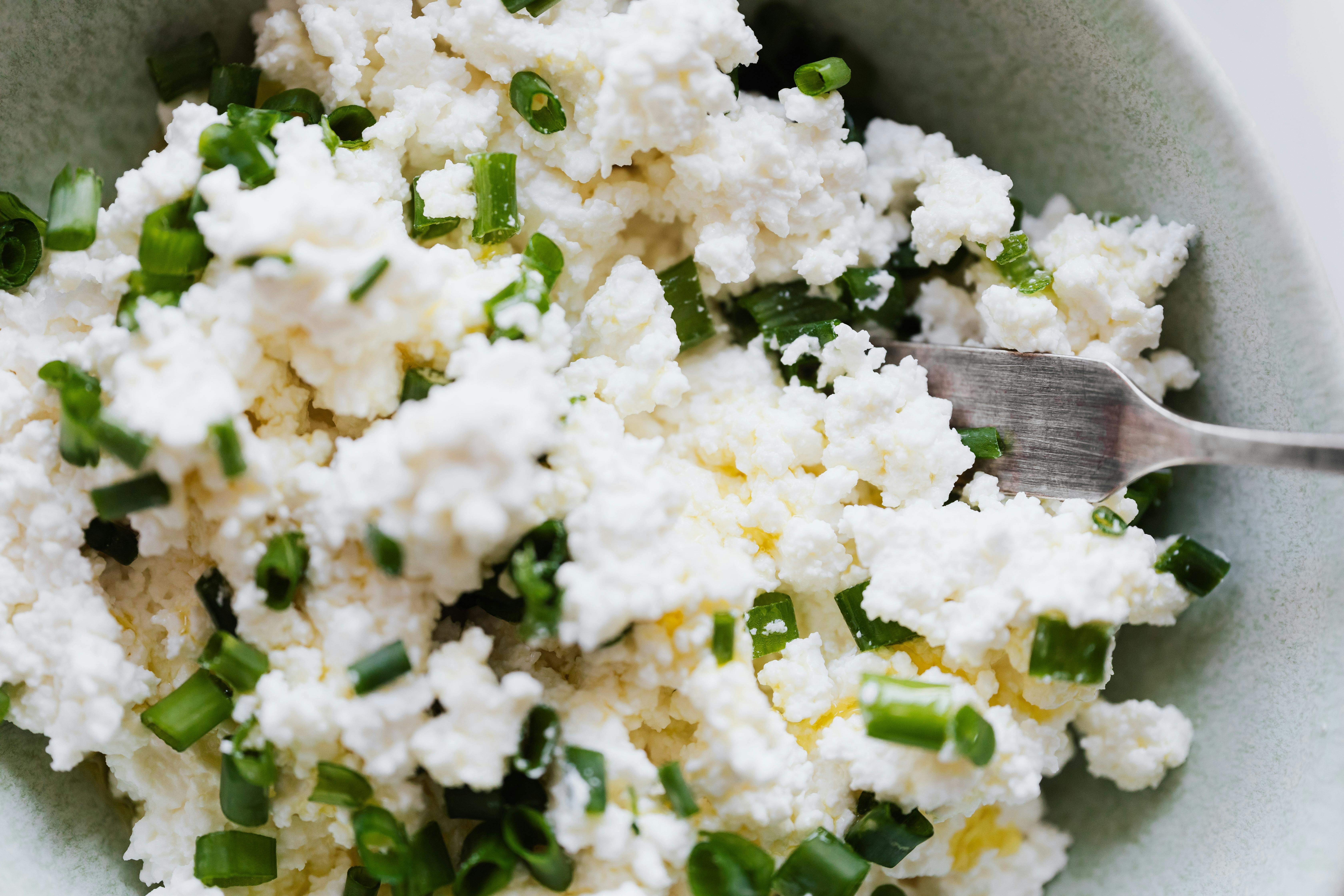
Cottage cheese offers a unique protein profile superior to yogurt for bone maintenance. Its curds are rich in Casein protein, a slow-digesting protein that releases calcium and amino acids over several hours. This sustained release ensures a continuous supply of building blocks for osteoblasts (bone-building cells) even while you sleep or during long periods between meals. This steady nourishment is critical for anti-aging because it helps stabilize bone turnover, minimizing the acute mineral losses that fast-digesting foods can cause. Choose low-sodium, low-fat varieties and pair with fruit for optimal benefit.
65. Mustard Seed Paste (Phytic Acid Blockade)
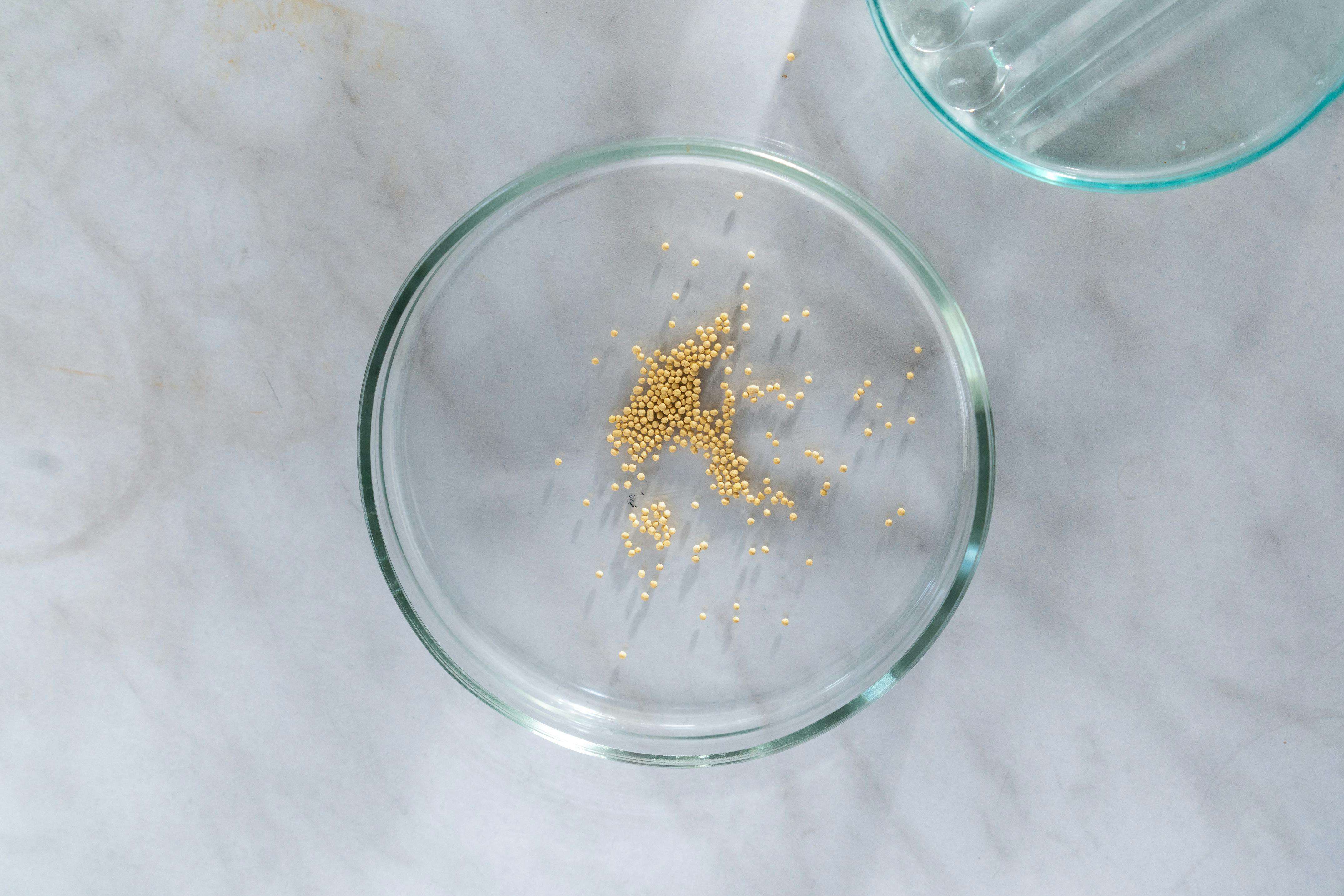
Making a simple paste from ground yellow mustard seeds (or consuming pure prepared mustard) offers an often-missed metabolic hack. Mustard seeds contain compounds that have been shown to temporarily interfere with the activity of phytic acid in other foods consumed simultaneously. Phytic acid, found in grains and legumes, is an anti-nutrient that blocks mineral absorption. By consuming mustard with a meal high in phytic acid, you increase the bioavailability of the zinc, calcium, and magnesium present in that meal, ensuring your body successfully utilizes those essential bone-building minerals.
66. Horseradish (Isothiocyanate Vessel Support)
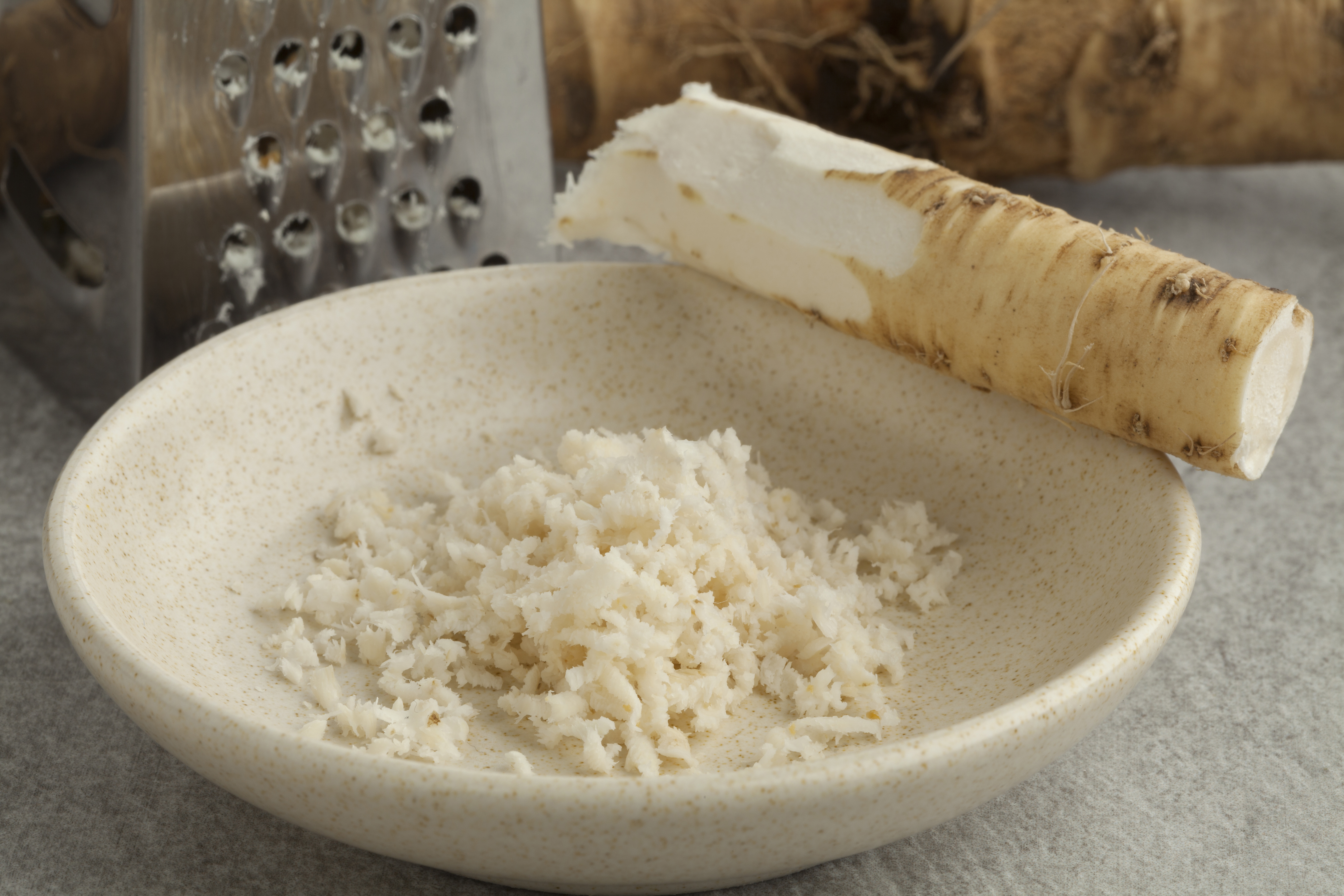
Horseradish, and its pungent compounds, offers a benefit related to vascular health that supports bone delivery. Its sharp flavor comes from isothiocyanates, compounds that act as potent anti-inflammatories and support healthy blood circulation. Good blood flow is vital because it ensures the rapid, consistent delivery of oxygen and bone-building nutrients (calcium, Vitamin D, etc.) to the osteoblasts deep within the bone tissue. Grating fresh horseradish or using the prepared root with savory meals helps maintain the clear, efficient vascular pathways necessary for sustained skeletal vitality.
67. Sumac (Powdered Spice) — The Anti-Glycation Bone Protector
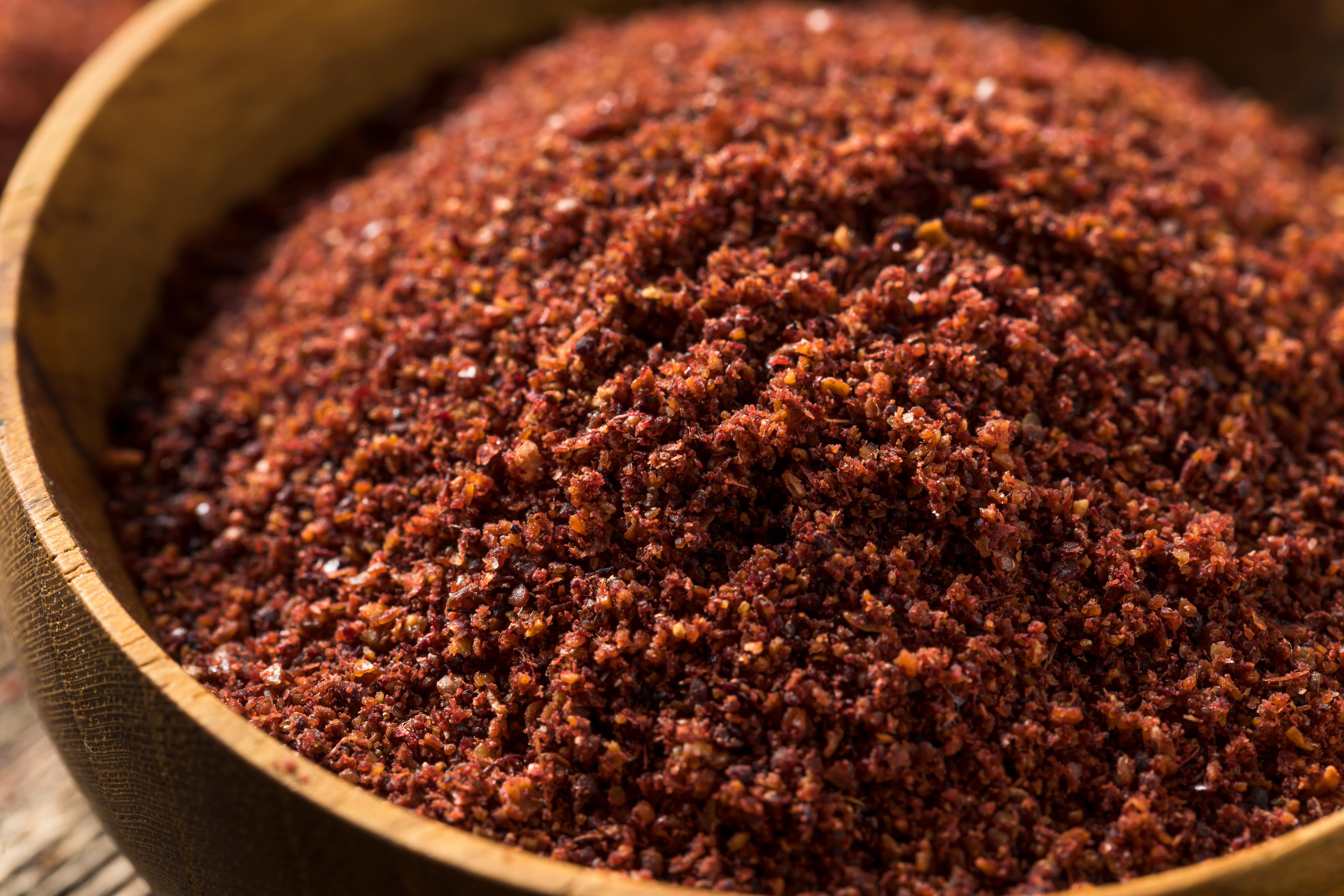
Sumac is a tangy, deep-red spice often used in Middle Eastern and Mediterranean cuisine. Its bone-protective benefit is unique because it centers on anti-glycation. Sumac is incredibly rich in gallic acid and potent tannins that actively fight the formation of Advanced Glycation End-products (AGEs). AGEs are formed when sugars bind to proteins, causing collagen fibers (the flexible scaffold of bone) to become brittle and weak—a key mechanism of bone aging. Sprinkling sumac over hummus, chicken, or salads provides a delicious, daily dose of this internal shield, helping to keep your bone matrix flexible and strong.
68. Annatto Seeds (The Delta-Tocotrienol Bone Shield)
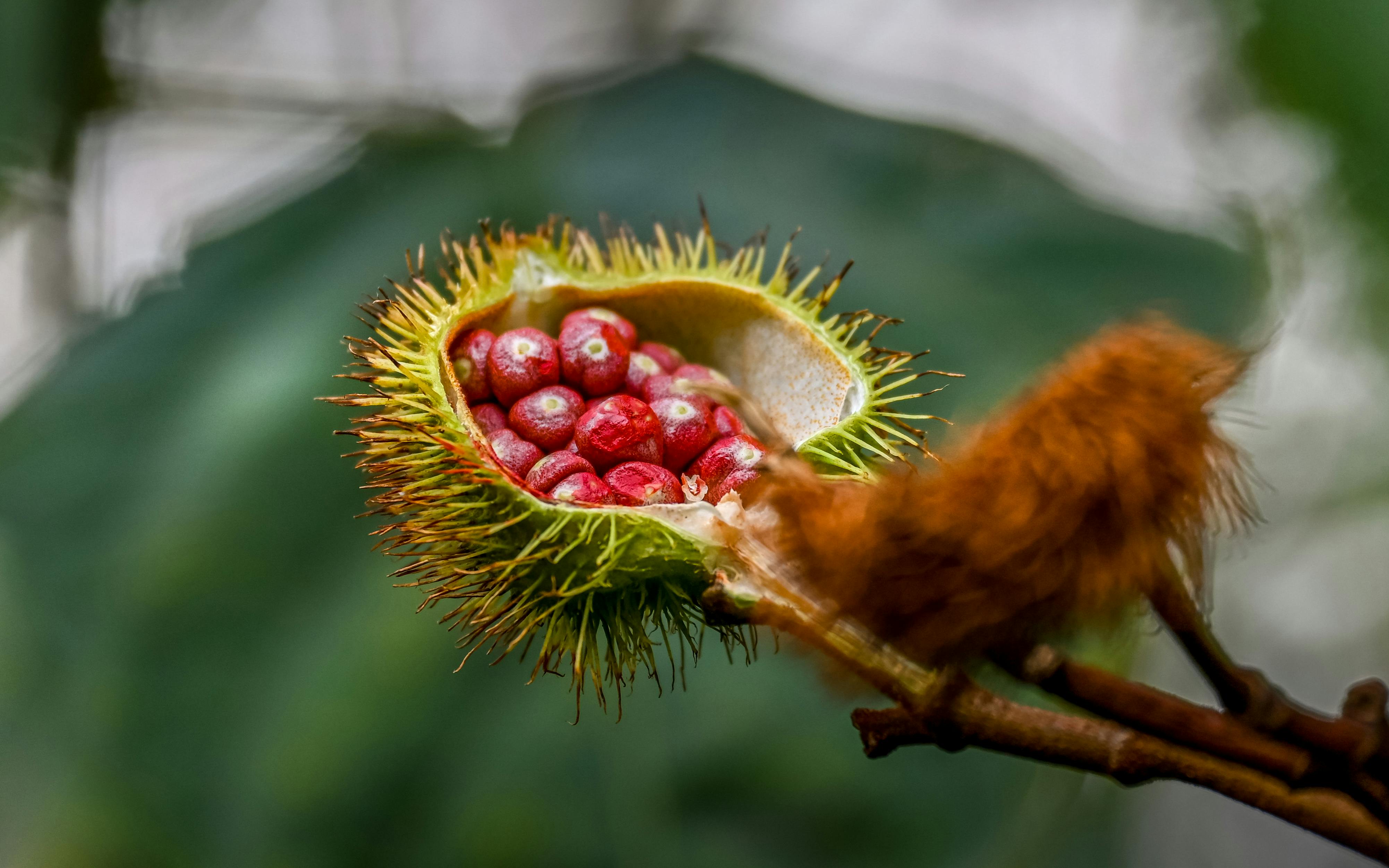
Annatto seeds, best known for providing natural yellow-orange color, offer a highly unique and potent anti-aging benefit for bones through their concentration of delta-tocotrienol. This rare form of Vitamin E is a powerful antioxidant that research suggests actively protects bone cells and may significantly inhibit the activity of osteoclasts (the cells responsible for dissolving bone tissue). Unlike common Vitamin E, tocotrienols appear to reduce the oxidative stress signals that accelerate bone breakdown with age. Using a small amount of annatto-infused oil in cooking, or adding the seeds to rice or stews, provides a daily, targeted defense against age-related bone resorption, helping to stabilize skeletal mass from the inside.
Embracing a Youthful Future
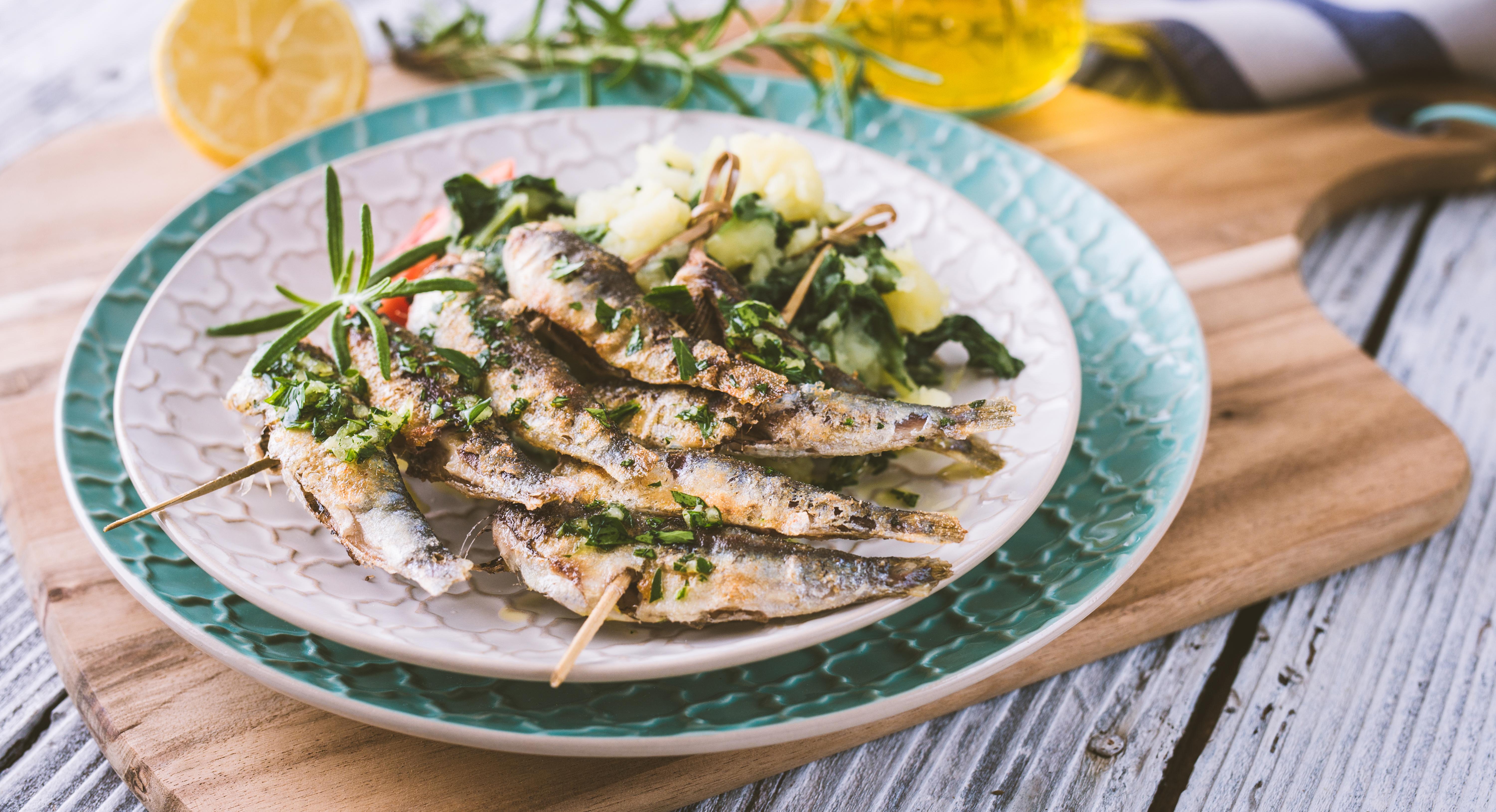
The journey to youthful vitality begins with the choices we make about our diet and lifestyle. By incorporating these powerful anti-aging foods into our daily routine, we can support our skeletal system, enhance our overall well-being, and promote a youthful, vibrant body. Understanding the science behind bone health and the role of nutrition empowers us to make informed choices that support our body's natural repair processes and maintain strong bones throughout life. By embracing a holistic approach to health and wellness, we can enjoy a youthful, energetic lifestyle and embrace the future with confidence and vitality.
